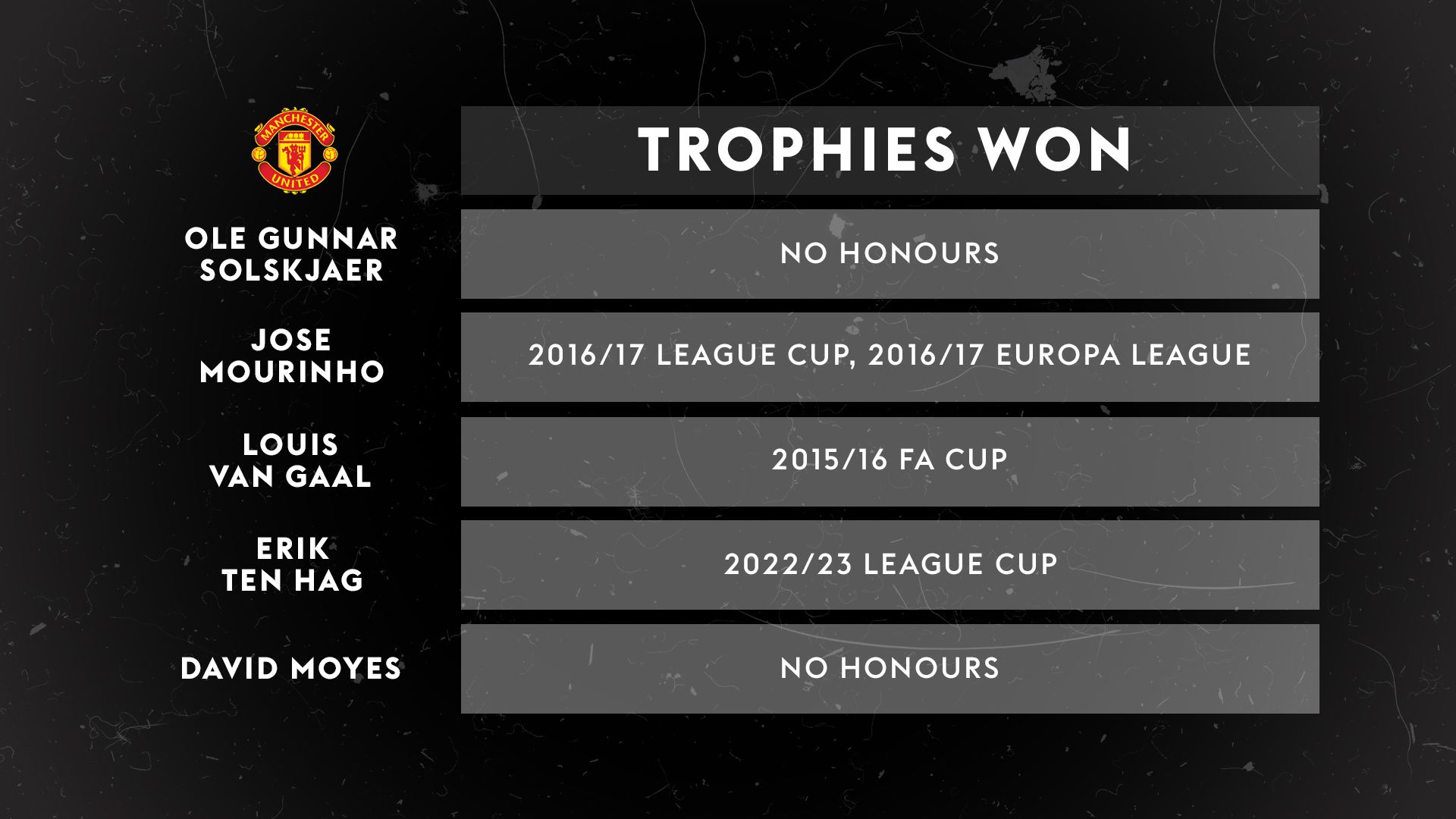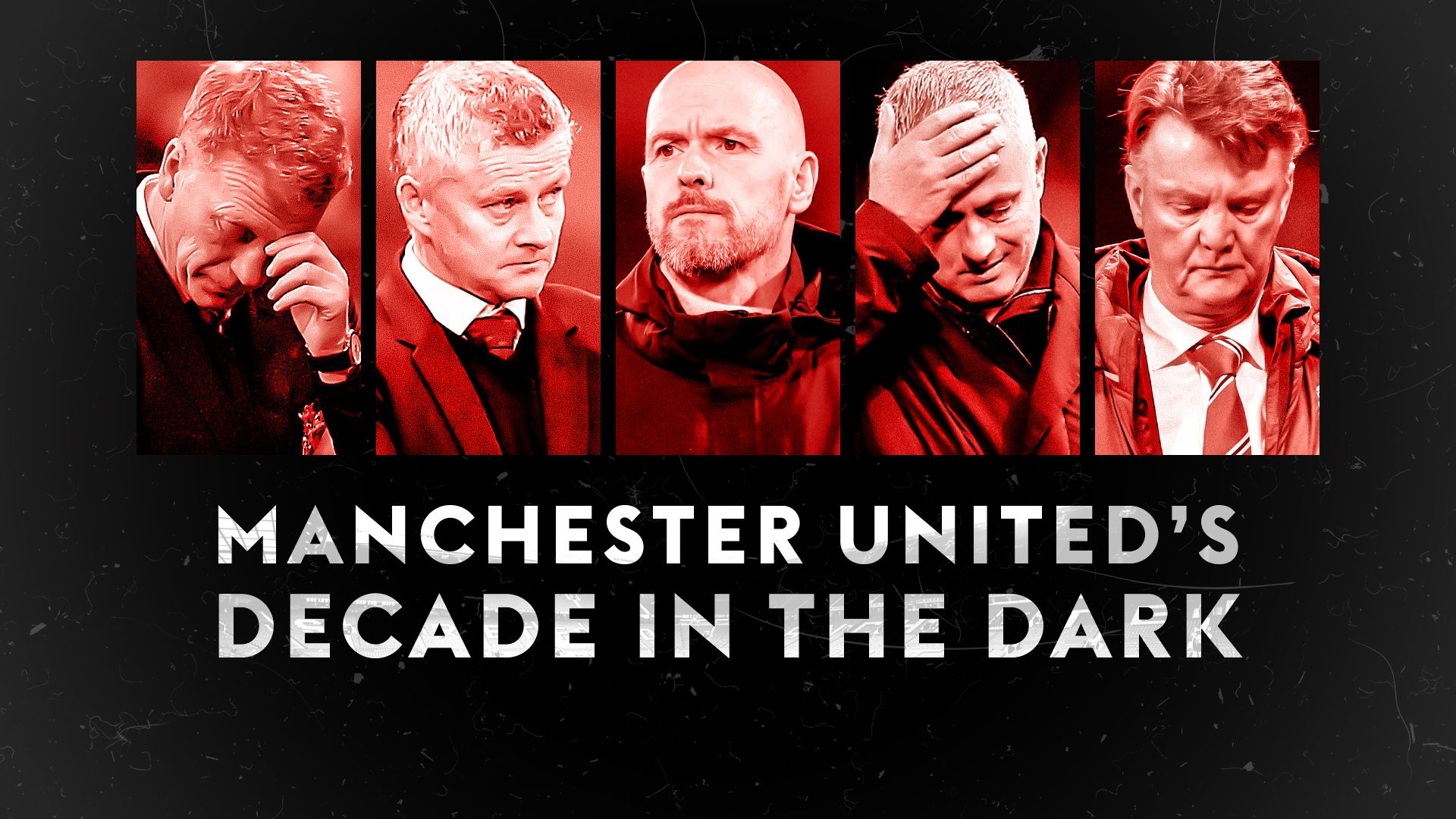
Words by Zinny Boswell
Images by Leon Yearwood and Lee Harvey
Stats by Adam Smith
Videos by Sam Boggon and Harry Hall
When Robin van Persie’s hat-trick against Aston Villa – you remember that volley – clinched Manchester United’s 20th league title in Sir Alex Ferguson’s final season few expected the club would have to wait more than 10 years for the next one.
Ferguson famously asked fans to "stand by our new manager" in his farewell speech at Old Trafford, reminding supporters of the patience he was afforded in bad times.
Since then, United have had five permanent managers, two chief executives and one set of owners, the Glazers. They’ve spent £1.43bn on transfers and £40m on managers while running up a debt of nearly £1bn. Still no title, though.
From the motto of ‘attack, attack, attack’, to ‘sack, sack, sack,’ Britain’s most famous club suffered an identity crisis post Ferguson.
This is a tale of Manchester United's turbulent decade without the Premier League title. It'll either make you laugh or cry, depending on your club allegiances.
Contents
The Chosen One fallacy
King Louis' adventures in Disneyland
The Mourinho melodrama
Ole's at the wheel
Erik's ten months
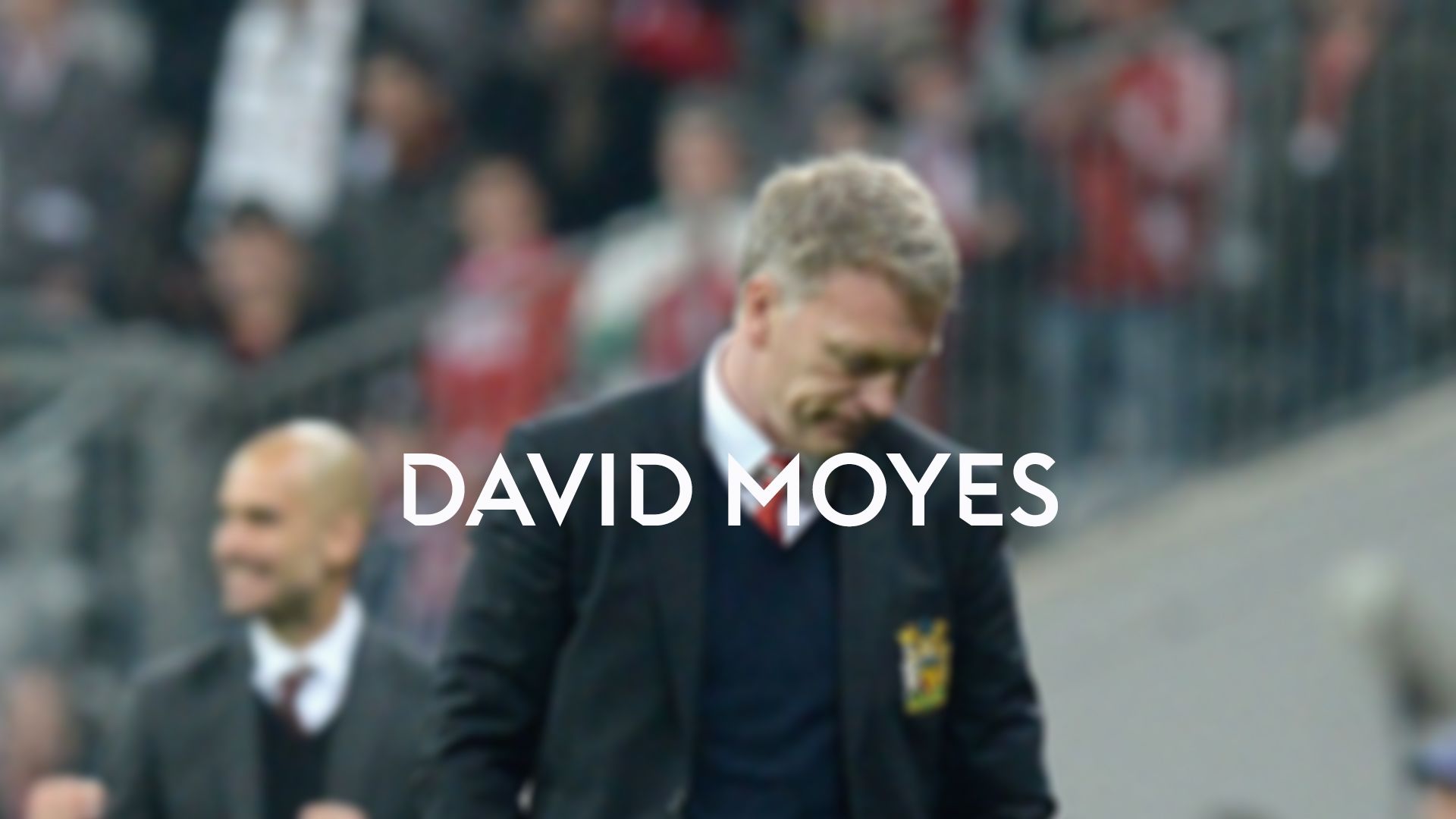
The Chosen One Fallacy
Before David Moyes first sat in his new office as Manchester United manager, he had to check no one was around. He wanted to be certain he was alone.
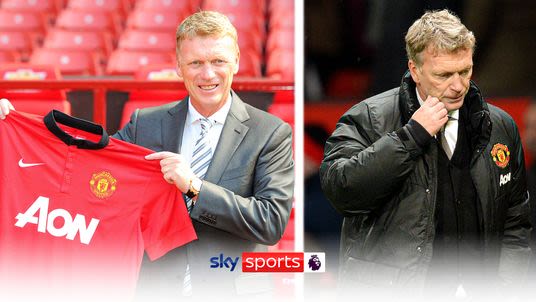
“Sitting in the chair for the first time felt odd,” said Moyes ahead of his first Premier League game. “I did it myself with nobody looking. I thought I'd have to see how it feels in case anybody thought I looked stupid."
This was really His office.
“Why would he say that about Sir Alex’s chair?" Guardian reporter Jamie Jackson, a Manchester United correspondent for more than 10 years, tells Sky Sports. "I would have got rid of Sir Alex’s chair and reconfigured the office.”
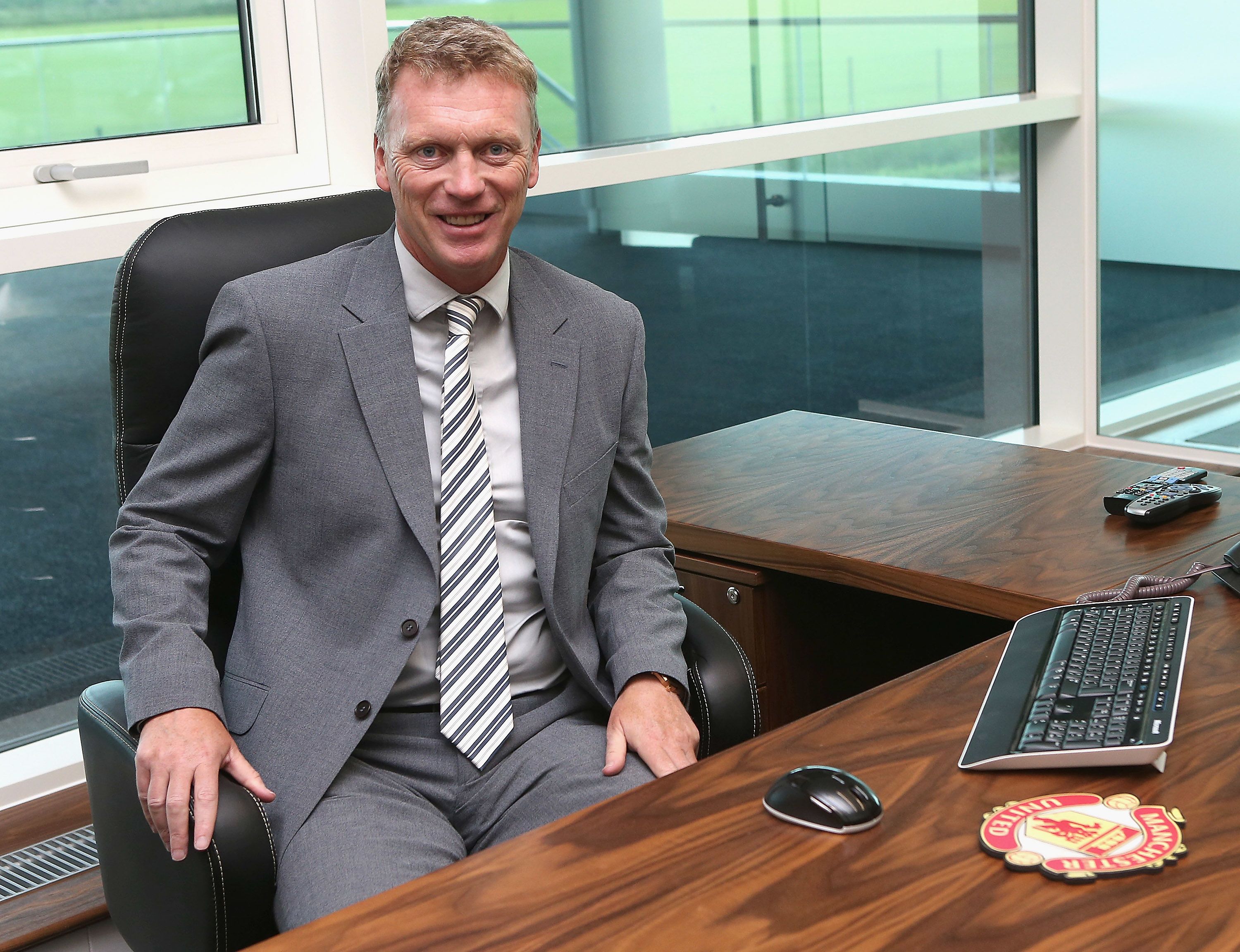
This image of 'The Chosen One' sat in Ferguson’s old office would become the meme that defined his short-lived tenure at Old Trafford along with the words: “I have no idea what I’m doing.”
Moyes slowly discovered - not fast enough - that his every move was under microscopic scrutiny. Mere weeks into his reign, on United's pre-season tour, it became apparent that he was a fish out of water.
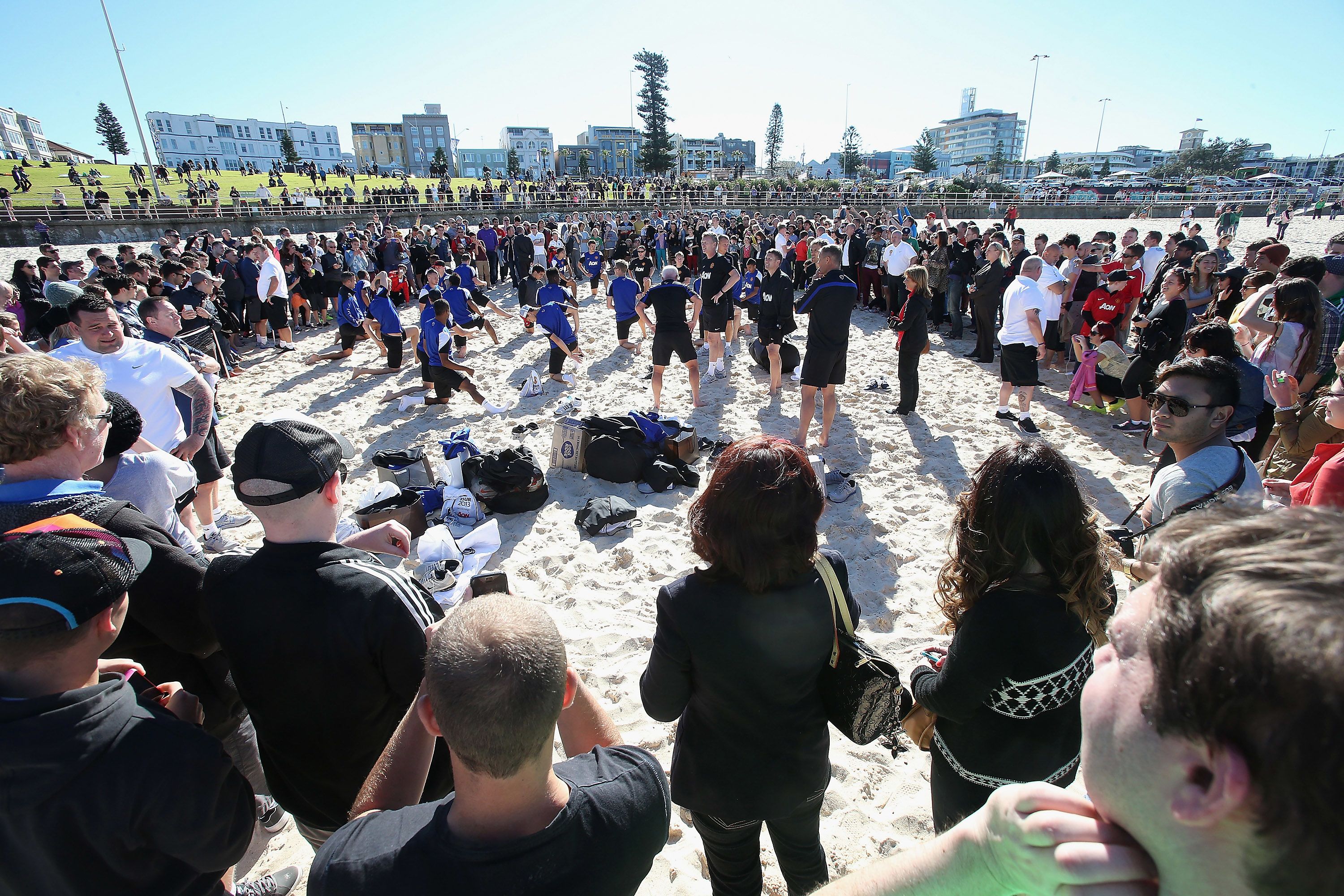
An ill-advised trip to Bondi Beach in Sydney - something Moyes had done with Everton - descended into a frenzy in minutes as locals swarmed the Premier League champions and they reportedly had to take refuge on the rooftop of a local nightclub.
In fairness to Moyes, he didn’t just invite the chaos at United, he inherited it in the shape of Ed Woodward.
It was Woodward who oversaw the unmitigated disaster that was Moyes’ first - and last - summer at United as the Scot scrambled around for world-class signings, chasing after Tottenham's Gareth Bale and Barcelona's Cesc Fabregas.
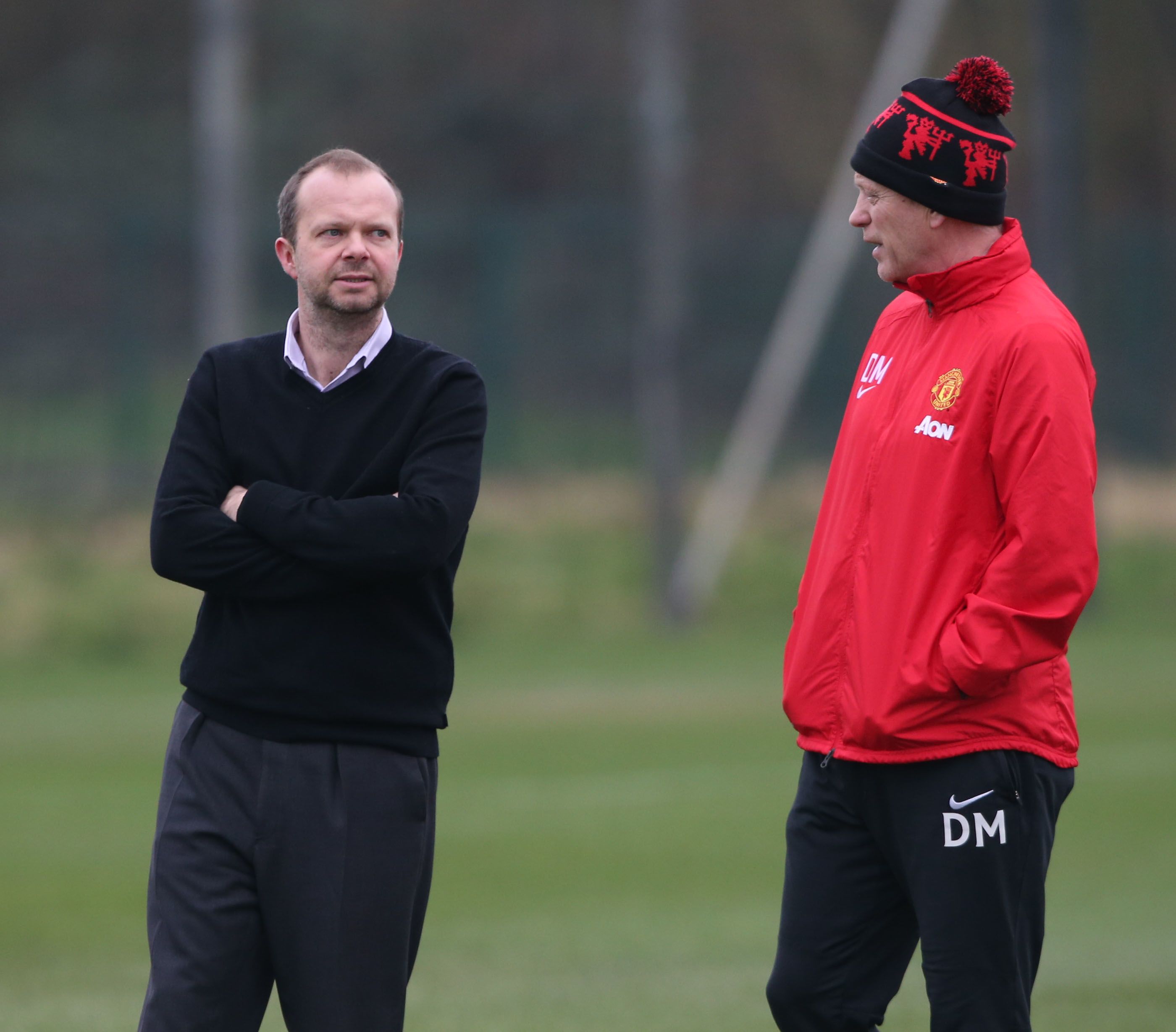
Woodward sent Twitter into meltdown in July when he briefed that he was heading back to the UK from the tour in Sydney for "urgent transfer business". As the weeks wore on, still no signings materialised and nor did Woodward.
"For us journalists, that's a great story," says Jackson. "But why give that information out? We never saw him again on the tour. Woodward was a little bit too naive. That summer they went after everyone. It was a farce.”
Twitter was speculating about Woodward’s whereabouts until, 47 days later, he delivered the signing of Marouane Fellaini on Deadline Day. Far from putting an end to the jibes, Woodward was now a laughing stock. It was amateur hour at Manchester United.
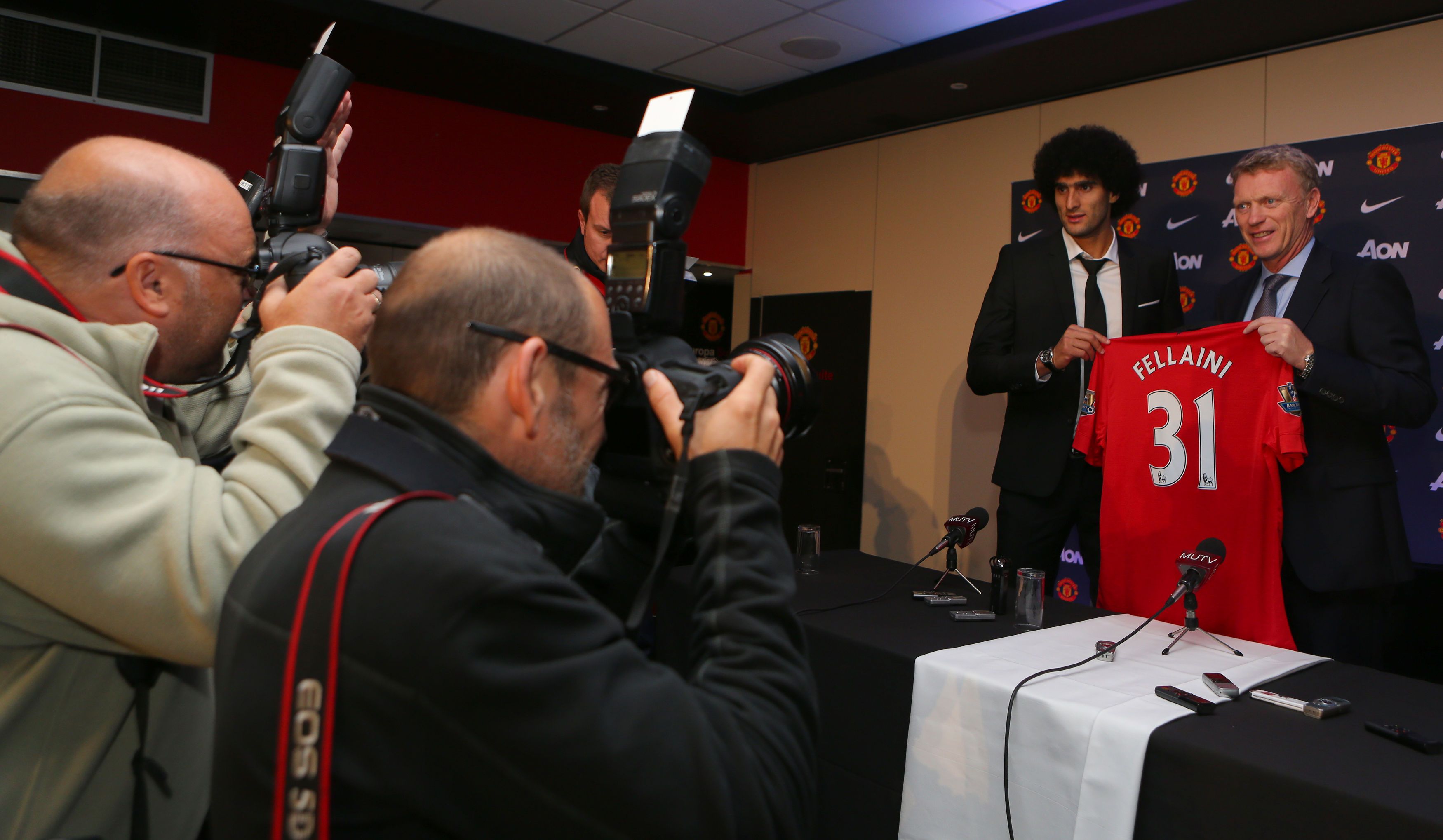
"It's the call you always wanted if you were another club," former United captain Gary Neville tells Sky Sports. "You wanted Ed Woodward to ring you up because you knew full well you were going to get a load of money for your player."
Moyes never recovered from his summer from hell. The former Everton manager had made his name playing pragmatic football, but it wasn’t enough for United. He managed just one league win against the eventual top six, beating Arsenal at home.
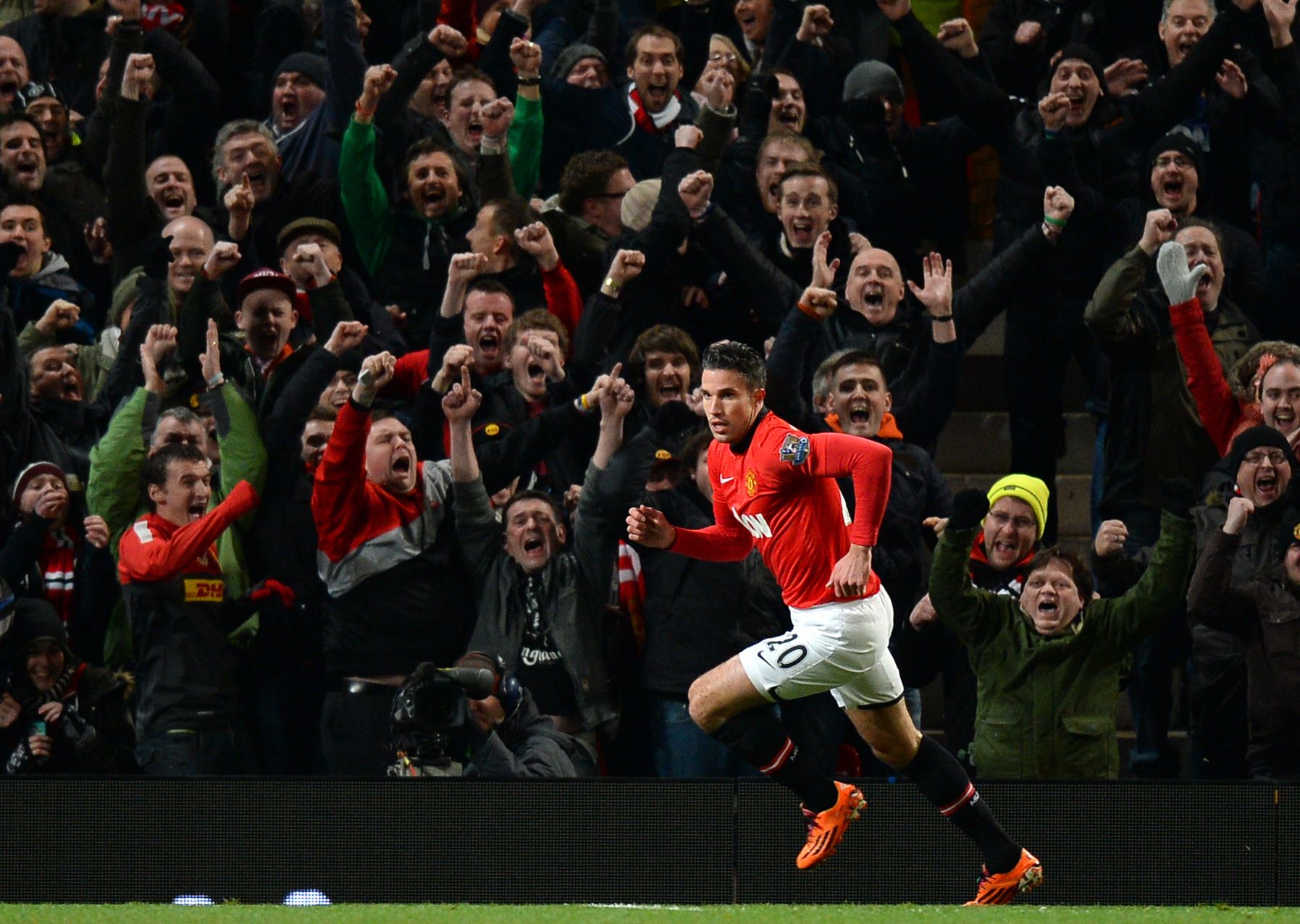
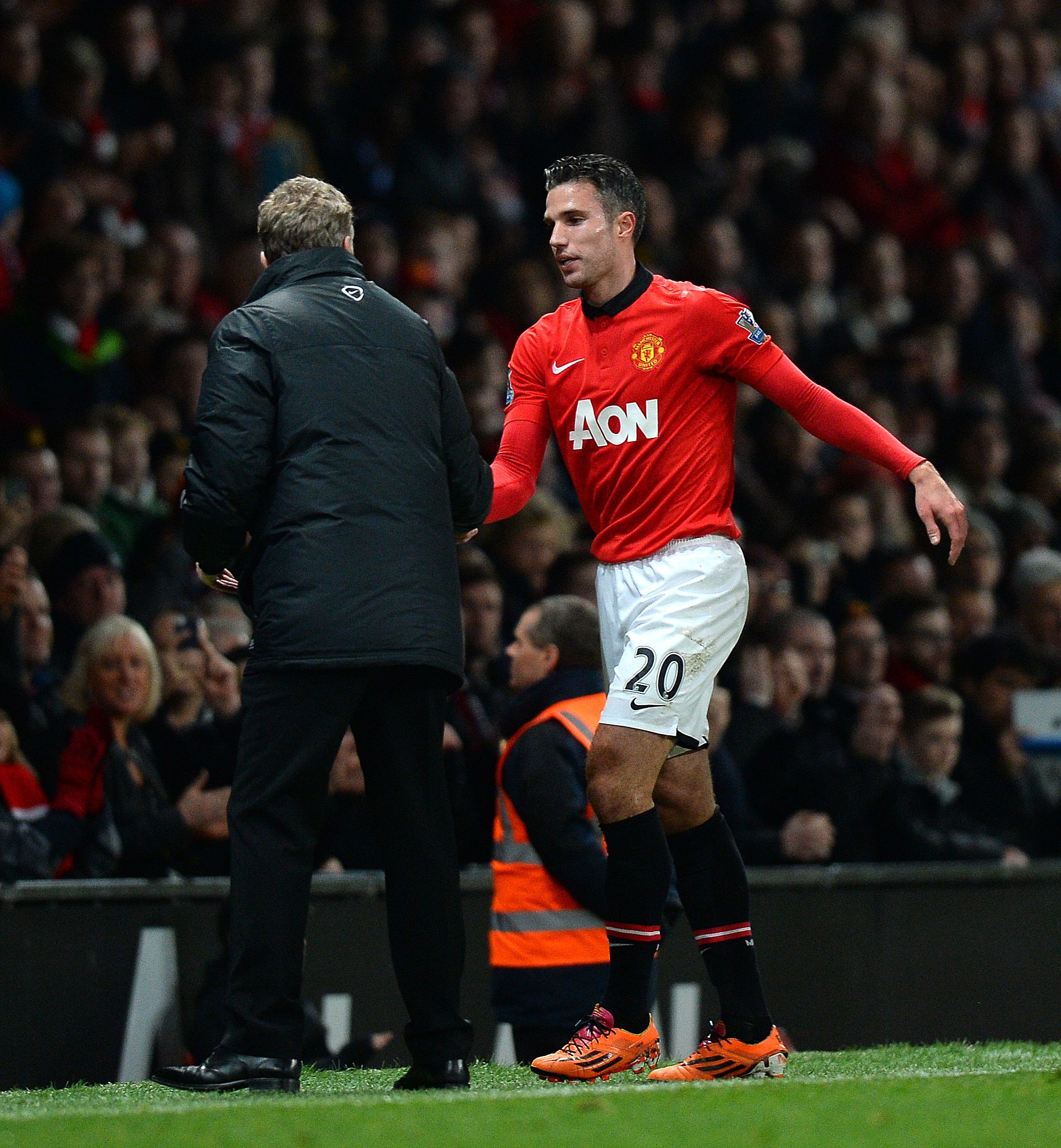
Man City and Liverpool skipped out of Old Trafford with three goals and a clean sheet while West Brom and Everton won there for the first time in 35 and 21 years respectively. The Theatre of Dreams had become a Haunted House of Horrors.
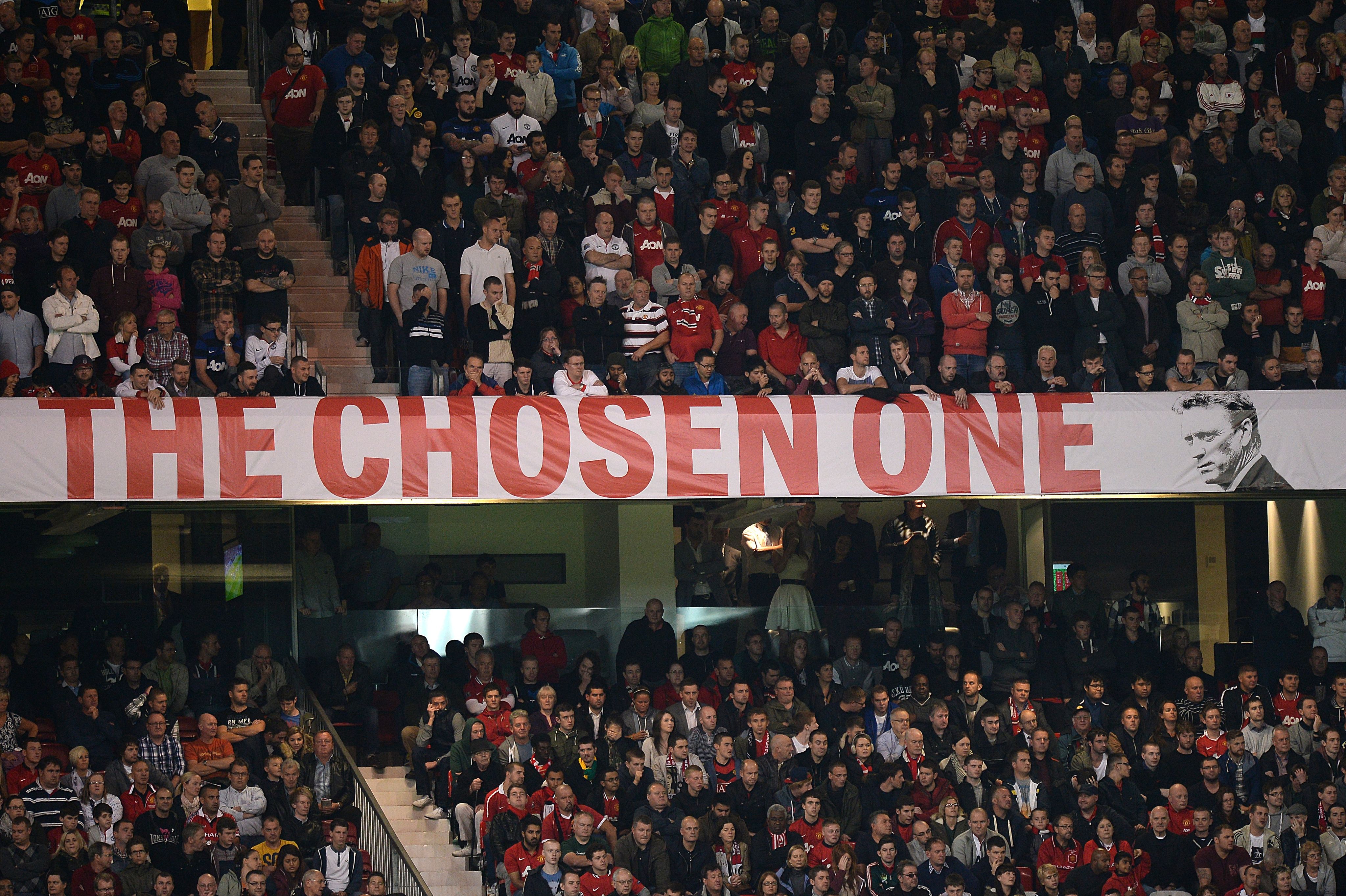
Ferguson's successor lost the confidence of the players and the club finished the season without European football for the first time since 1980. Last season’s champions by 11 points were unrecognisable.
Had Moyes inherited a team in decline?
“Utter nonsense,” Rene Meulensteen, assistant to Ferguson from 2007-13, tells Sky Sports.
“They didn’t become bad players overnight. It was the result of the change. I don’t think they anticipated the new situation in a great way.”
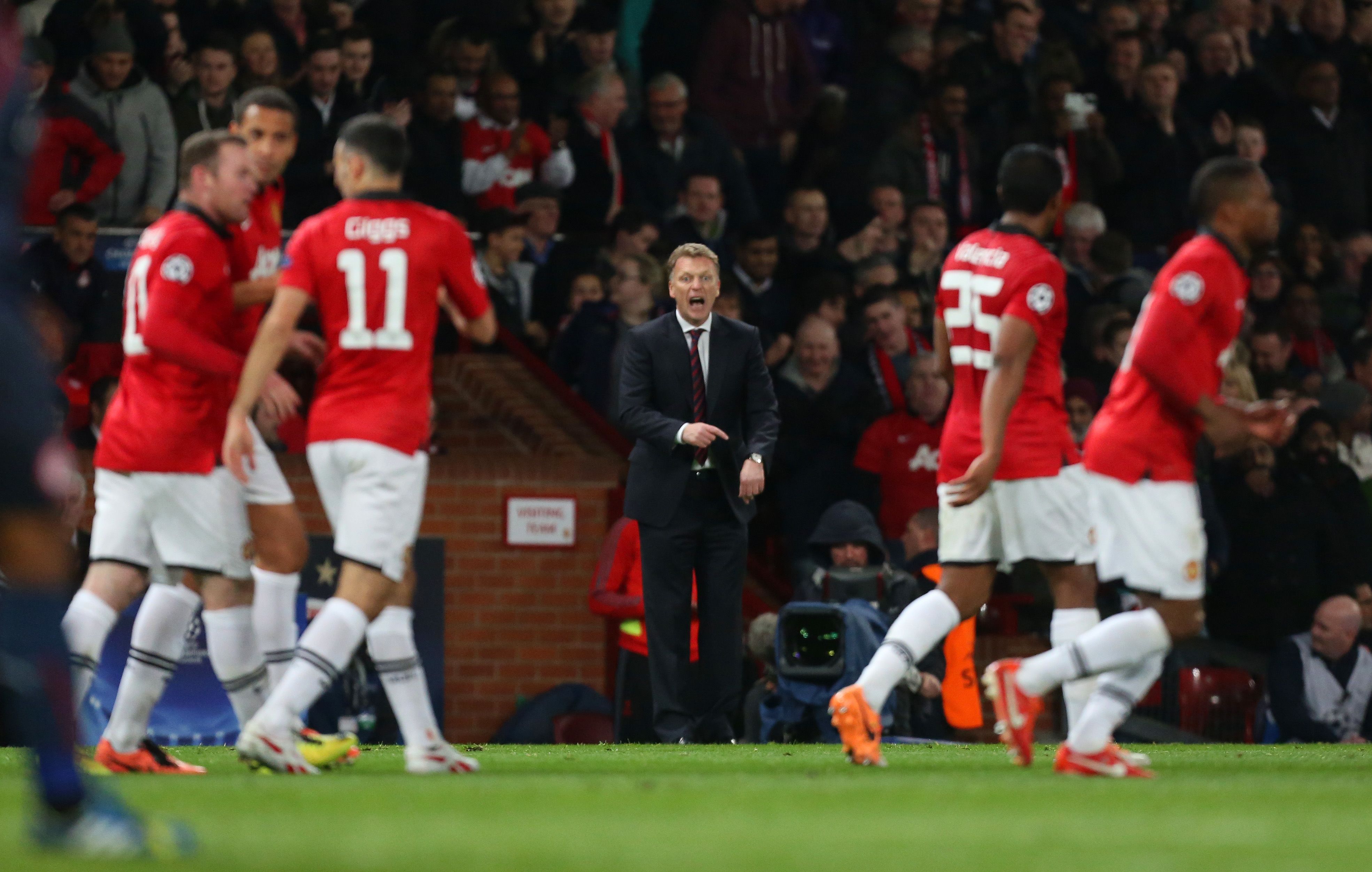
Things might’ve been different had Moyes enjoyed more luck in the League Cup. United were beaten 2-1 on penalties by Sunderland in the semi-final at Old Trafford in a slapstick shoot-out.
The Scot’s best nights came in the Champions League. The Moyes era hit its peak when Patrice Evra’s thunderous effort at Bayern Munich put United ahead in the quarter-final tie. It lasted 73 seconds before the Germans equalised and then dumped them out.
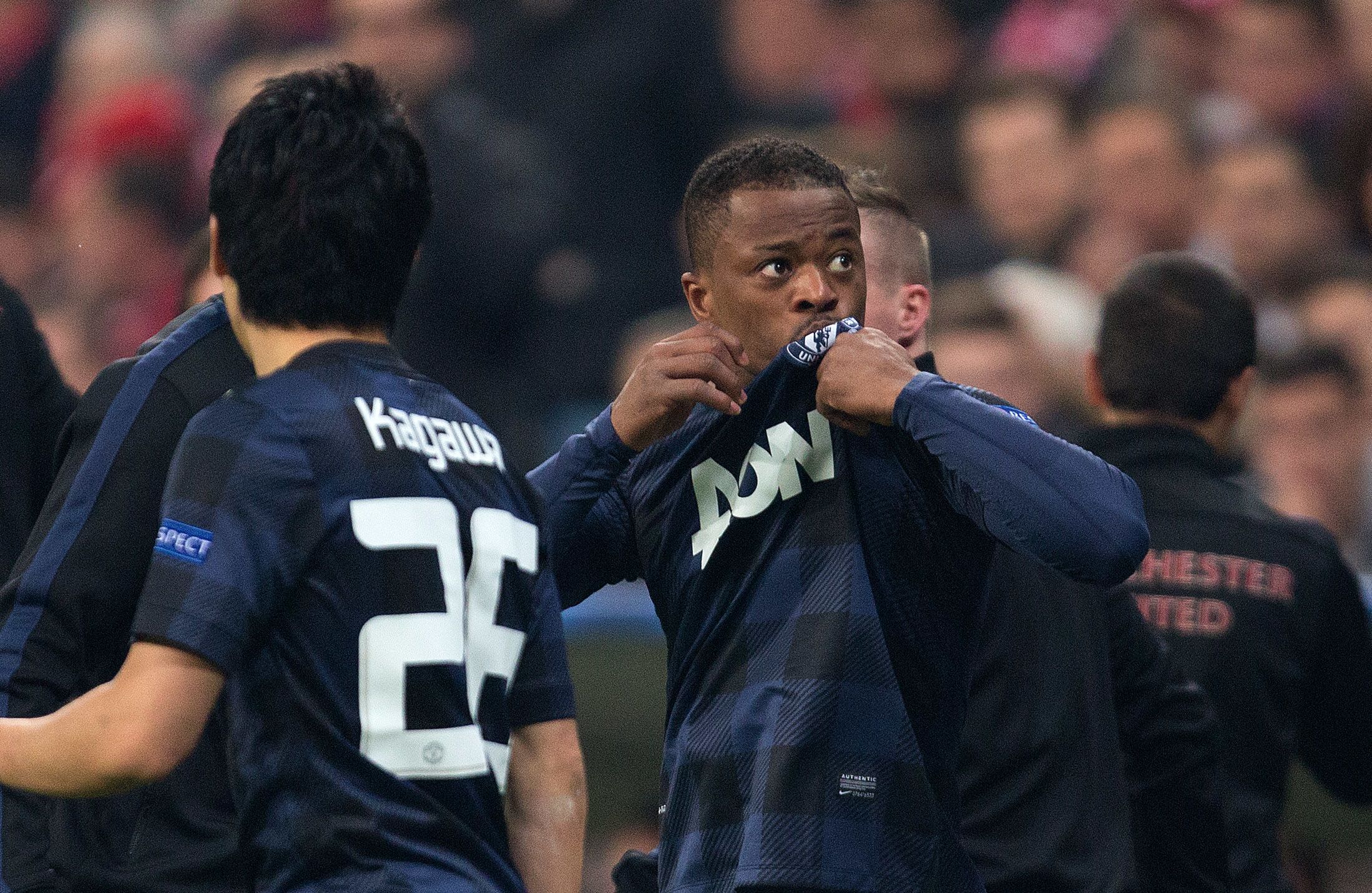
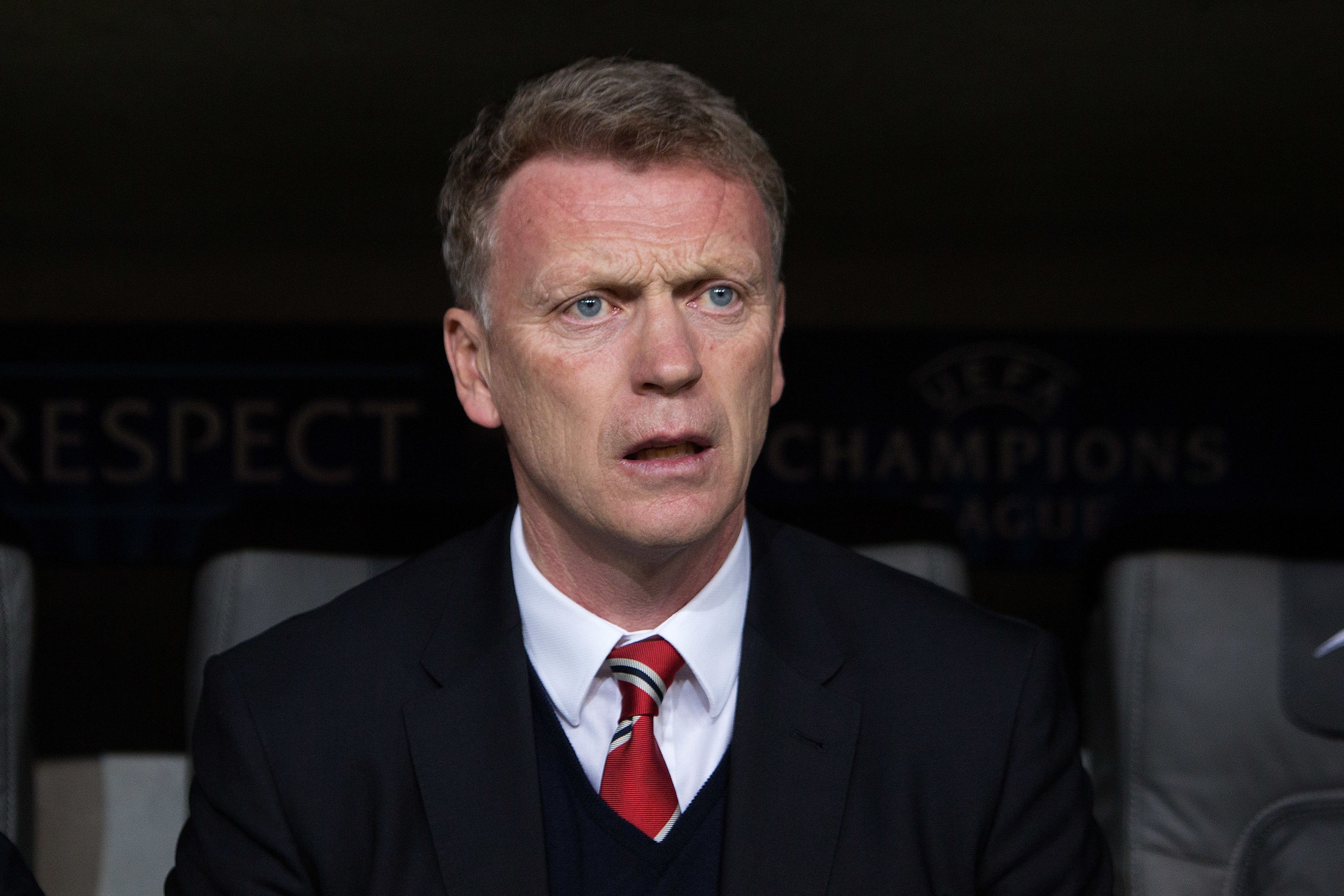
A representation of Death came to visit Moyes for his final game in charge as United were beaten 2-0 at Goodison. The forlorn manager was taunted by an individual in the stands dressed as the Grim Reaper. His limp scythe an apt portrayal of United’s season under Moyes, who was let go 50 games into a six-year contract.
"That was the lowest point of the decade," says Neville. "To give a manager a six-year deal – whether it was right or wrong – and sack him after eight months, to me that signalled the start of a new period of reactive leadership."
Ferguson's final words of support for the man to whom he bequeathed his throne were long gone. 'The Chosen One' was actually 'The Wrong One'.
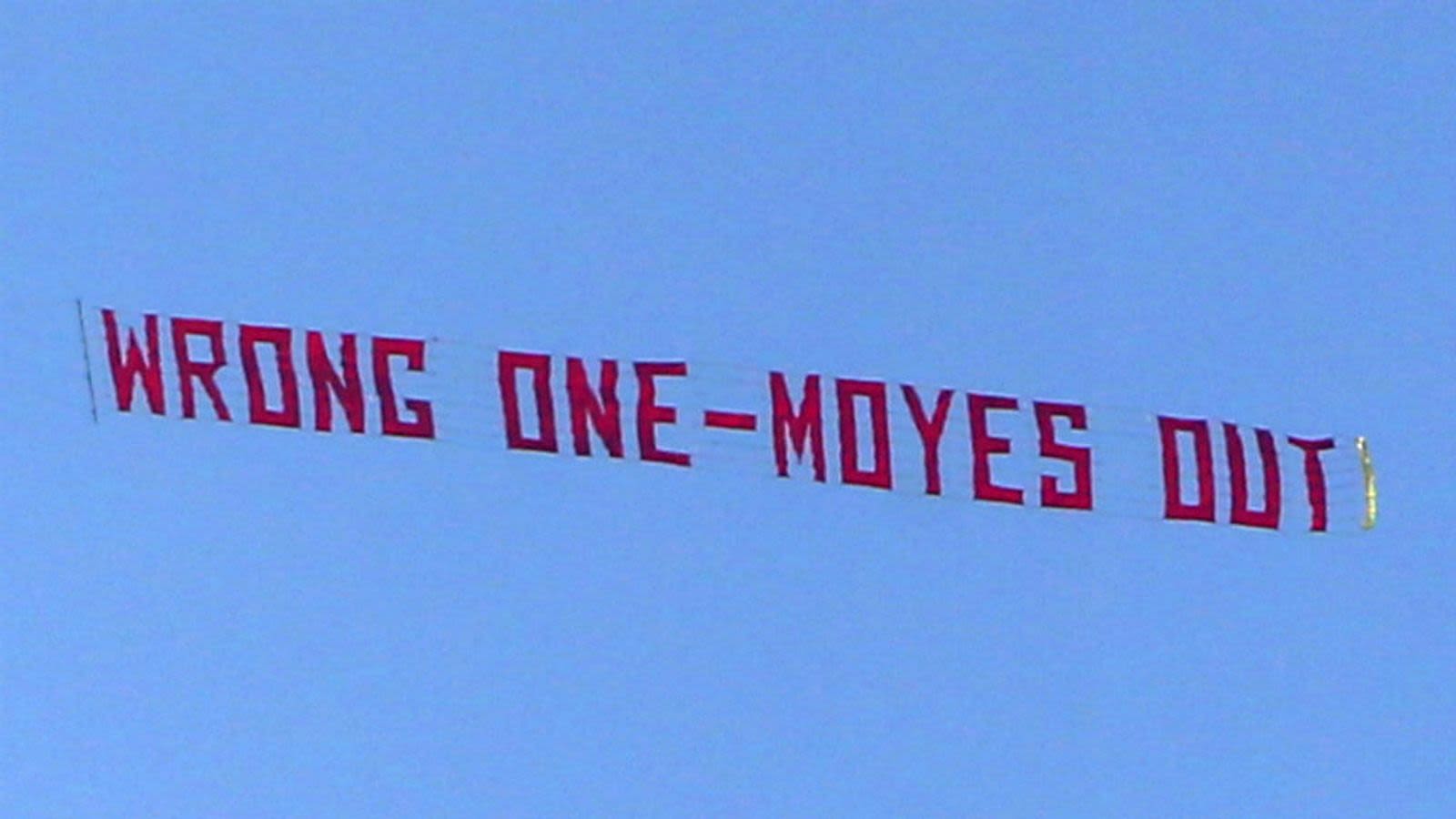
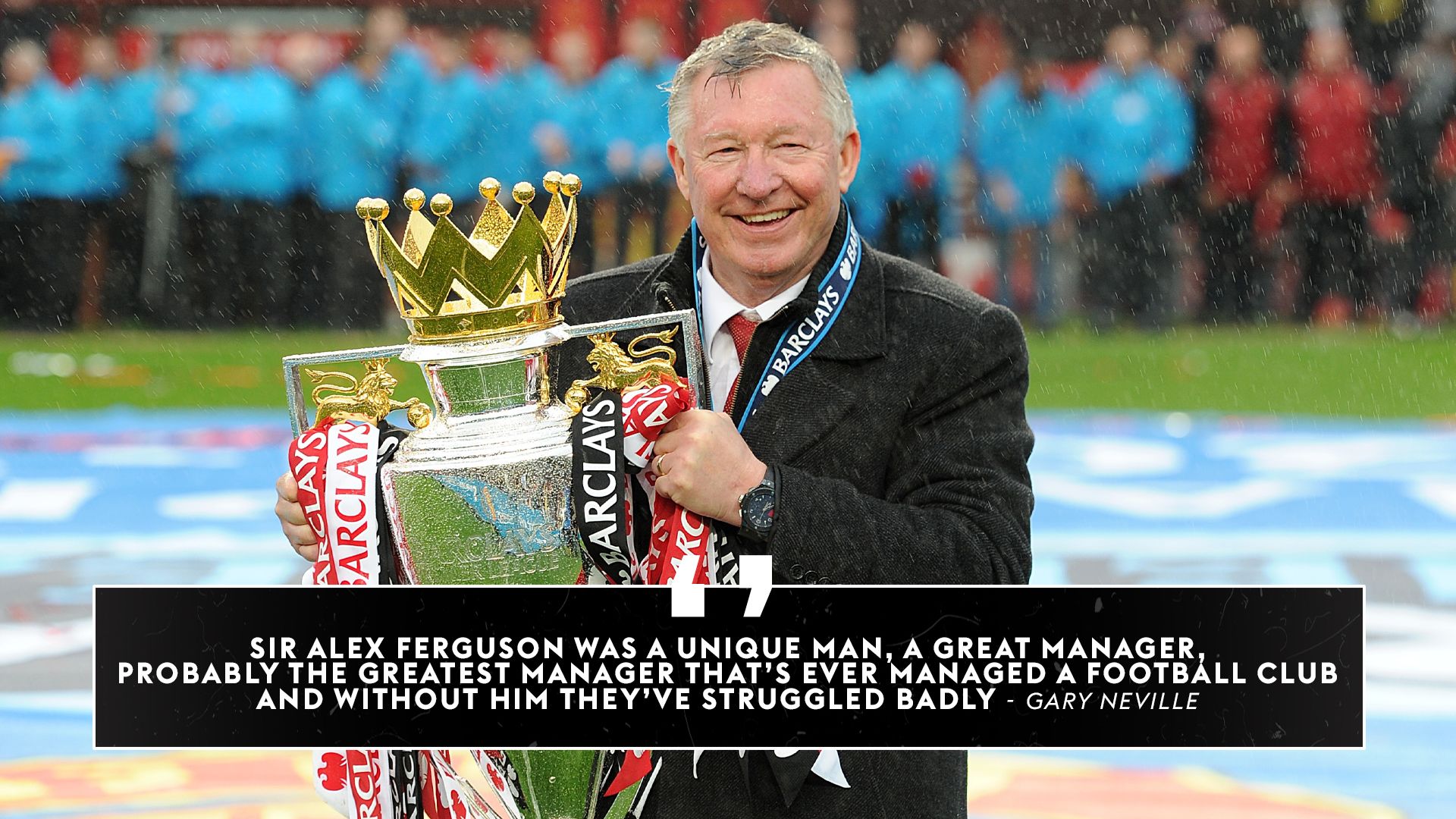
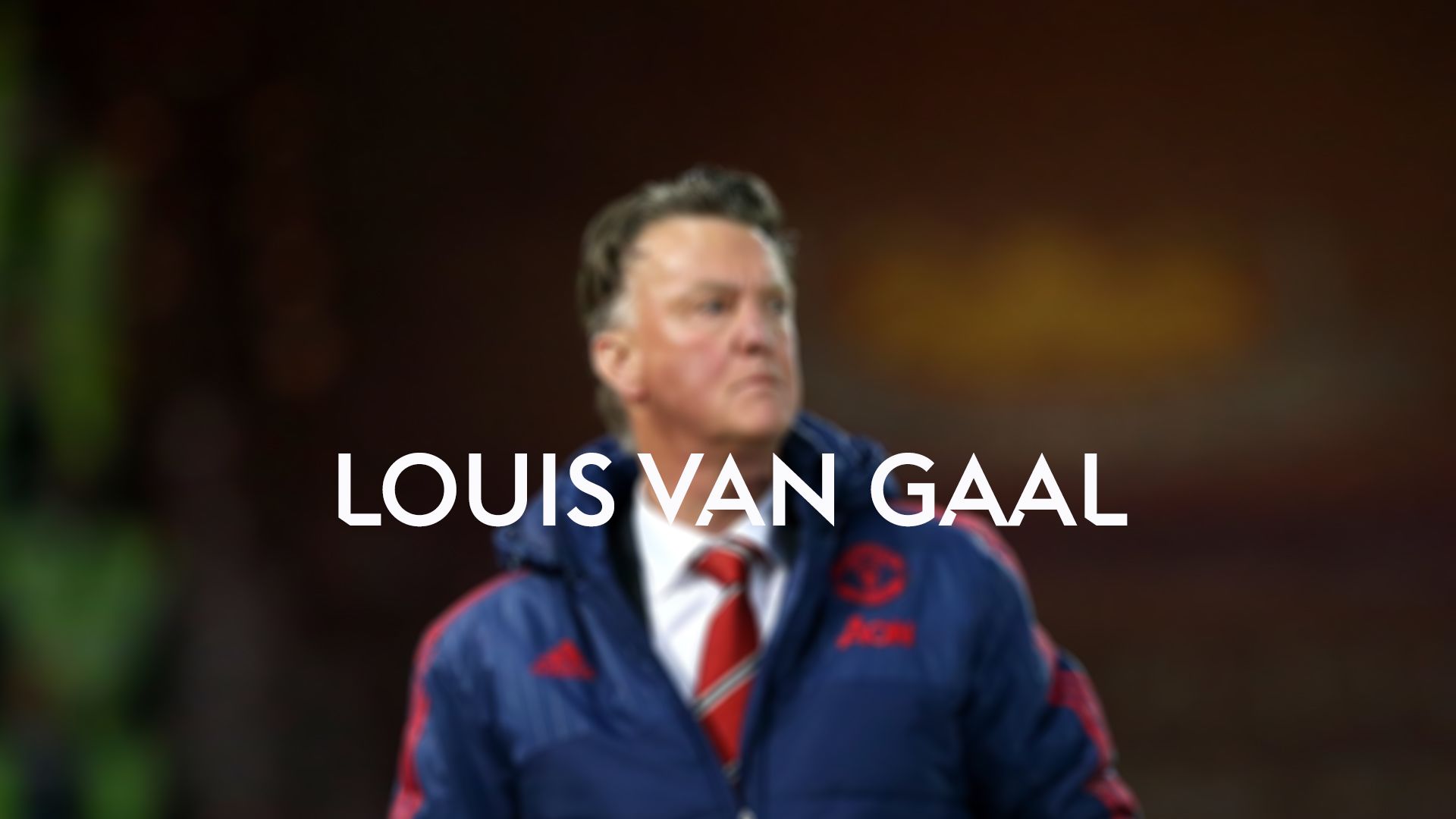
King Louis’ adventures in Disneyland
Louis van Gaal rarely ever braved his technical area. His philosophy sacrosanct, rendering tactical instructions in the heat of battle redundant.
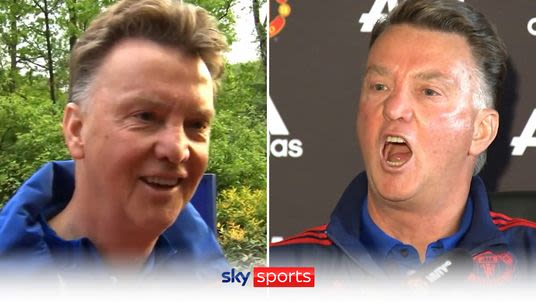
So, as the headmaster-like figure marched down to the touchline, Old Trafford knew something was coming. No one expected this, though.
As Van Gaal lay at the feet of fourth-official Mike Dean - re-enacting what he felt were theatrics from Arsenal's Alexis Sanchez by throwing himself to the floor - almost every set of eyes in the arena were trained on him.
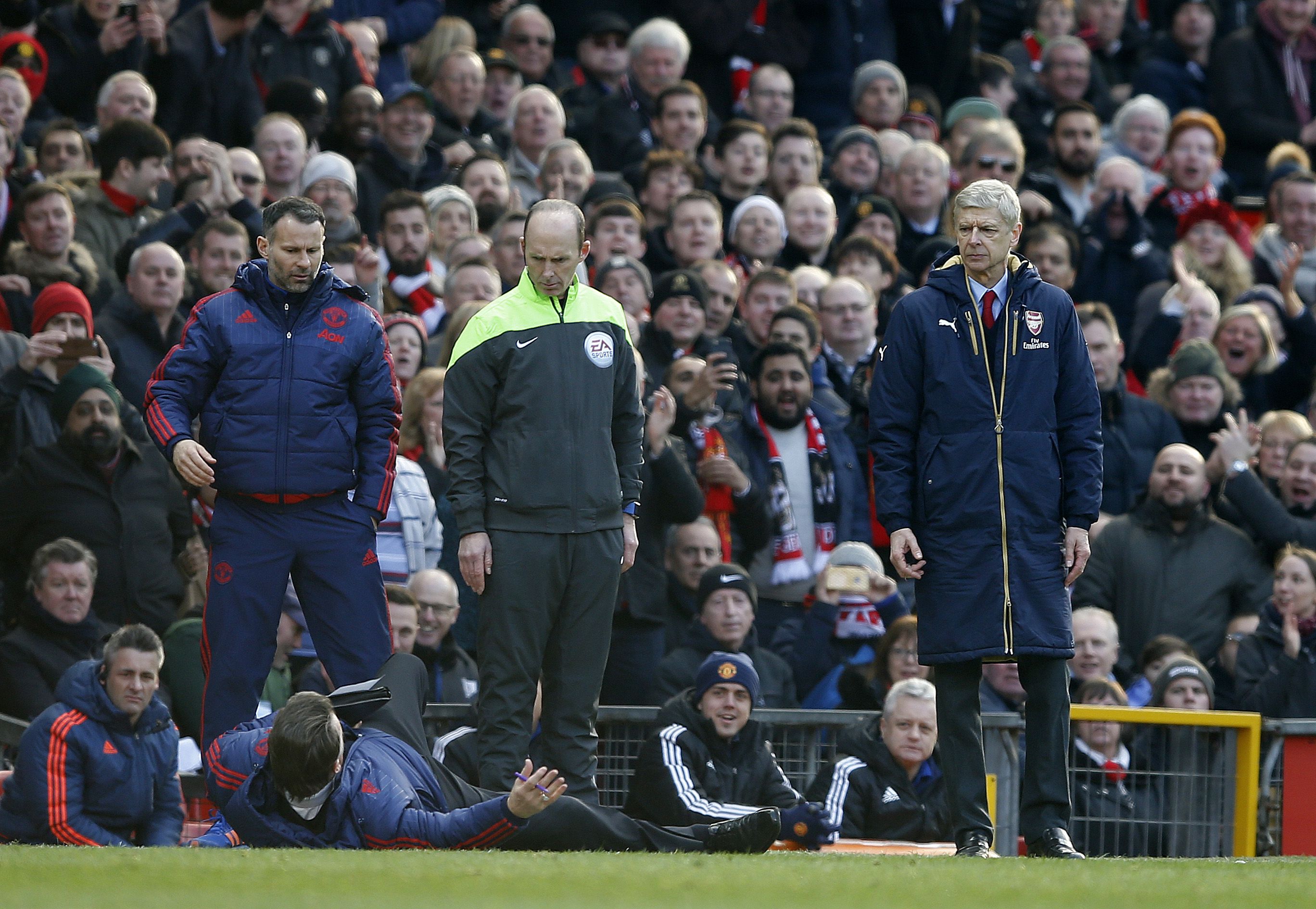
"He was absolutely hilarious," says Jackson. "As a writer he was gold dust. He was charismatic and had a very hilarious way of being. A very Louis van Gaal way that you couldn’t help but warm too."
As the image conveys, Van Gaal - and his quirks - split opinion. You only need to compare the response of Arsene Wenger and the blonde figure over his shoulder applauding Van Gaal. Where some roared with approval others scowled with bemusement.
Things could've panned out differently had Woodward got his way. He reportedly did his best to tempt Jurgen Klopp from Borussia Dortmund but apparently the pitch of Man Utd being Disneyland for adults didn’t convince the future Liverpool manager of the sporting project at Old Trafford.
"If you are the richest club in the world and you can’t hire an alpha manager like a Pep Guardiola or Klopp, then there is something wrong because you have the resources," says Jackson. "It points to mismanagement from the top."
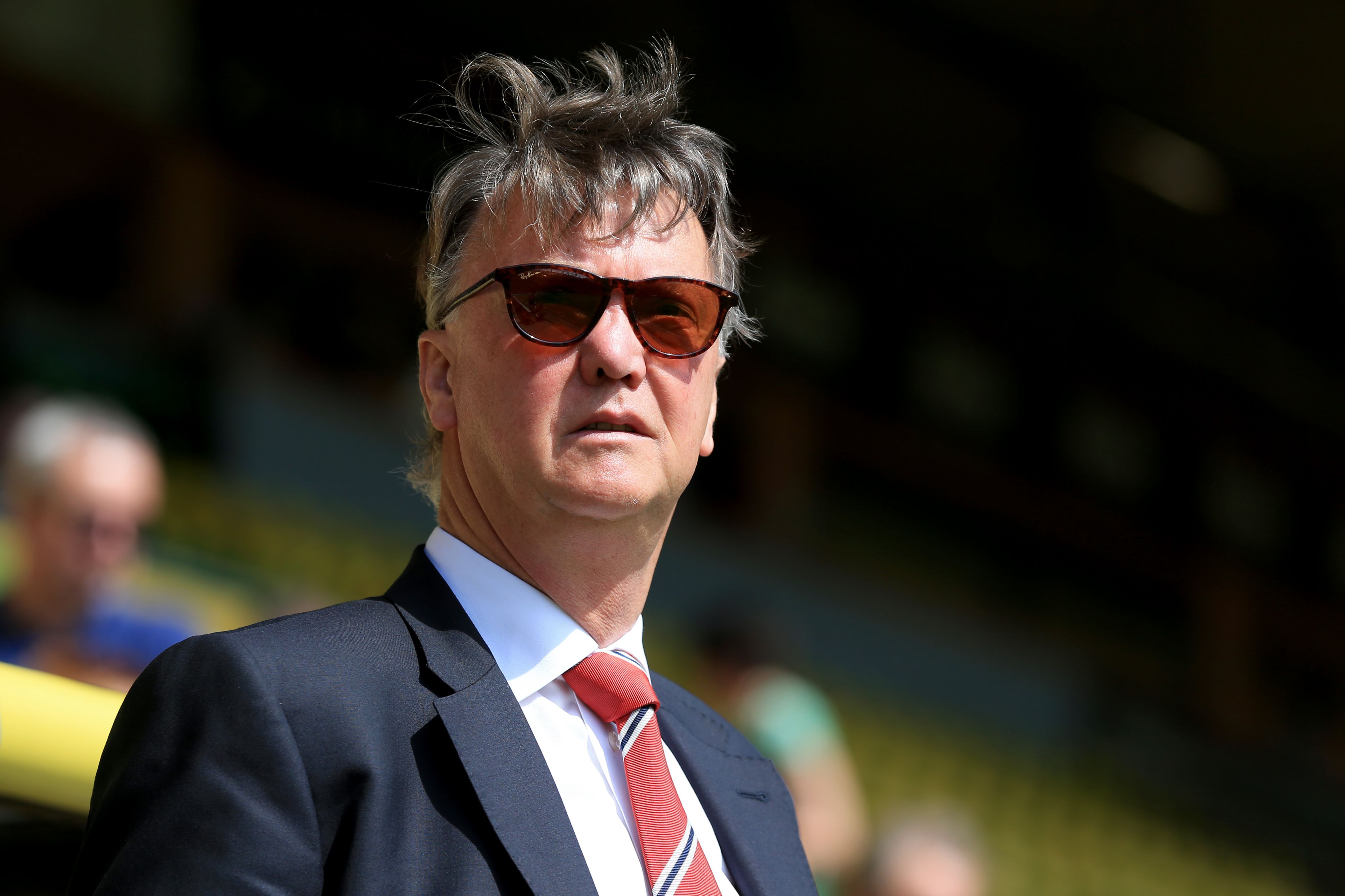
Van Gaal was settled upon as the next best thing. Moyes had been too green, but Van Gaal had been around the block. He’d done this before. Where Moyes cowered in the spotlight, Van Gaal’s charisma came to the fore. Surely the club wouldn’t be too big for him.
“Maybe it is too big a club,” Van Gaal told MUTV when he arrived at United. “Not only in a sporting sense but also commercially. I have to adapt to this big club but I think also this big club has to adapt to Louis van Gaal.”
However much he disliked the commercial machine, it allowed Van Gaal to spend £281.5m over two years. Considering inflation in the transfer market, this is an outlay north of £400m in today's money.
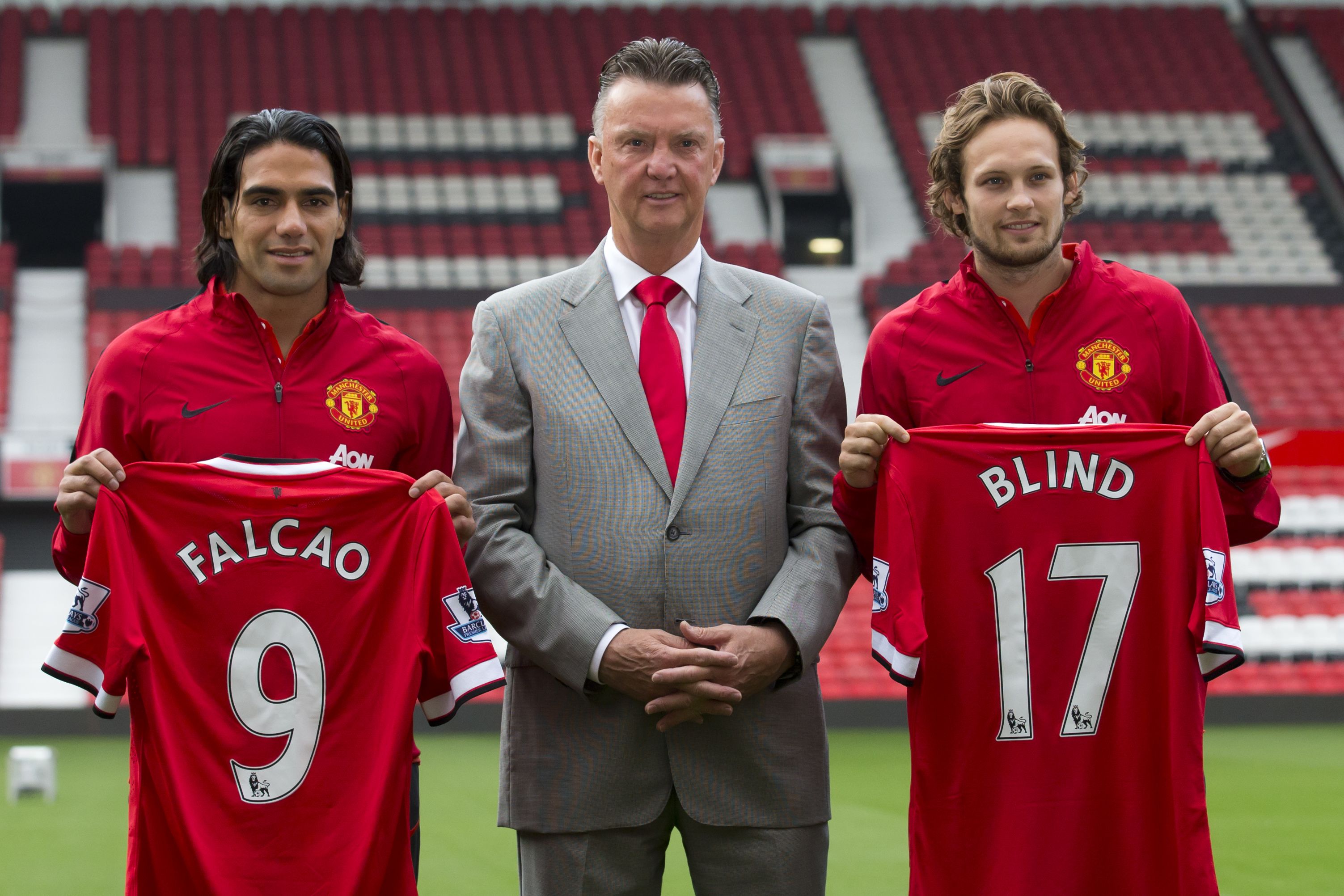
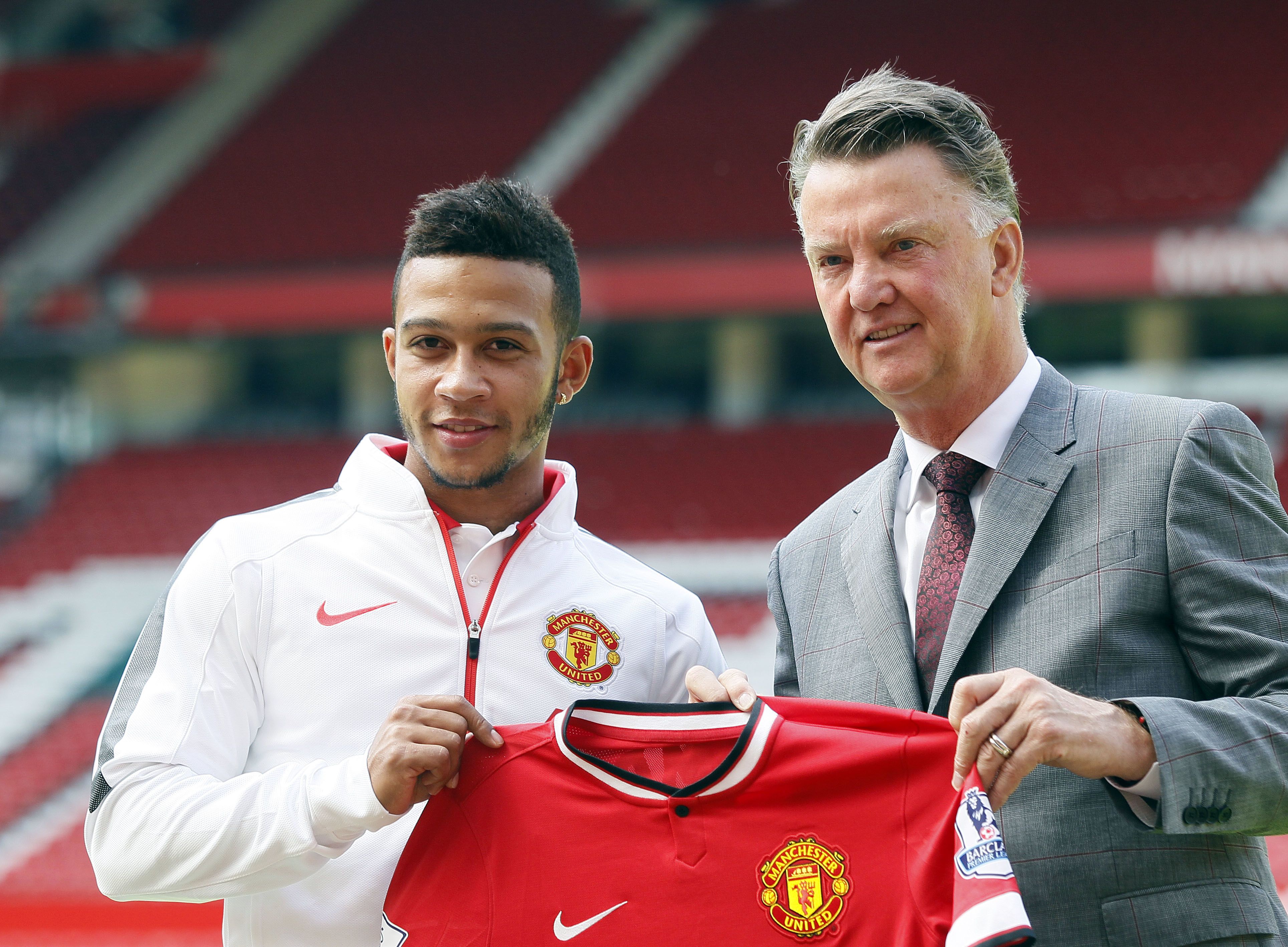
For all the expenditure, Van Gaal’s United played a boring, turgid brand of sideways football. Van Gaal blames this on not getting the players he wanted, but the former PE teacher was treating the players he did have like schoolchildren. Instinct was stamped out as he tried to imprint his rigid philosophy.
“It wasn’t the right formula for Manchester United,” Meulensteen tells Sky Sports. “He is very pragmatic, gives a lot of instructions to players which has an impact on their creativity and expression. That’s the opposite of what Sir Alex's teams were.”
Van Gaal outlasted Moyes after securing Champions League qualification in his first season with a fourth-placed finish. But he wasn't immune from the embarrassment his predecessor endured. The 4-0 thrashing at League One MK Dons will live long in the memory as one of United’s lowest ebbs post Ferguson.
Van Gaal’s interactions with the media helped to offset his soporific style. The Dutchman went full Rafa Benitez after being accused of playing long-ball football by Sam Allardyce and brought a stats dossier to his next press conference as he explained why the West Ham boss was wrong.
Not even United’s press officer Karen Shotbolt, sat next to Van Gaal, could hide her dismay as her polite smile soon turned to a grimace. Skip to 2:30 in the video to catch the moment below.
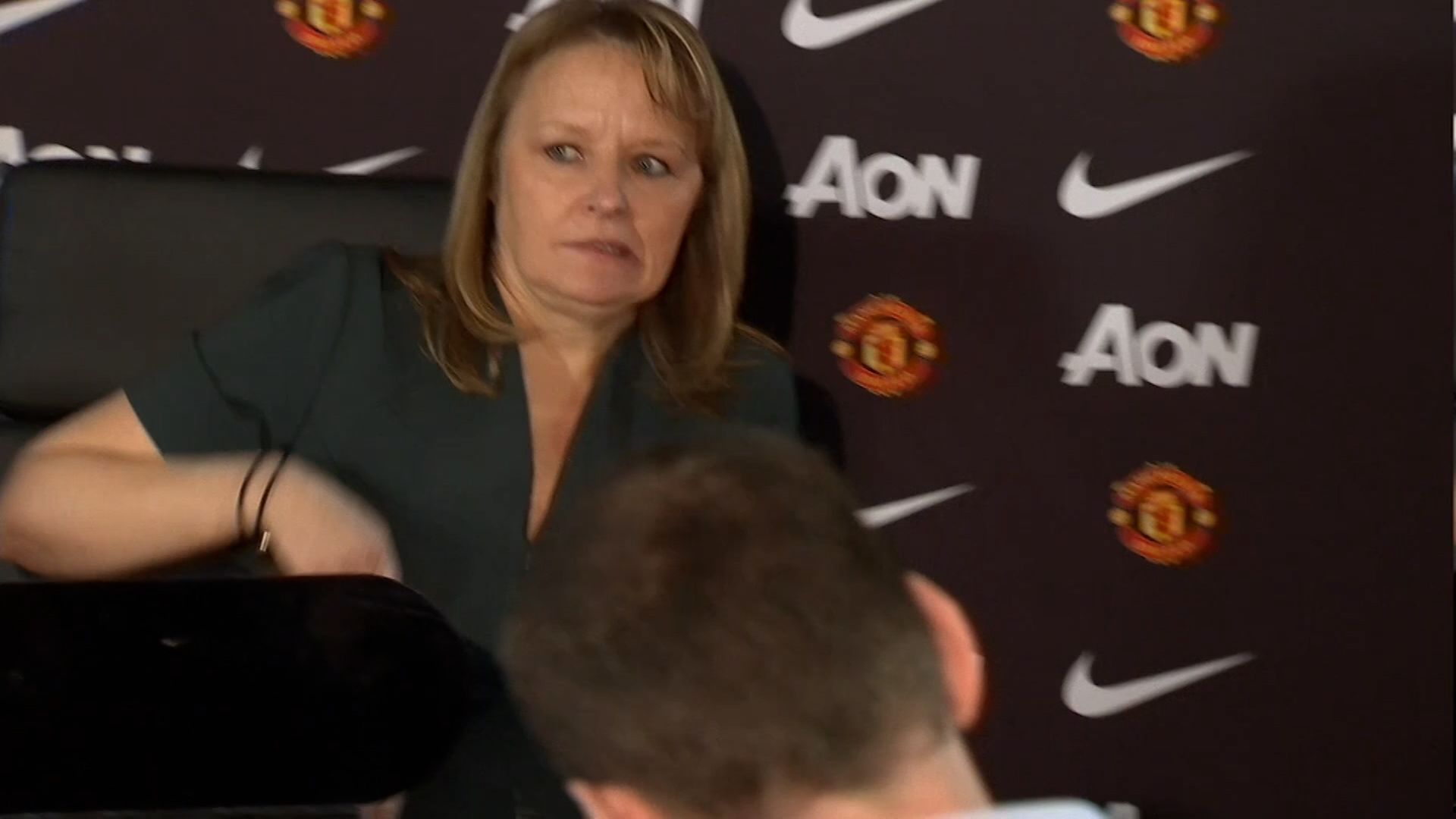
"No manager who is in control of his team would have to do that," says Jackson. "He wasn’t getting the results and they were really boring. He was popular, but you need to entertain United fans."
Van Gaal faced a mass exodus in his second summer as players became disillusioned with his methods.
Angel Di Maria, signed for £59.7m as the British record transfer, left for Paris Saint-Germain with just four goals to his name and a scathing assessment of the manager.
“Van Gaal was the worst coach of my career,” he told Marca. “I would score, assist and the next day he would show me my misplaced passes.”
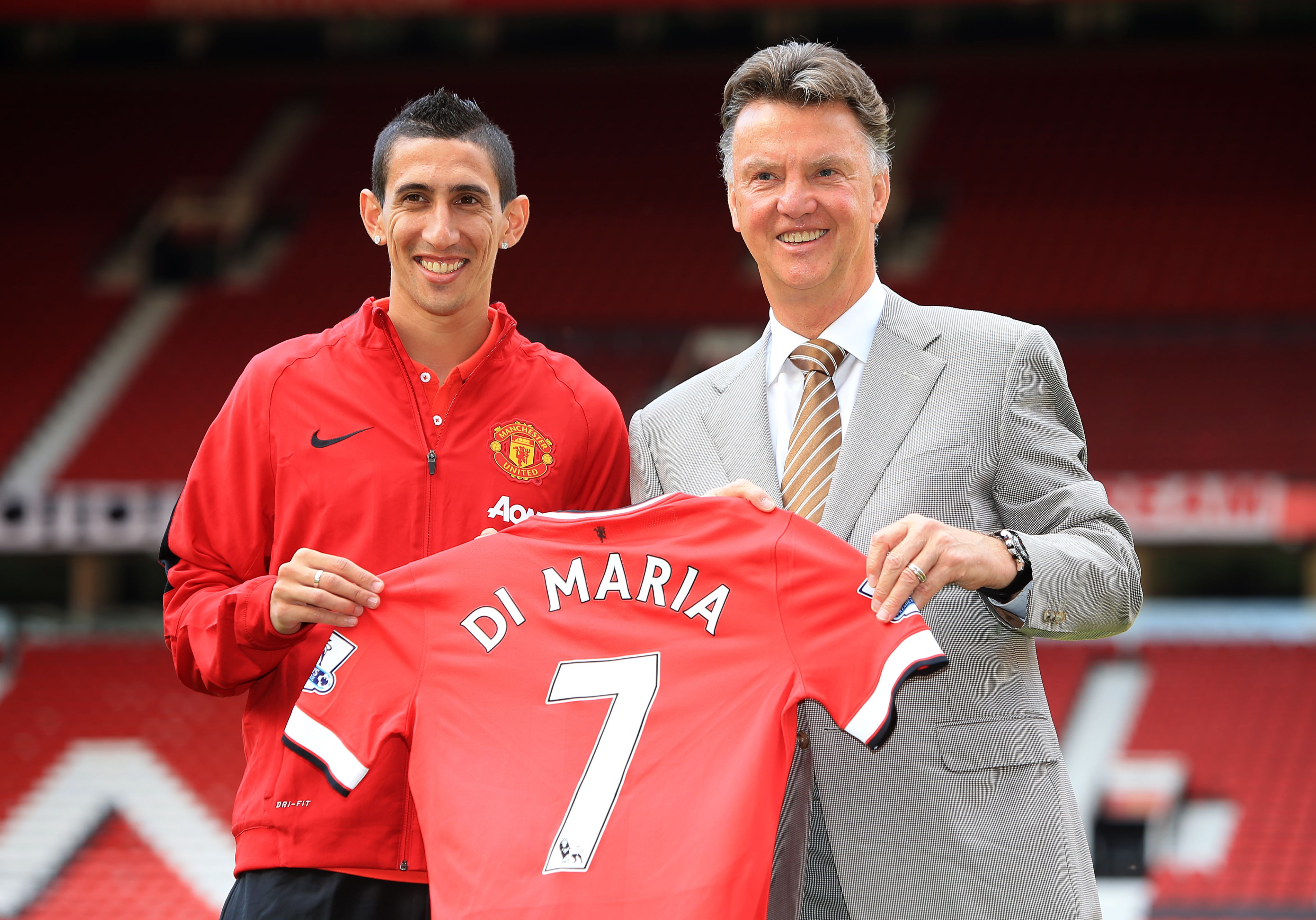
Woodward would have egg on his face, too, after bragging about the signing of an over-the-hill Bastian Schweinsteiger later that summer.
"When people see Schweinsteiger on the team sheet that’s going to send shivers down the spine," he told MUTV. The German would only start 13 league matches in an underwhelming two-year spell.
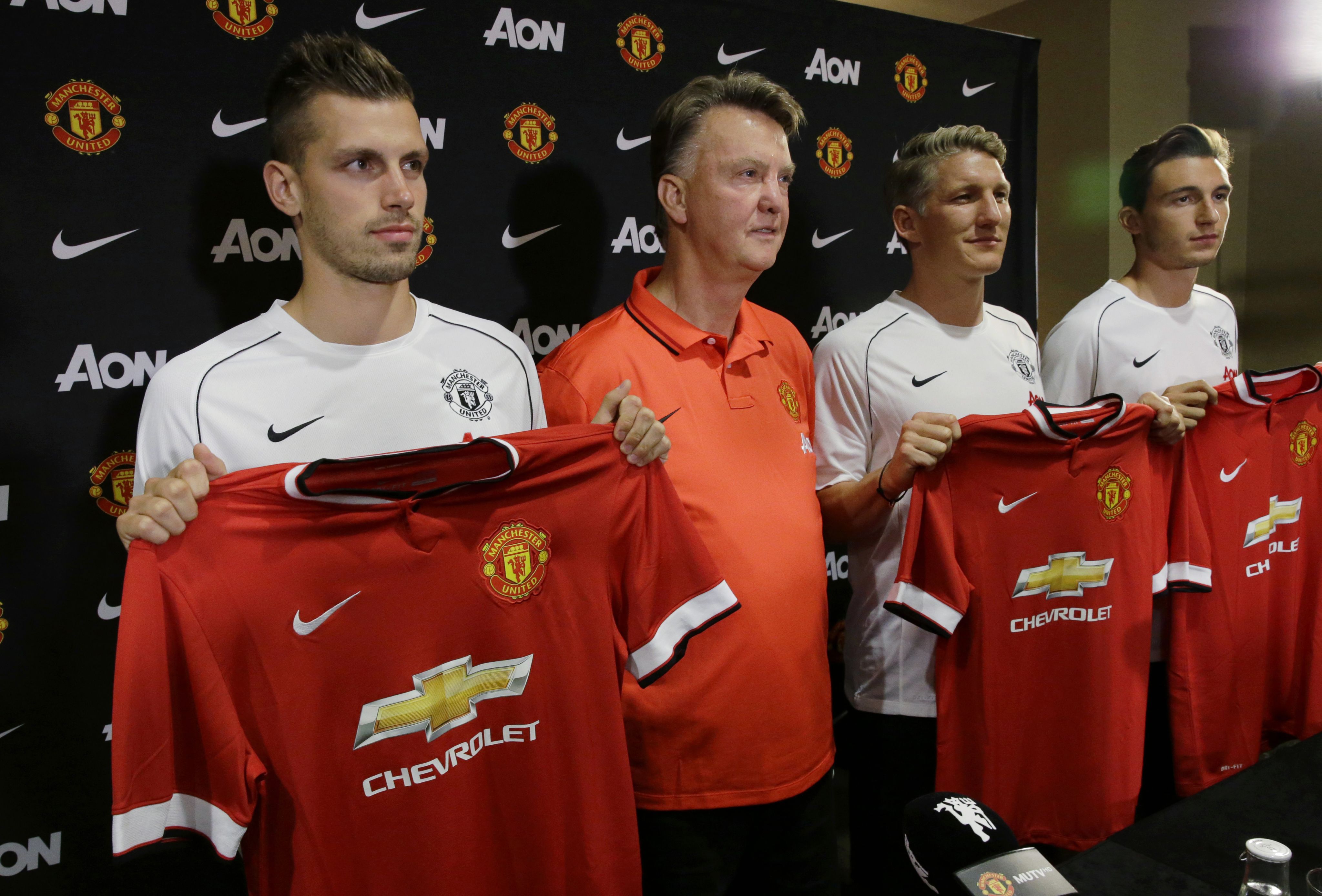
Van Gaal’s relationship with the press became strained in his second season as Woodward and the Glazers allowed stories about his future to swirl. Jose Mourinho’s availability would become the elephant in the room as the team's form declined.
The enduring legacy of Van Gaal remains the emergence of Marcus Rashford in that season. Even though the 18-year-old was thrust into the spotlight because of an injury crisis, the local lad's back-to-back doubles were a fairytale introduction to professional football.
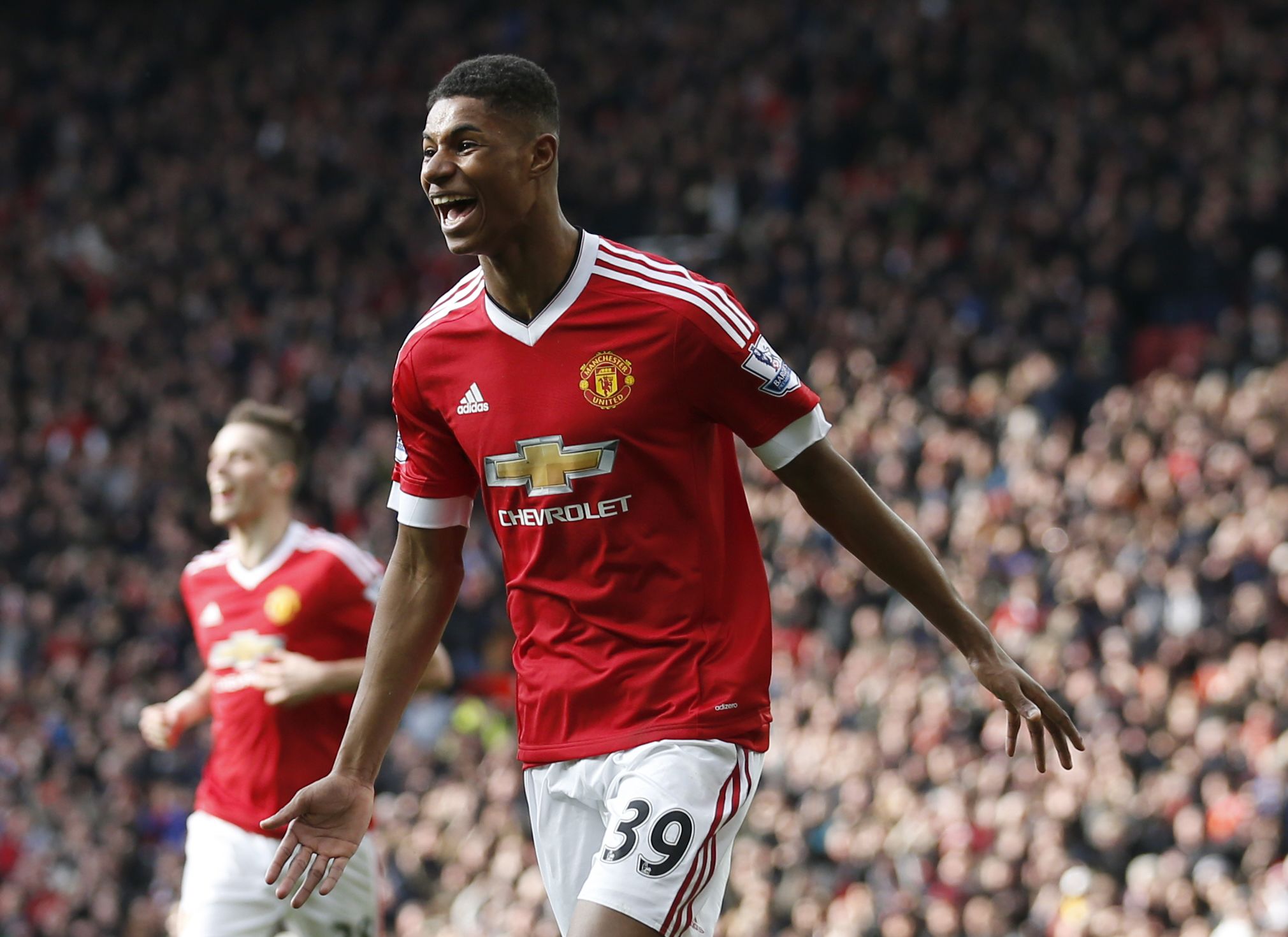
The teenager became United's new hope with soon-to-be club record scorer Wayne Rooney on the way out. Van Gaal himself in 2019 described Rooney as "over the hill" in an interview with The Guardian.
"But in spite of that he was one of my best players," the Dutchman added, highlighting just how glum things were for him at Old Trafford.
Winning the FA Cup was not enough to save Van Gaal, though, as United had missed out on Champions League qualification. Woodward sacked him on the same day they celebrated at Wembley.
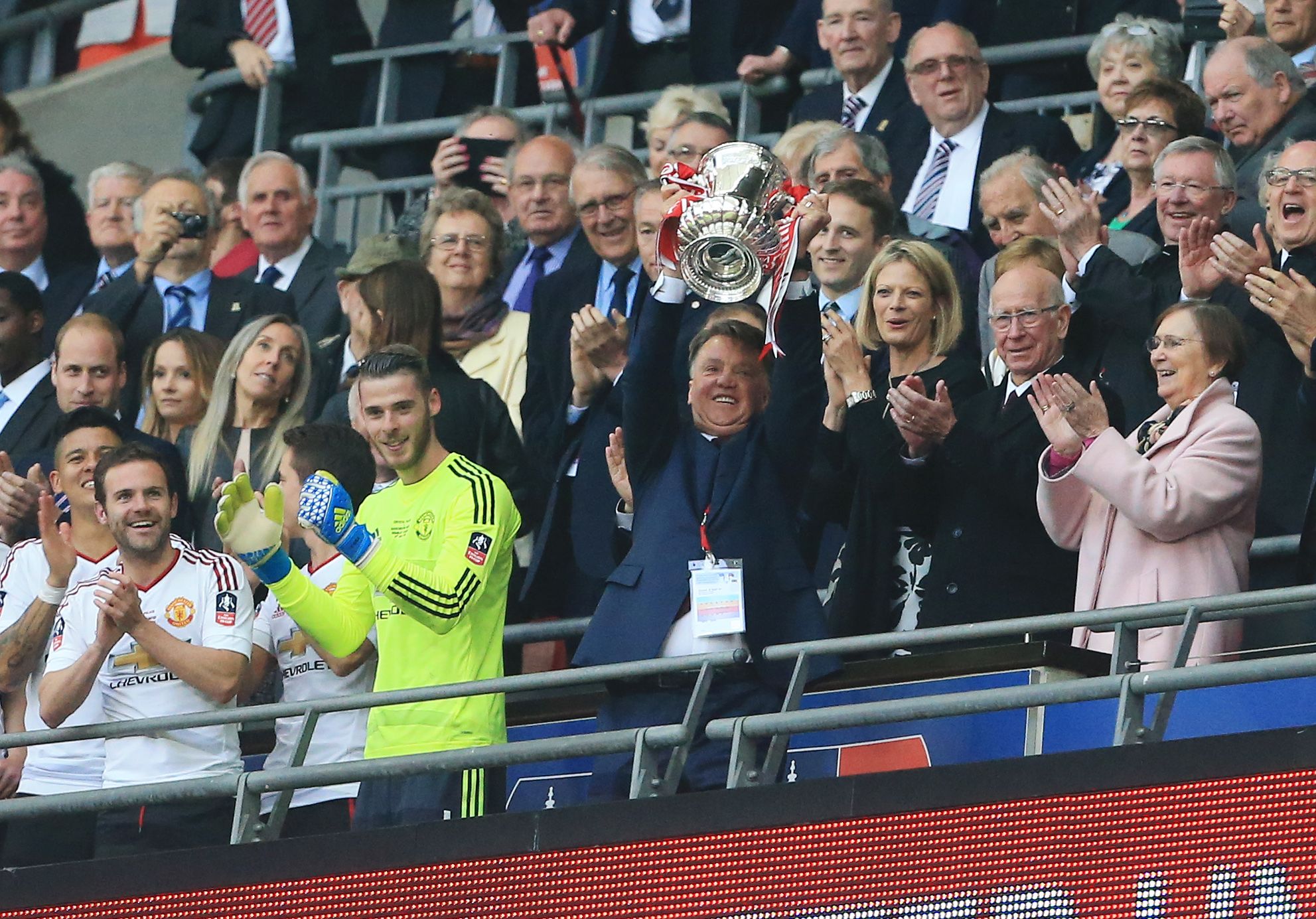
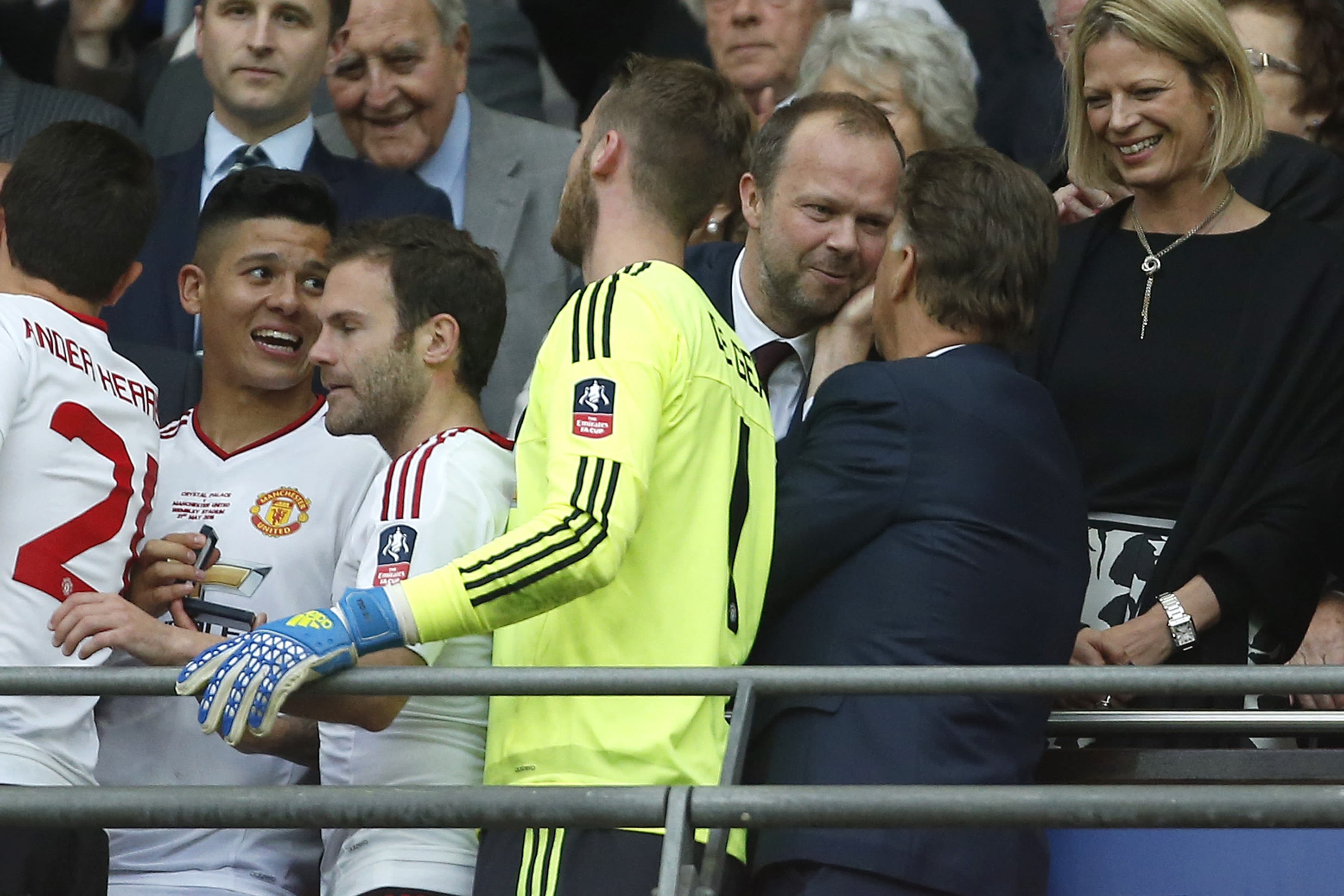
Money was worth more than trophies now. The commercial beast Van Gaal feared had chewed him up and spat him back out. There was no getting up from that.
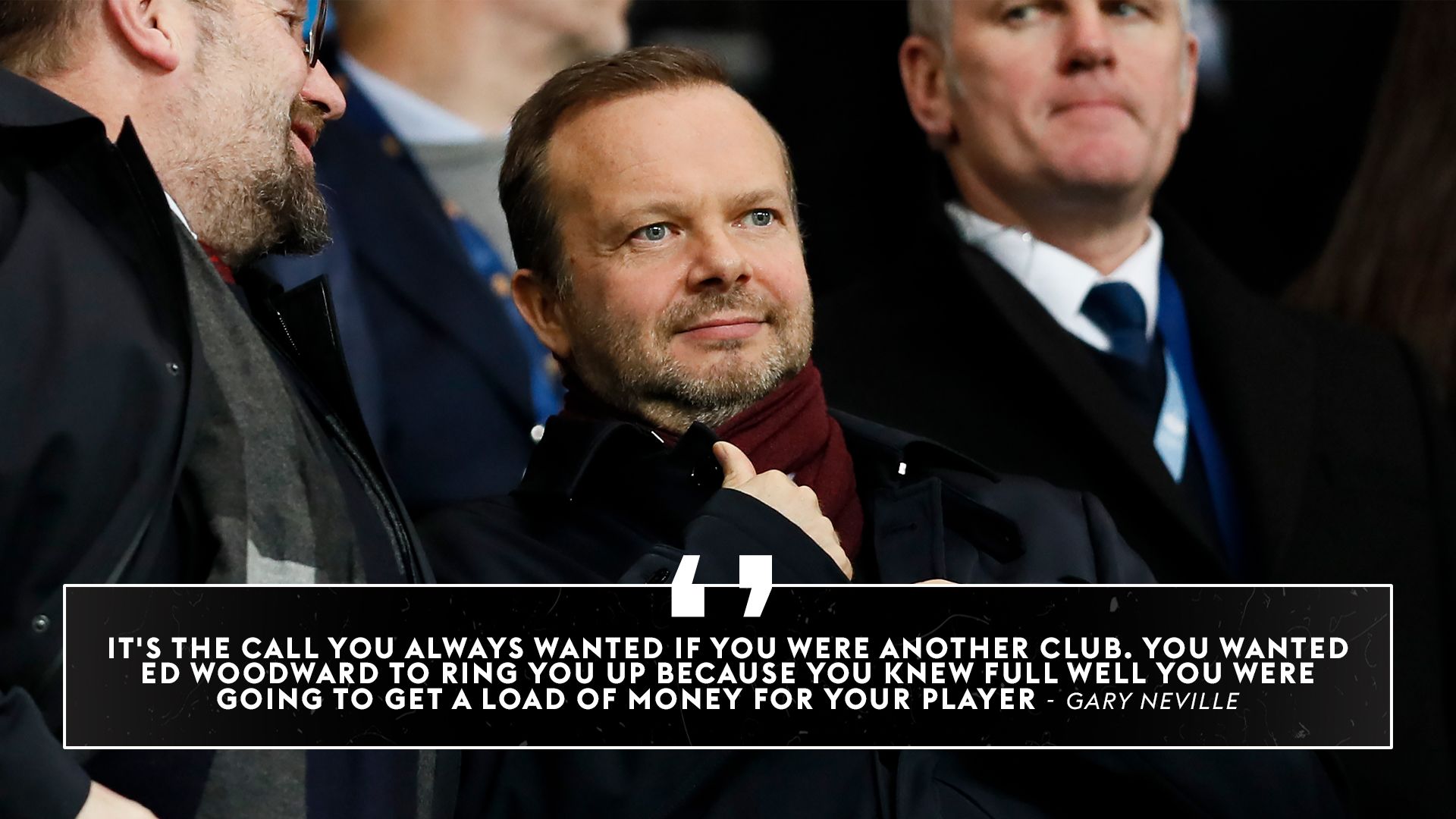
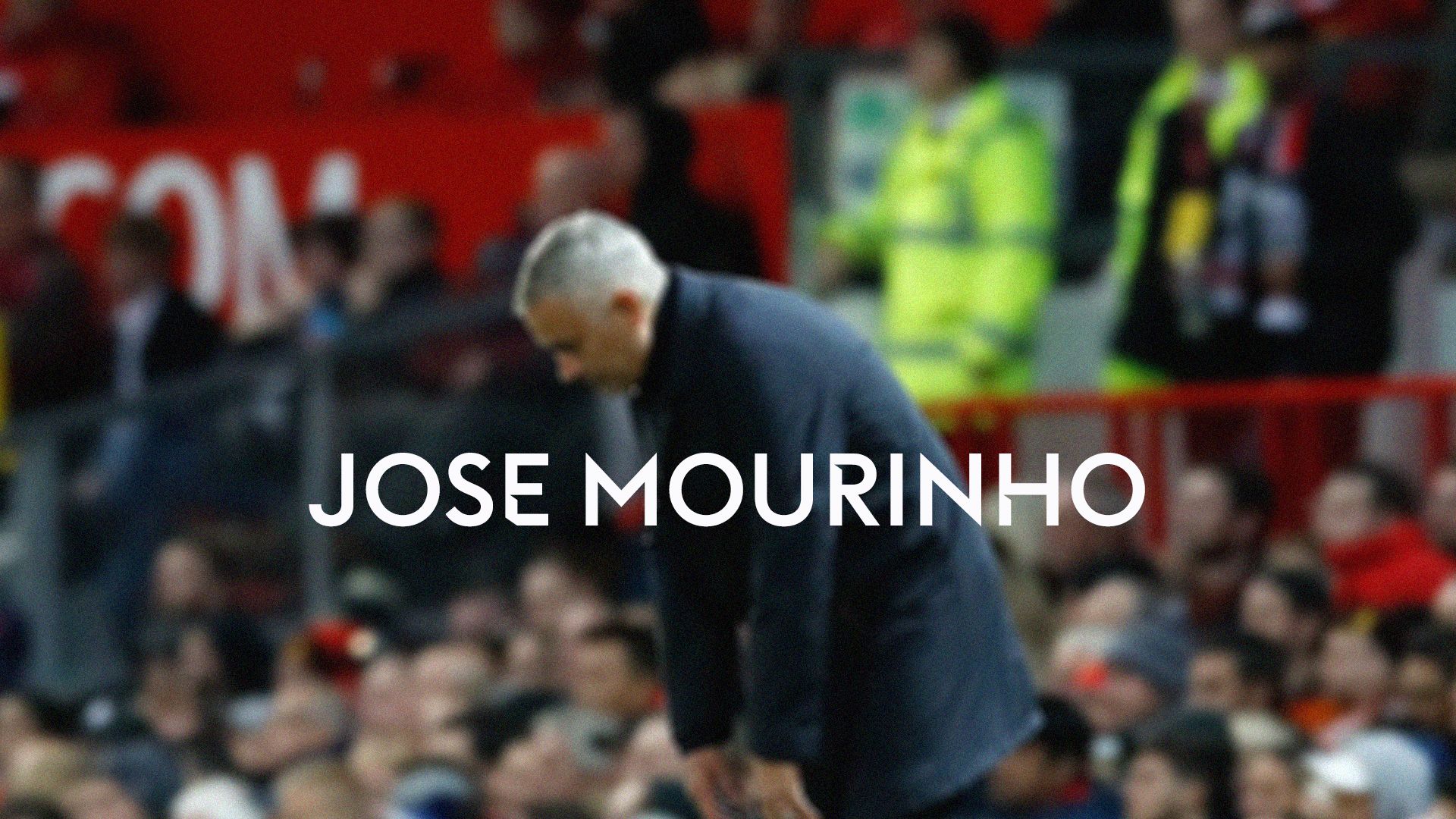
The Mourinho melodrama
After Manchester United defeated Ajax to win the Europa League in 2017 this image of Mourinho holding on to Paul Pogba, the world’s most expensive player, became a symbol of hope for the future.
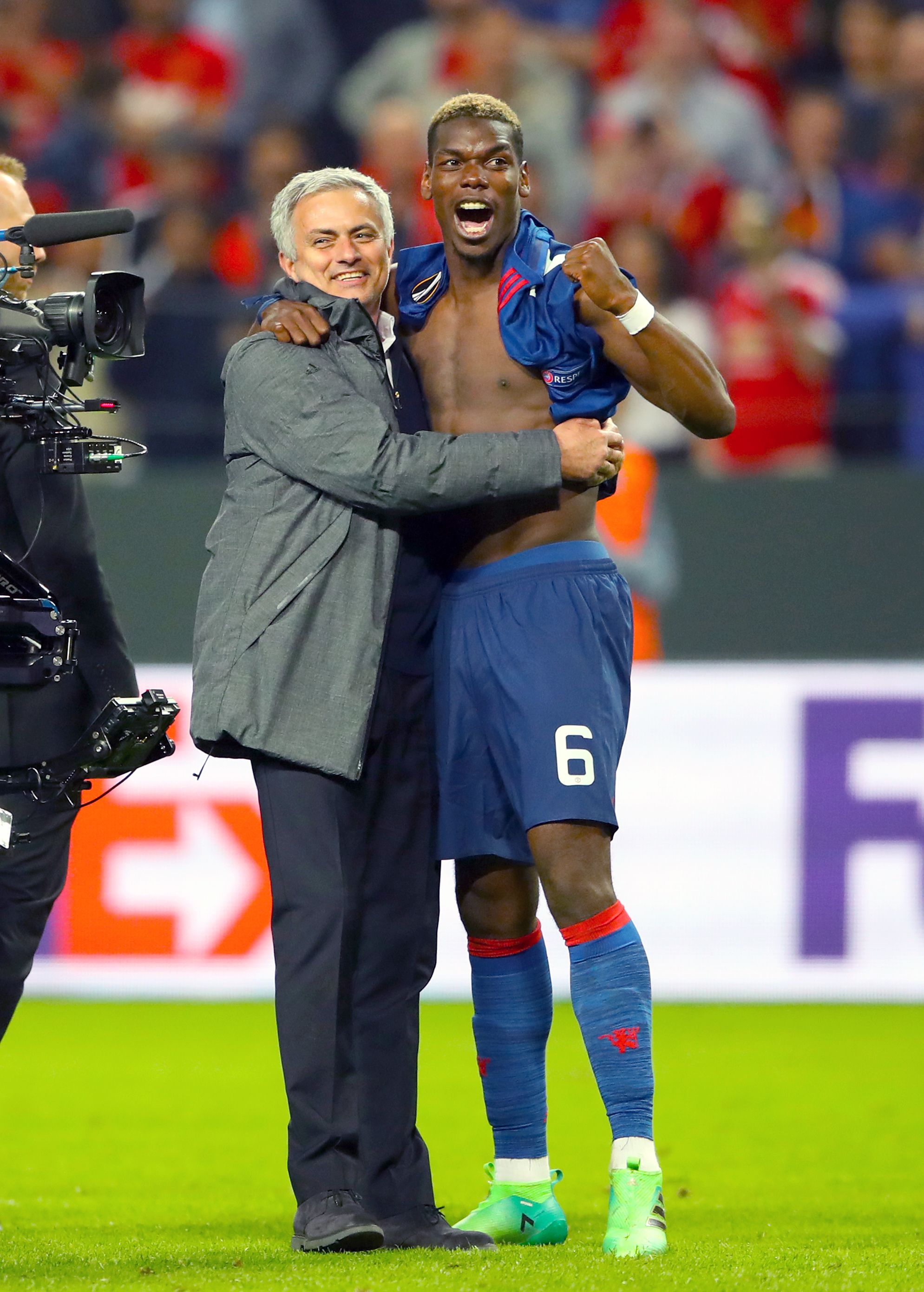
United were perennially stuck in sixth in Mourinho’s first season, carried by a 35-year-old Zlatan Ibrahimovic.
But with two trophies in the bag – three if you were Mourinho and counted the Community Shield - the critics were kept at bay. Although even Moyes didn’t count the Community Shield.
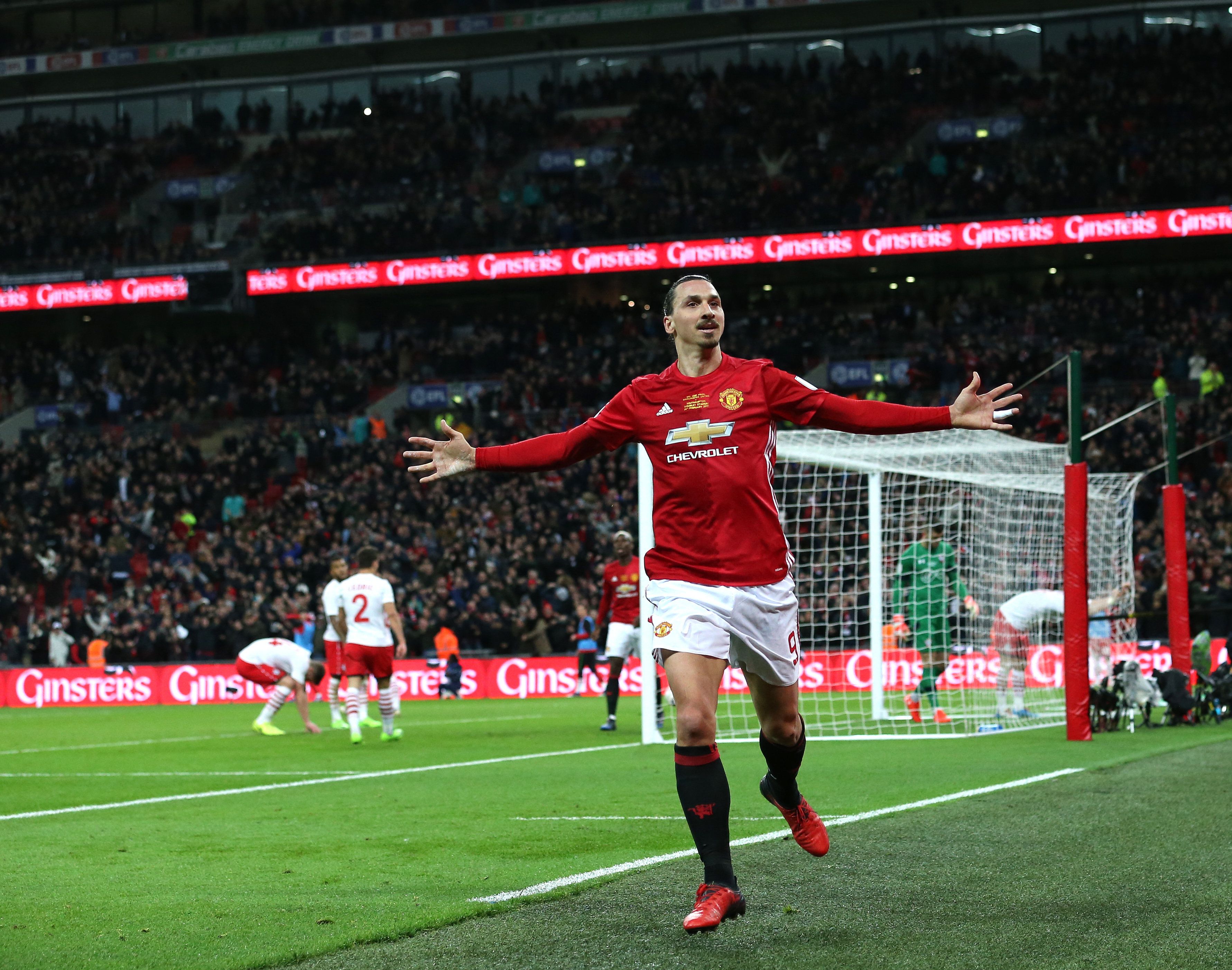
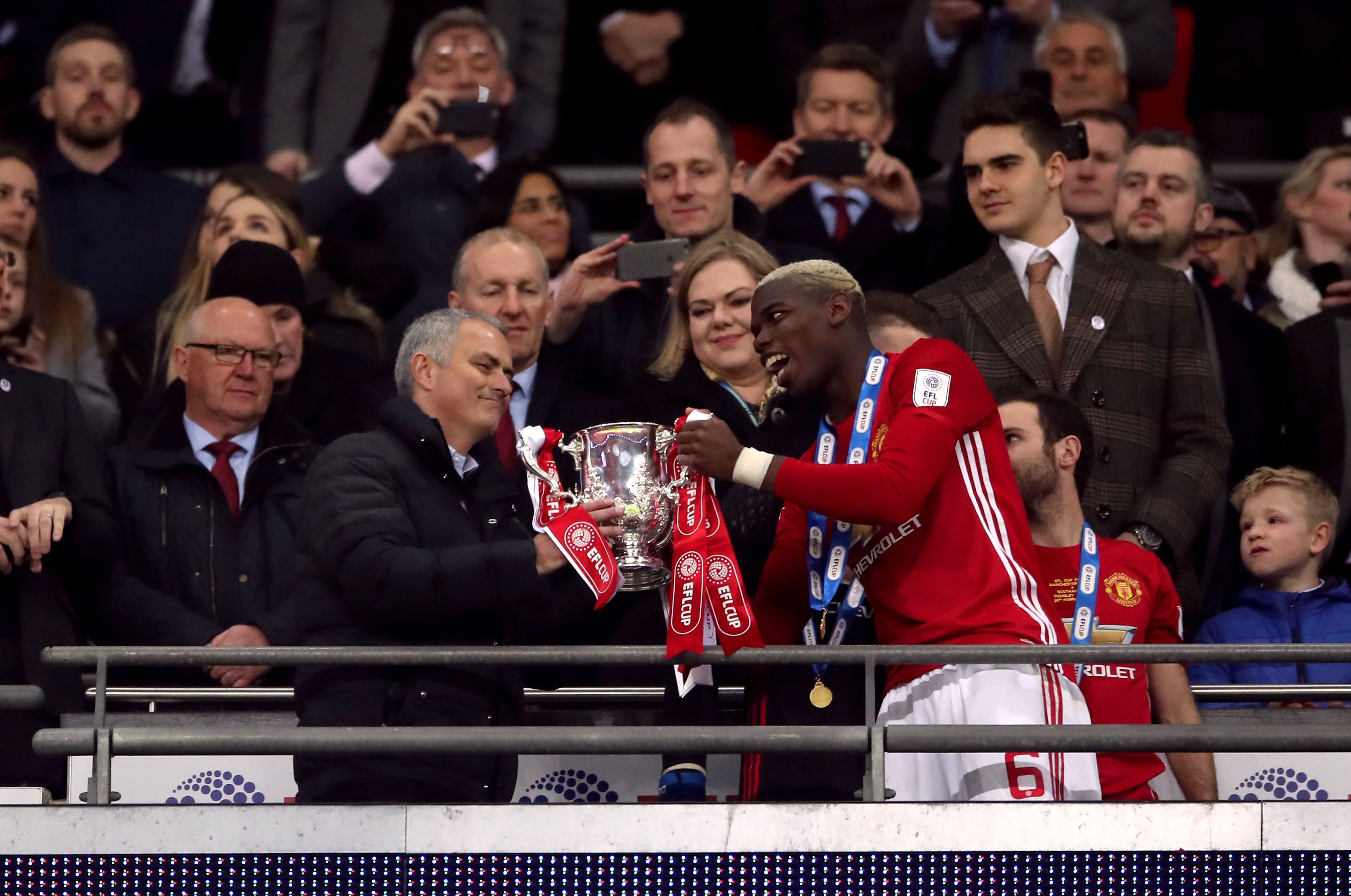
These were supposed to be the building blocks to something special. These two were to be at the forefront. United wouldn’t win another trophy for six years, though.
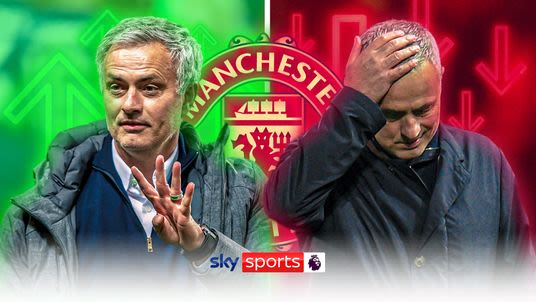
Mourinho had the bit between his teeth that night in Sweden. He’d defeated Ajax with a typical Mourinho performance. Opposite number Peter Bosz criticised his “long-ball” tactics but Mourinho didn’t care.
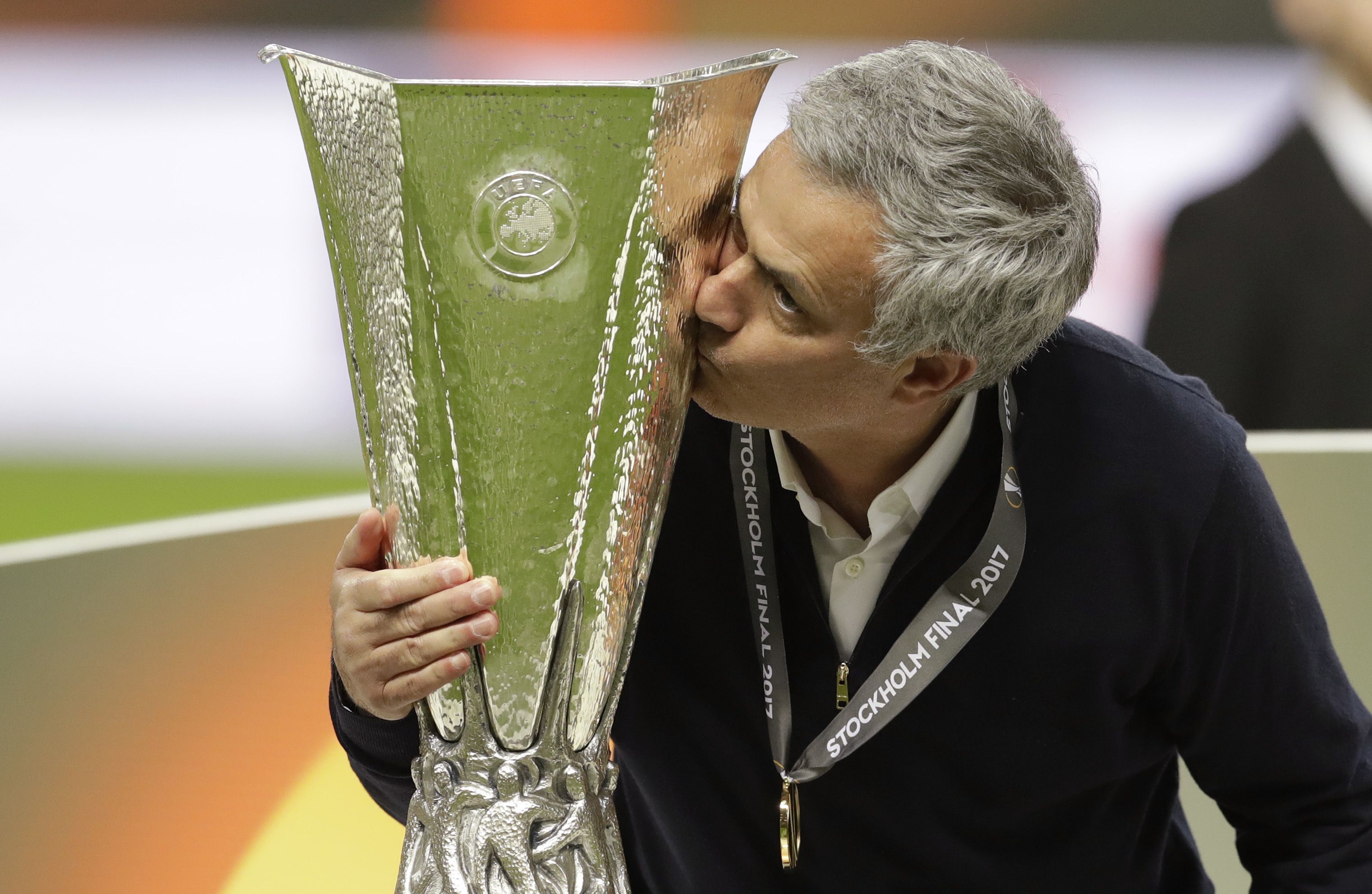
“There are many poets in football,” he said. “But poets, they don’t win many titles.”
Mourinho told his players to show three fingers before lifting the Europa League to remind everyone just how many trophies they’d won. This was vintage Jose.
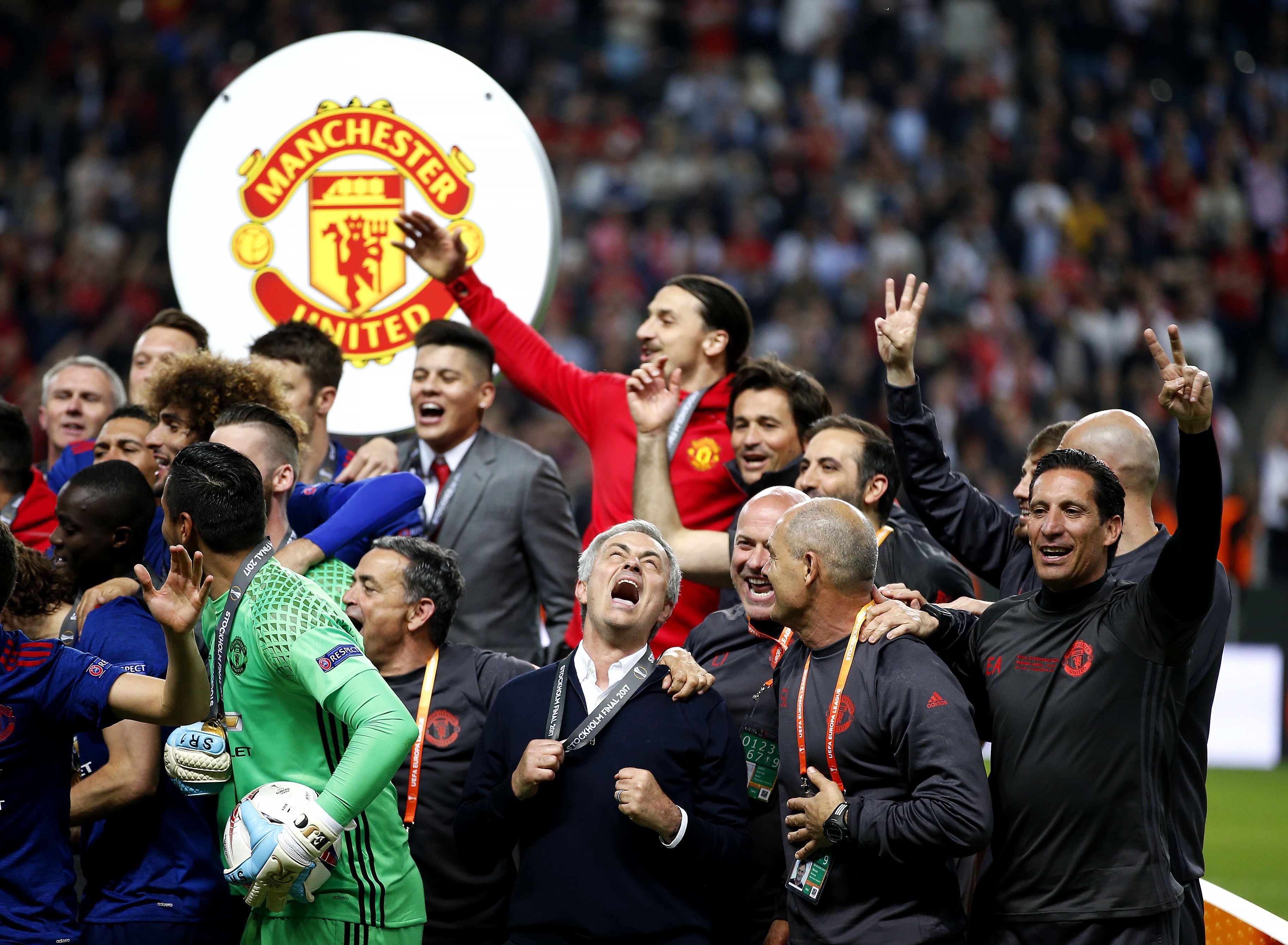
“The best moment since Sir Alex retired has to be winning the Europa League,” says Meulensteen. “That’s what Manchester United is about after all: winning.
“Mourinho is a serial winner. It was a case of him needing to match his style and performances with results and that proved difficult.”
United finished second the following season, 19 points behind Pep Guardiola's Man City. Mourinho still calls this one of his greatest achievements.
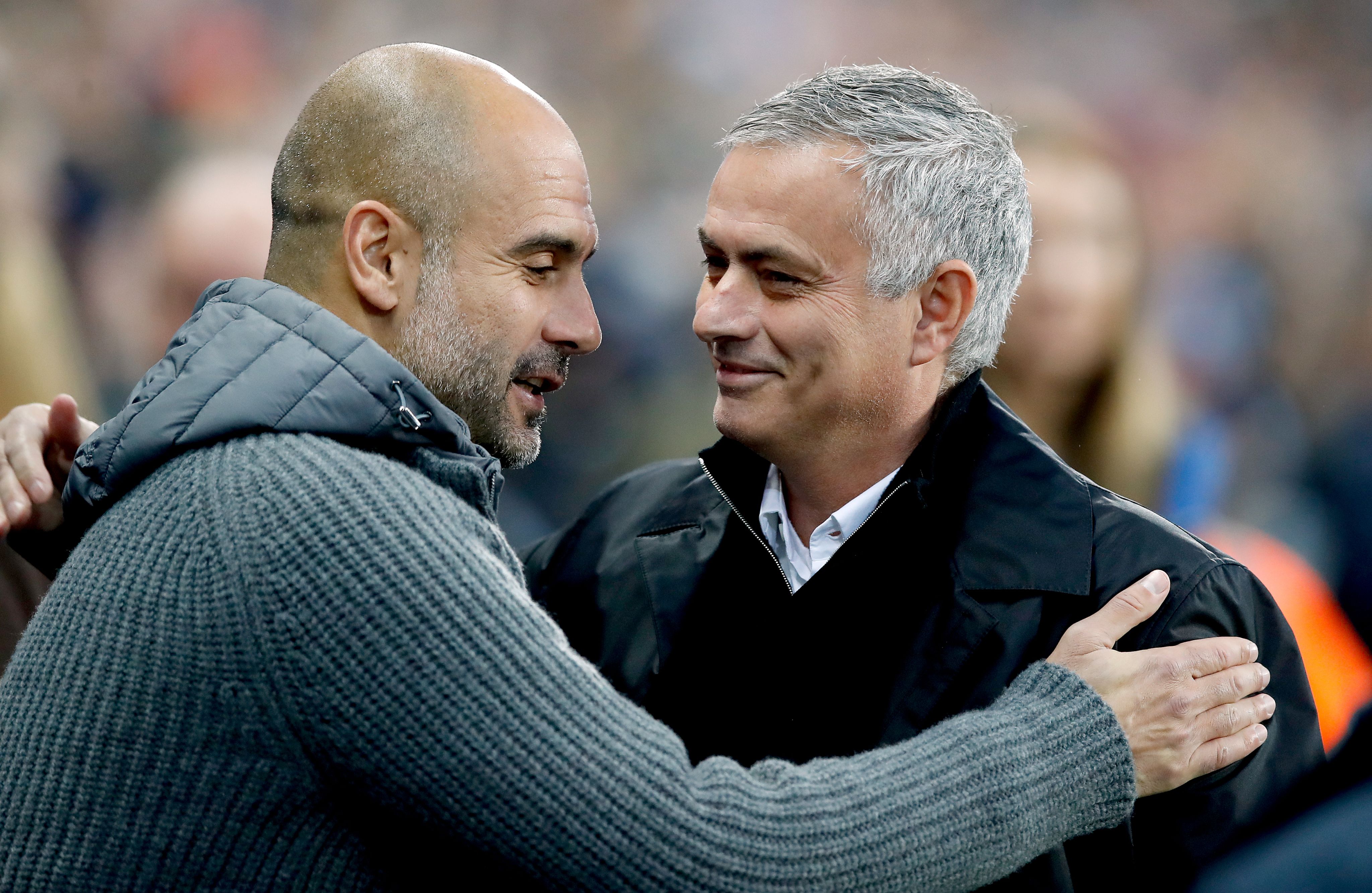
The Portuguese's 'us against them' approach had a shelf life, though. He slowly grew more lonely in the 'us' camp as his unpredictable behaviour began to alienate those around him.
He ranted for more than 12 minutes defending his record after receiving heavy criticism for being knocked out of the Champions League by Sevilla in the last 16.
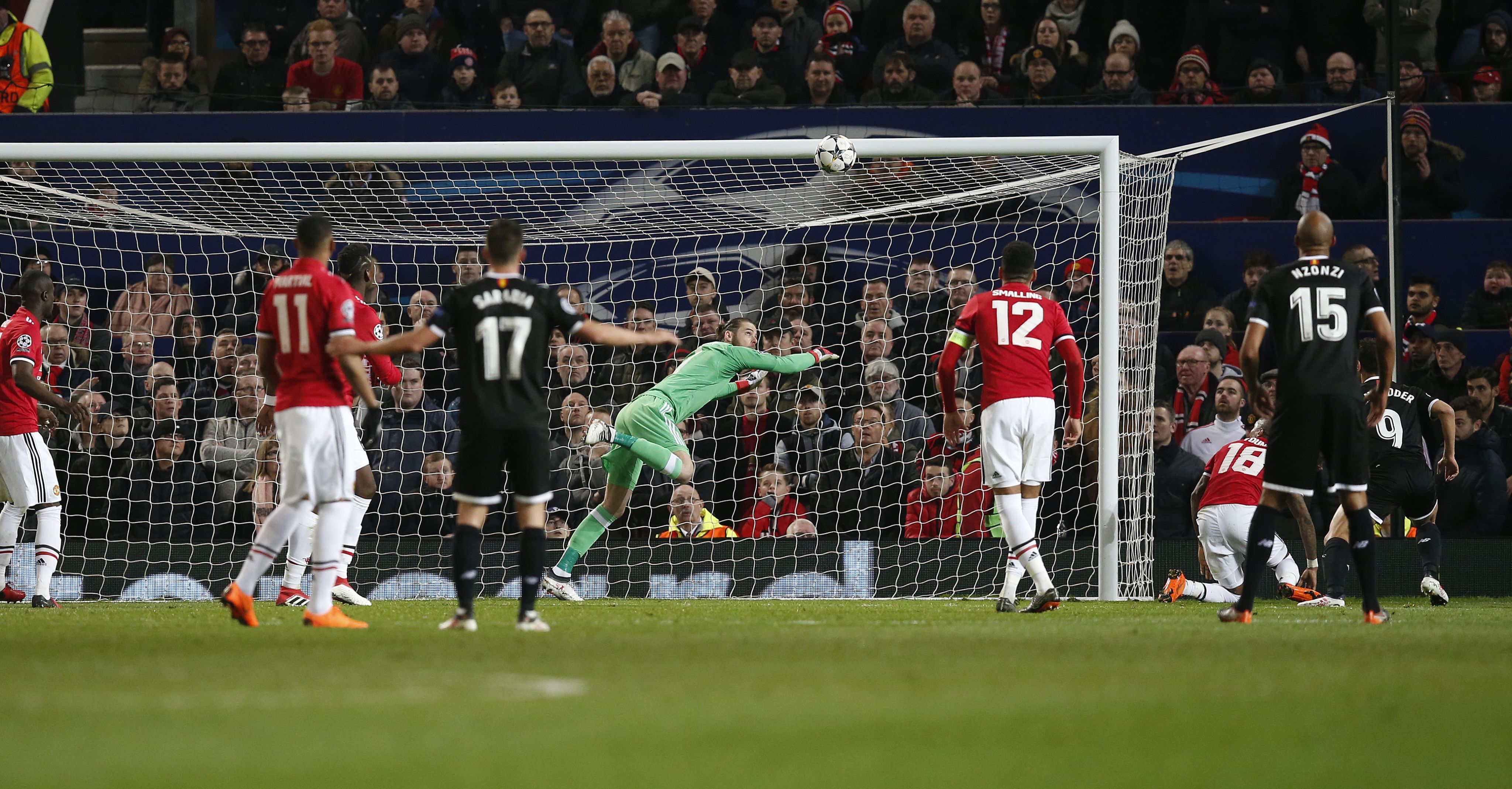
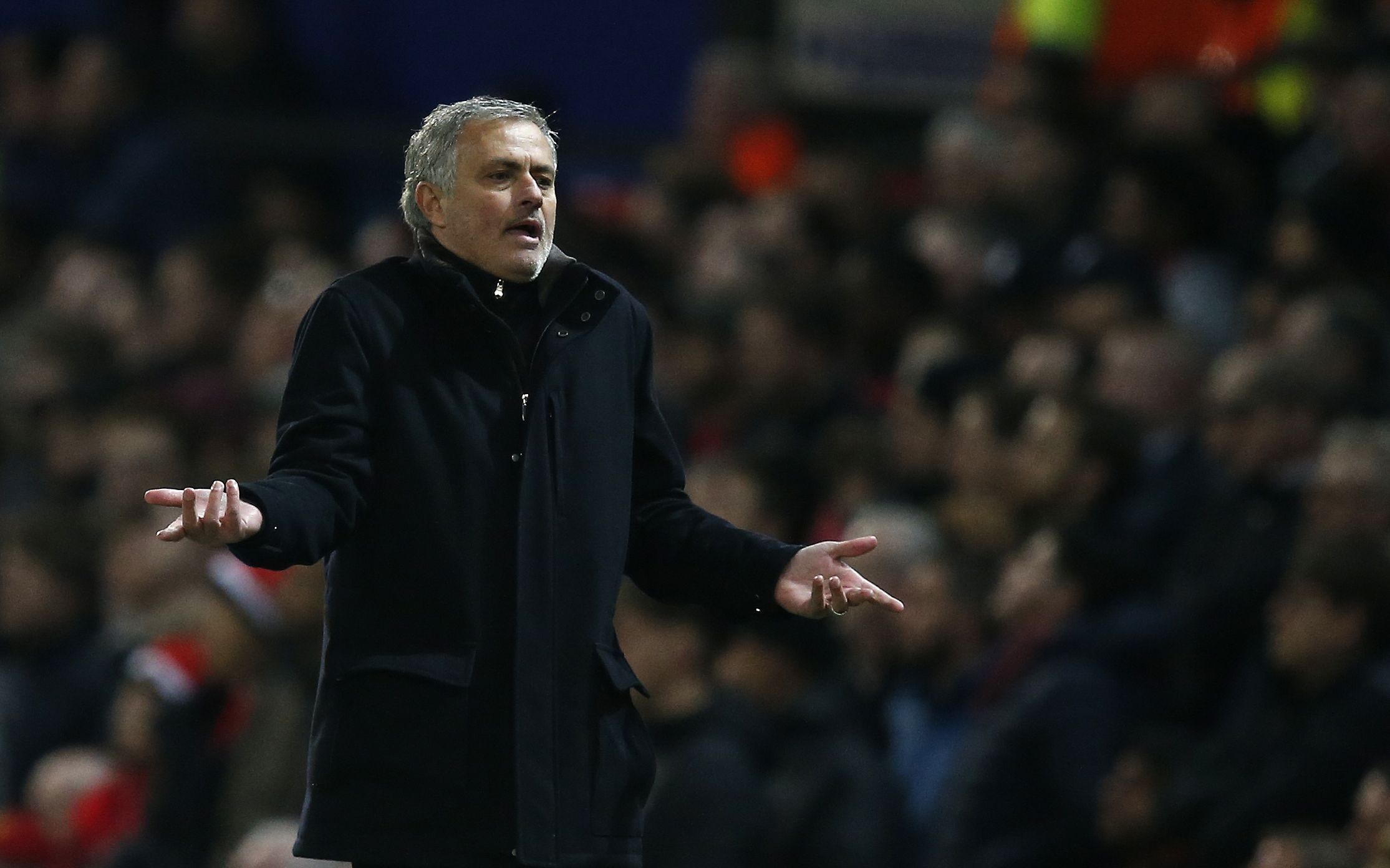
Mourinho told his players they needed to “grow up” as he explained United’s early demise in the Champions League should come as no shock looking back at their recent history in Europe.
This, as Mourinho explained, was “football heritage”.
“I felt really disappointed at the time with Mourinho,” says Meulensteen. “He was the manager of the biggest club in the world and he looked like every time he did a press conference he had the worst job in the world.”
Behind the scenes Mourinho and Woodward's working relationship was turning sour. The decision to sign Victor Lindelof over Virgil van Dijk as a cost-cutting measure was just the beginning. They would be at loggerheads over Anthony Martial’s future in his final summer.
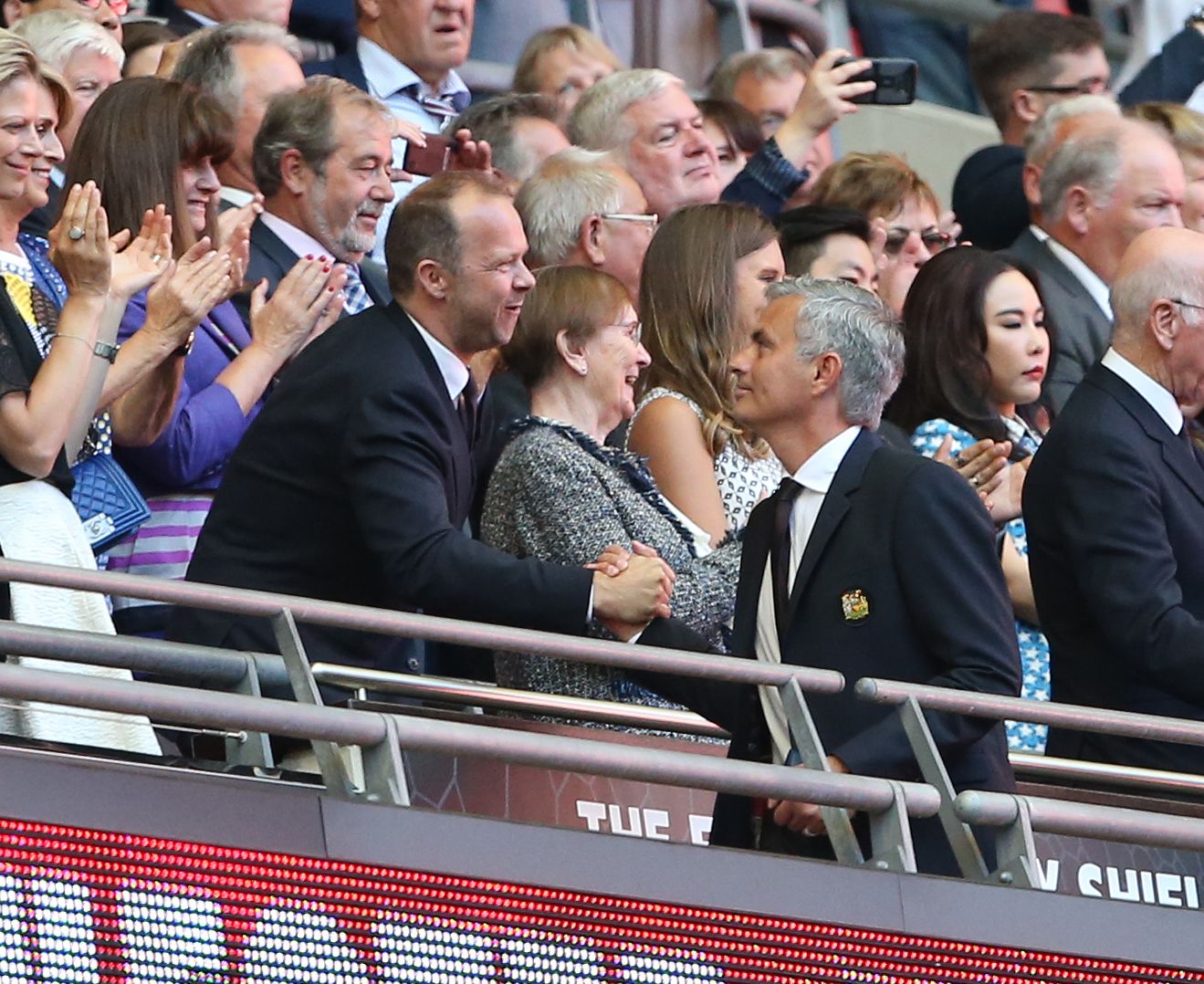
Woodward had no problem sanctioning a £500,000 per week contract for Alexis Sanchez though. Mourinho never could get a tune out of the former Arsenal forward whose best performance at United came on the piano.
“He was struck by what he was up against at the back of the house with transfer difficulties,” Jackson tells Sky Sports. “Mourinho cheesed a lot of people off and was very divisive."
Mourinho's dwindling popularity hit rock bottom when his feud with Pogba became public. The pair were caught in a frosty exchange in training by the Sky Sports cameras arguing about an Instagram post. The would-be heroes had become soap opera villains.
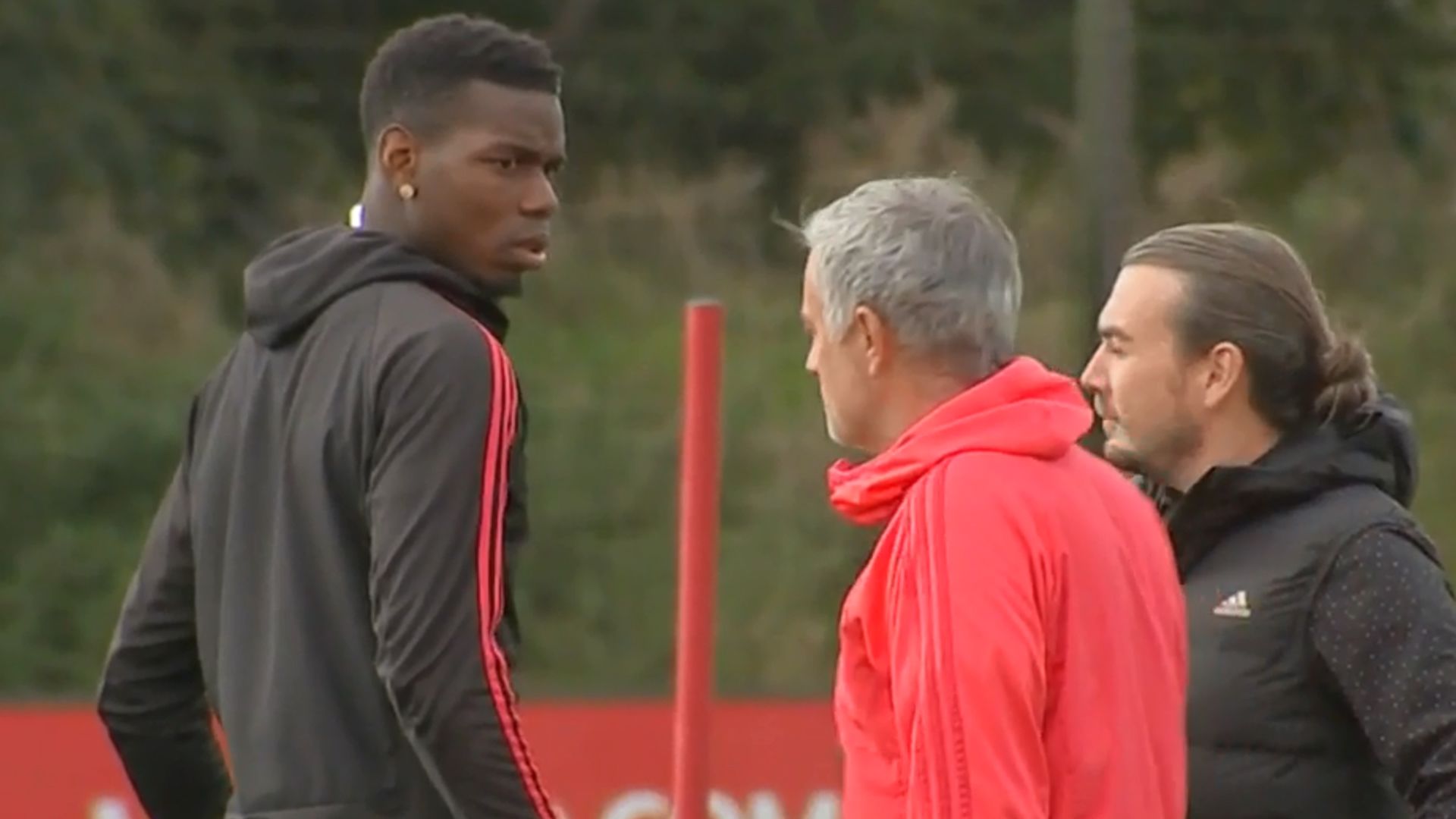
Mourinho's refusal to find a permanent residence away from his £800-a-night suite at The Lowry didn't help his cause. Fall-outs in the dressing room and boardroom took their toll as the situation deteriorated.
“Do you know what was the result?” Mourinho asked a journalist, holding up three fingers after losing to Tottenham at Old Trafford in August 2018. “3-0, 3-0. Do you know what this means? 3-0.
“But it also means three Premierships. And I won more Premierships alone than the other 19 managers together. Three for me and two for them [Manuel Pelligrini and Pep Guardiola]."
Getting out of his seat to leave, Mourinho said: “Respect, respect, respect man. Respect.” Skip to 5:00 for the juicy part of the clip.
“That was my question,” Jackson tells Sky Sports. “He said the fans had been brilliant. So I said, ‘If you’re going to use the fans as a barometer, how about all the fans that left early?’ He just went into one.
“I was surprised because I used to cover Mourinho in his first Chelsea incarnation. I’d never seen him lose his cool like this before. He was so unhappy then.”
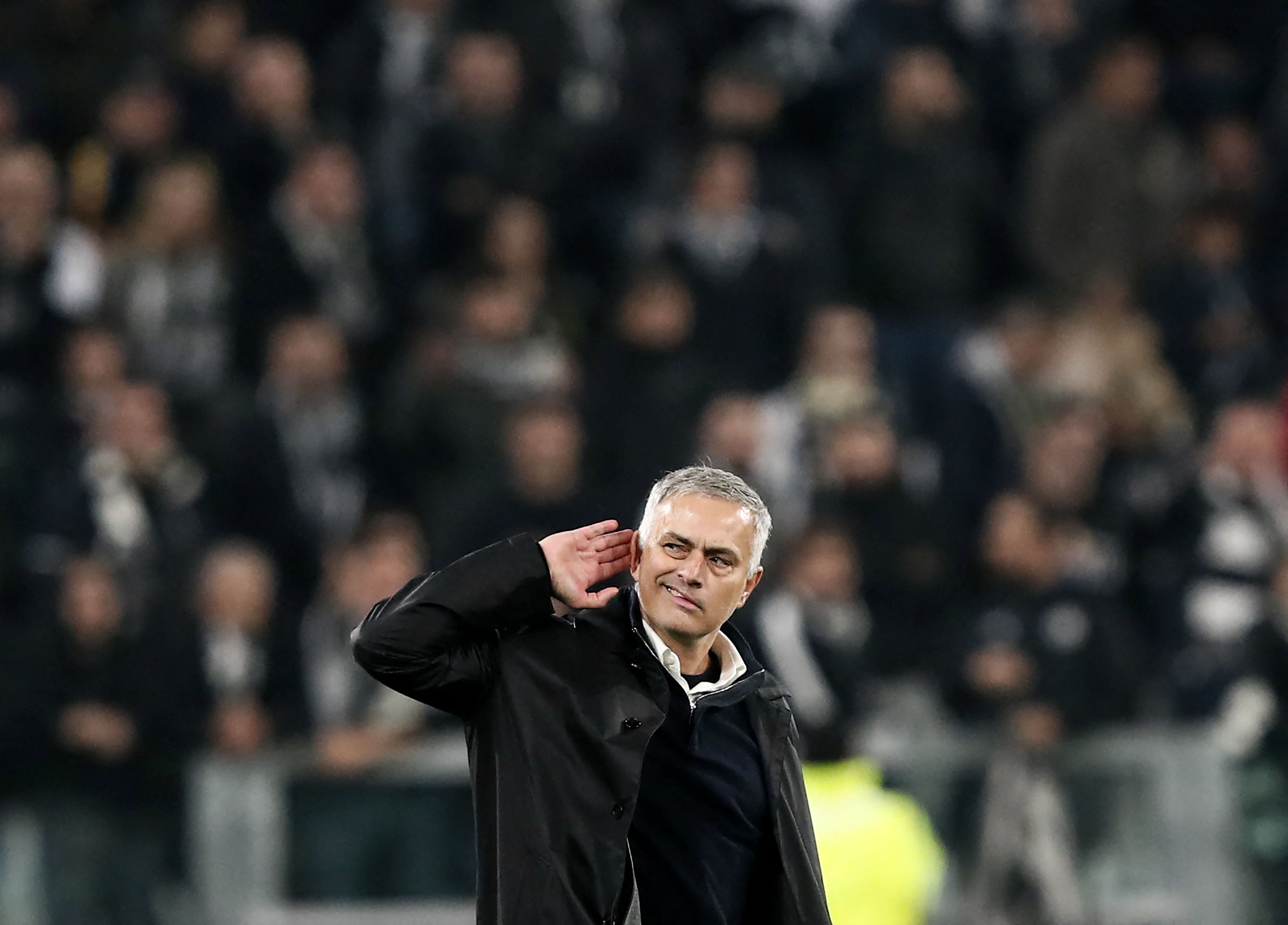
United's football resembled the mood of the manager by the end. Sacked after a 3-1 defeat at Anfield at a cost of £14m, Mourinho left United under a cloud of toxicity.
Just like his three-finger gesture, it had become all about him.
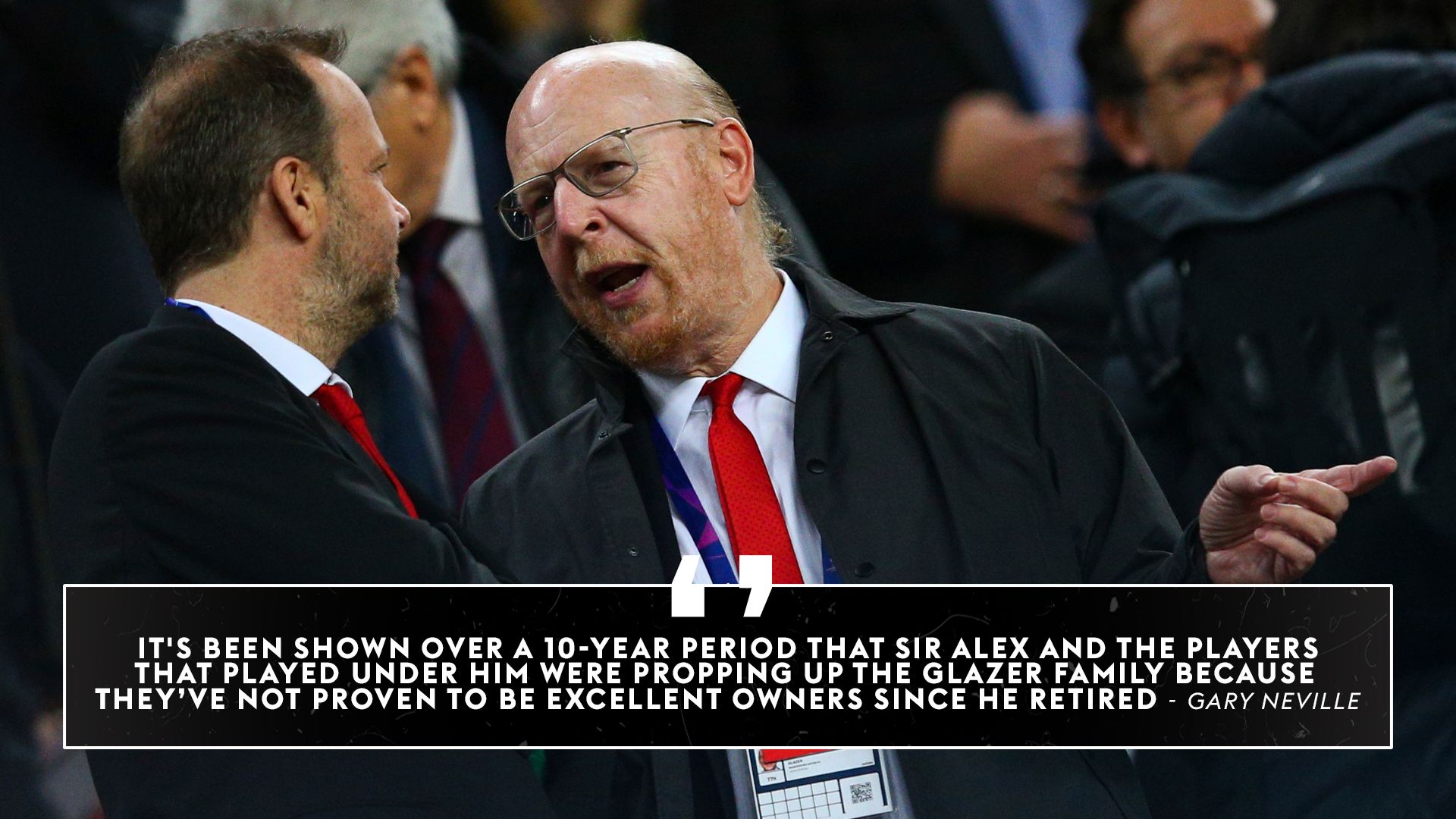
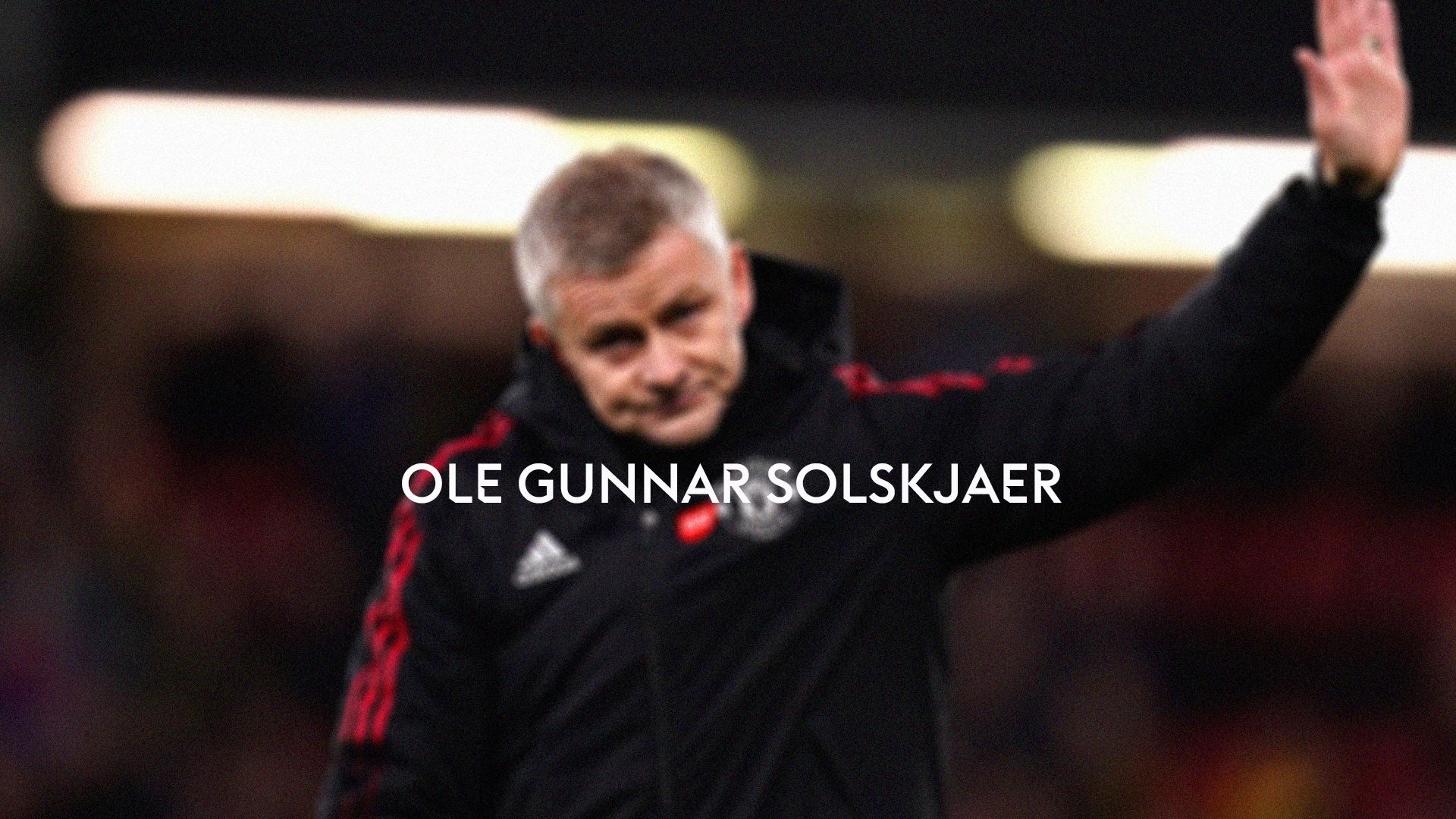
Ole's at the wheel
“And Solskjaer has won it!” Now where had we heard that before?
That night in Paris was the clincher for Ole Gunnar Solskjaer to become permanent Manchester United manager.
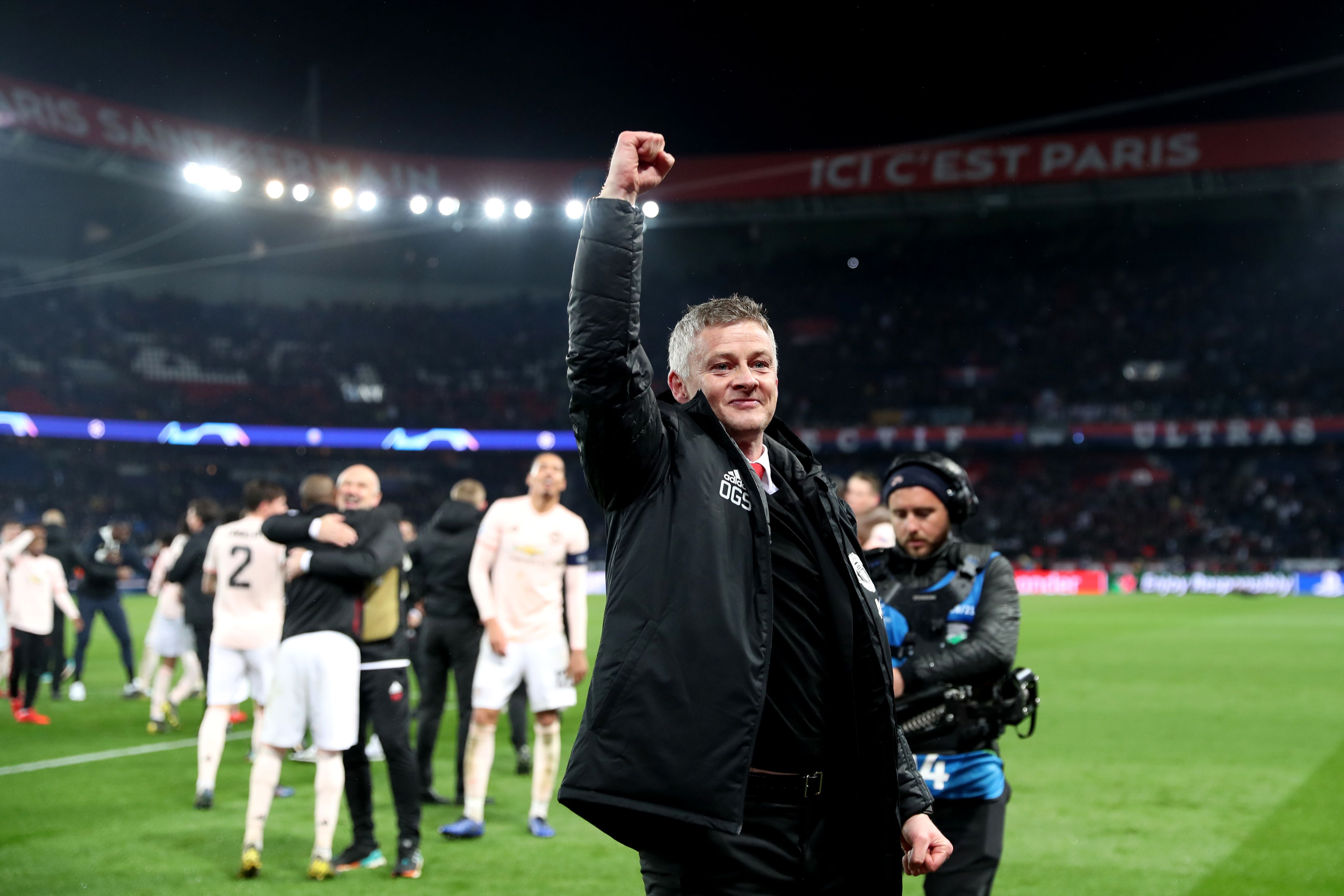
Solskjaer hit all the right notes after replacing Mourinho. United had gone so far down the rabbit hole of trying to reinvent themselves and Solskjaer was a timely reminder of the good old days.
Against all odds, Solskjaer's injury-plagued side had become the first to overturn a 2-0 first-leg home defeat in the Champions League. He’d won 14 of his 17 games as caretaker after overcoming PSG.
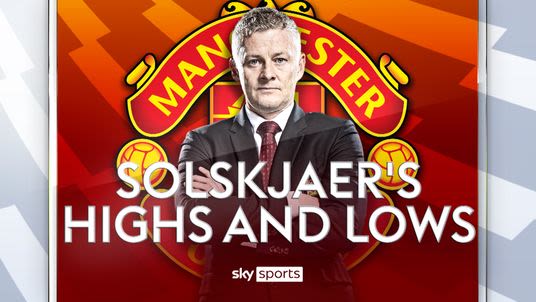
Patrice Evra and Pogba were raucously celebrating in the directors’ box of the Parc des Princes. Sir Alex and Eric Cantona were in the dressing room to celebrate. And Solskjaer had done it with the kids in Fergie time.
This heady brew of nostalgia, the rediscovery of United’s traditions and a momentous win in Europe had some believing Solskjaer was Ferguson reincarnate.
“Listen, Man Utd might not thank me but get the contract out, put it on the table,” Rio Ferdinand told BT Sport. “Let him sign it, let him write whatever numbers he wants to put on there given what he's done since he's come in.
"Ole's at the wheel, man. He's doing it. He's doing his thing. Man Utd are back!”
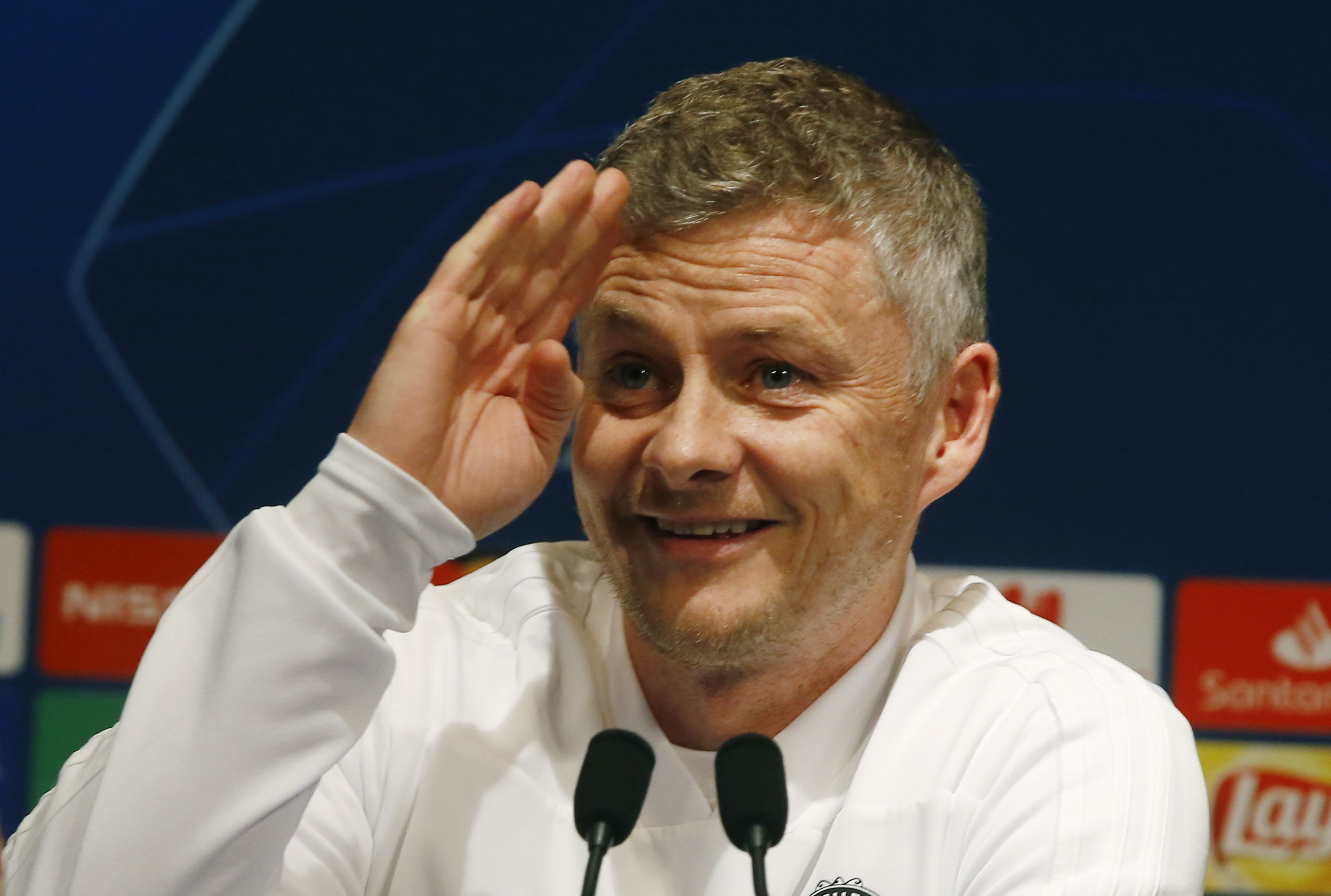
The clip of Ferdinand rejoicing, as so many did that night, would be replayed a million times over but for all the wrong reasons. United had forgotten that every high can bring an almighty comedown.
“We can go all the way,” said Solskjaer, whose side were comfortably beaten 4-1 on aggregate by Barcelona in the quarter-finals. “Of course we fancy ourselves.”
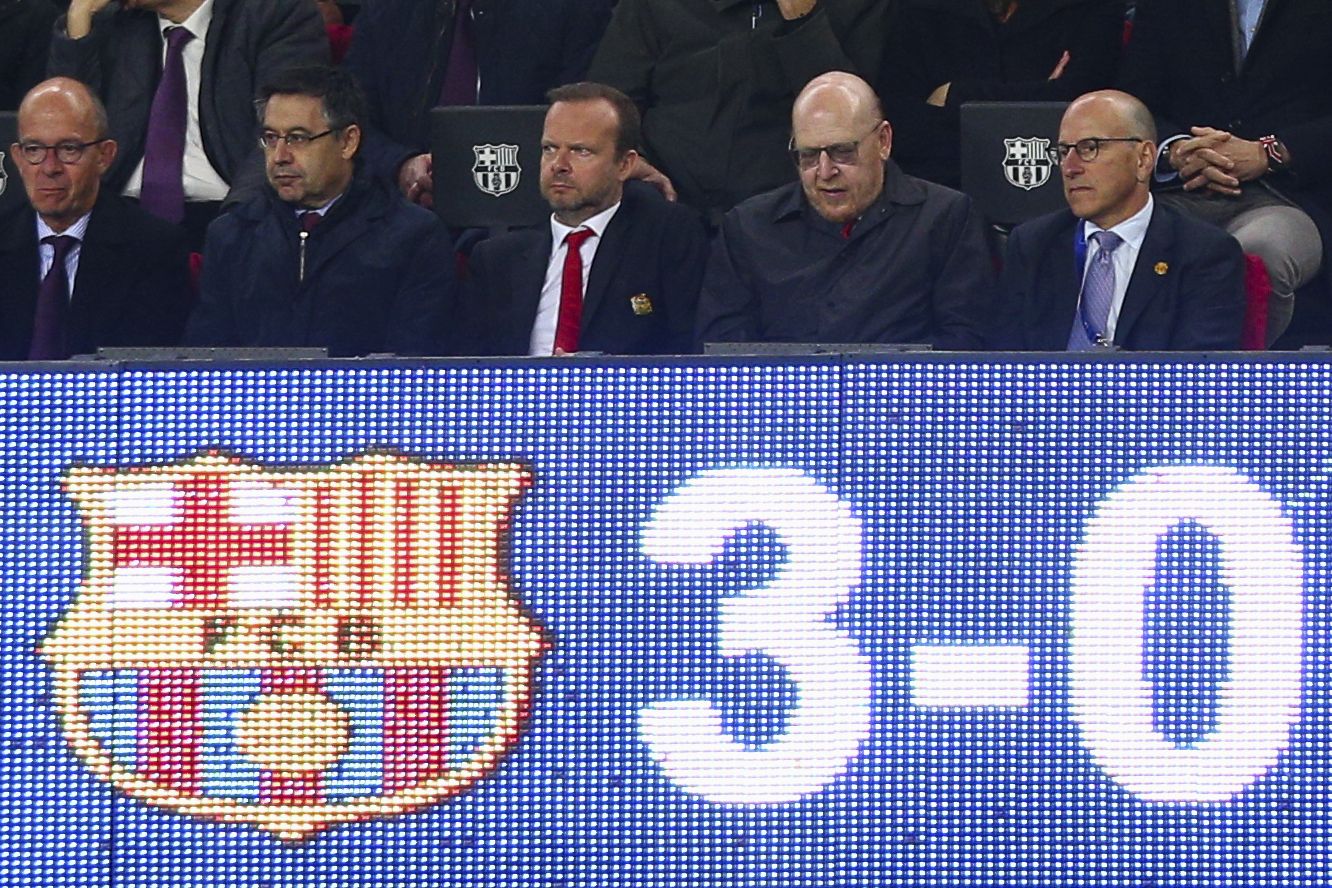
United would go on to win just two of their remaining 12 games – eight of which were defeats – and finish sixth as Solskjaer was given the job permanently.
In the cold light of day, the man loaned from Molde should’ve been nowhere near the job. Solskjaer outperformed his CV, although his lack of credentials would catch up with him.
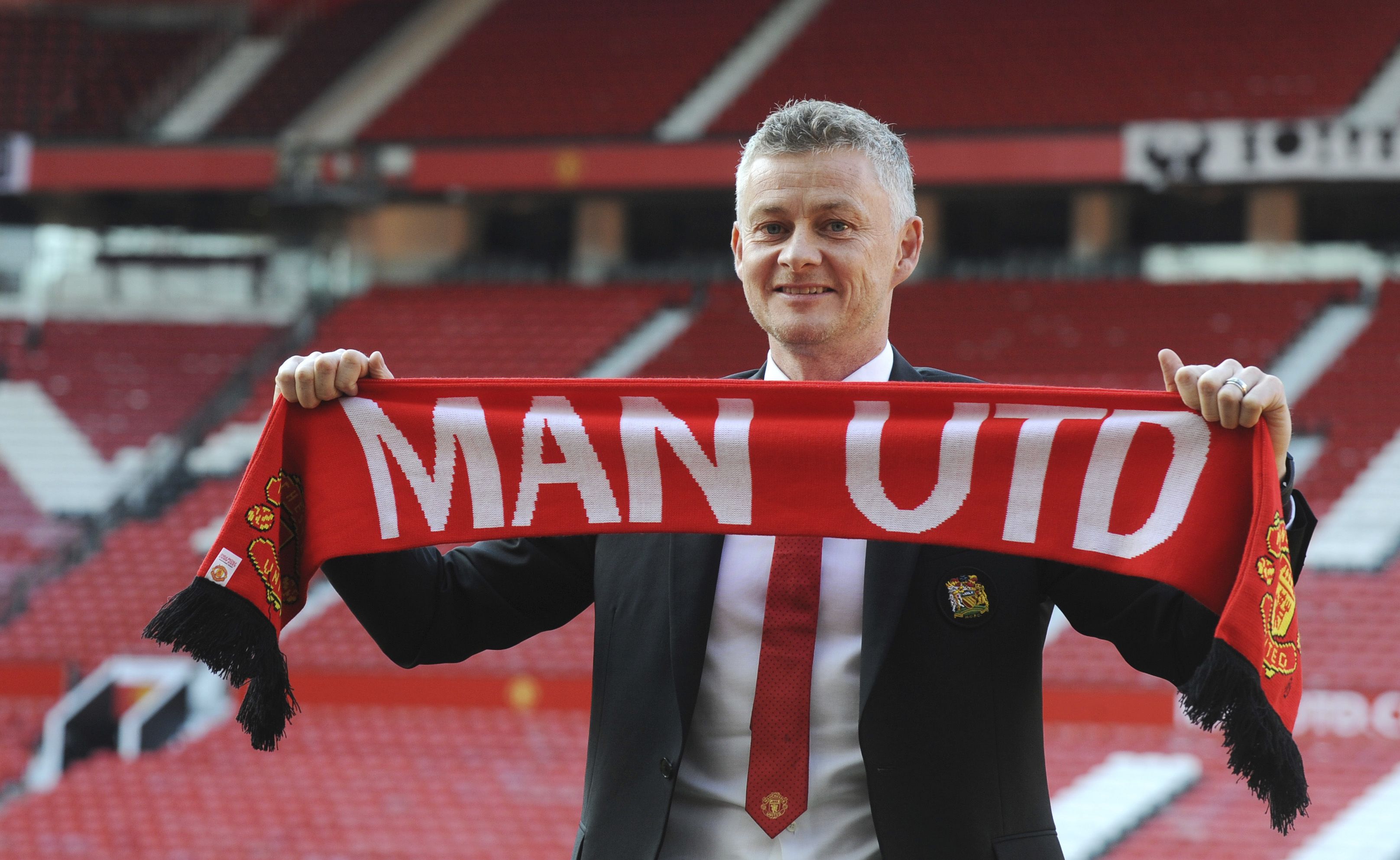
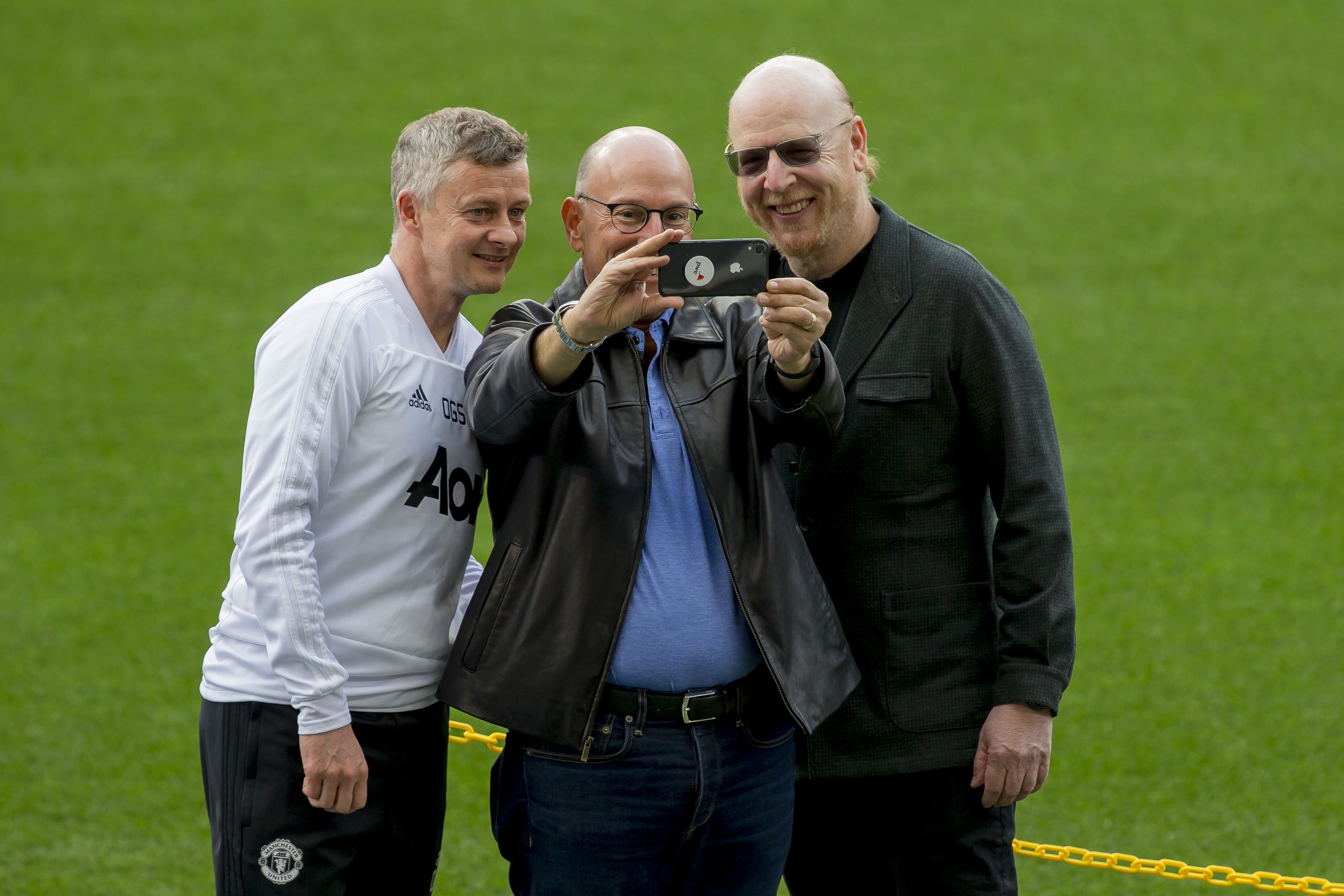
“At first I thought, ‘What’s going on? This is Manchester United’,” Jackson tells Sky Sports. “But I was struck because he had a bit of charisma. He wasn’t sat there scared and he was embracing it.
“The fans loved him - not just because of his goal in 1999. He played in a United way, in terms of the attack, but there wasn’t much of a structure. He was a bit gung-ho.”
Solskjaer was the first United manager to establish a clear plan in the transfer market as he sought to create a counter-attacking team with a core of young, British players.
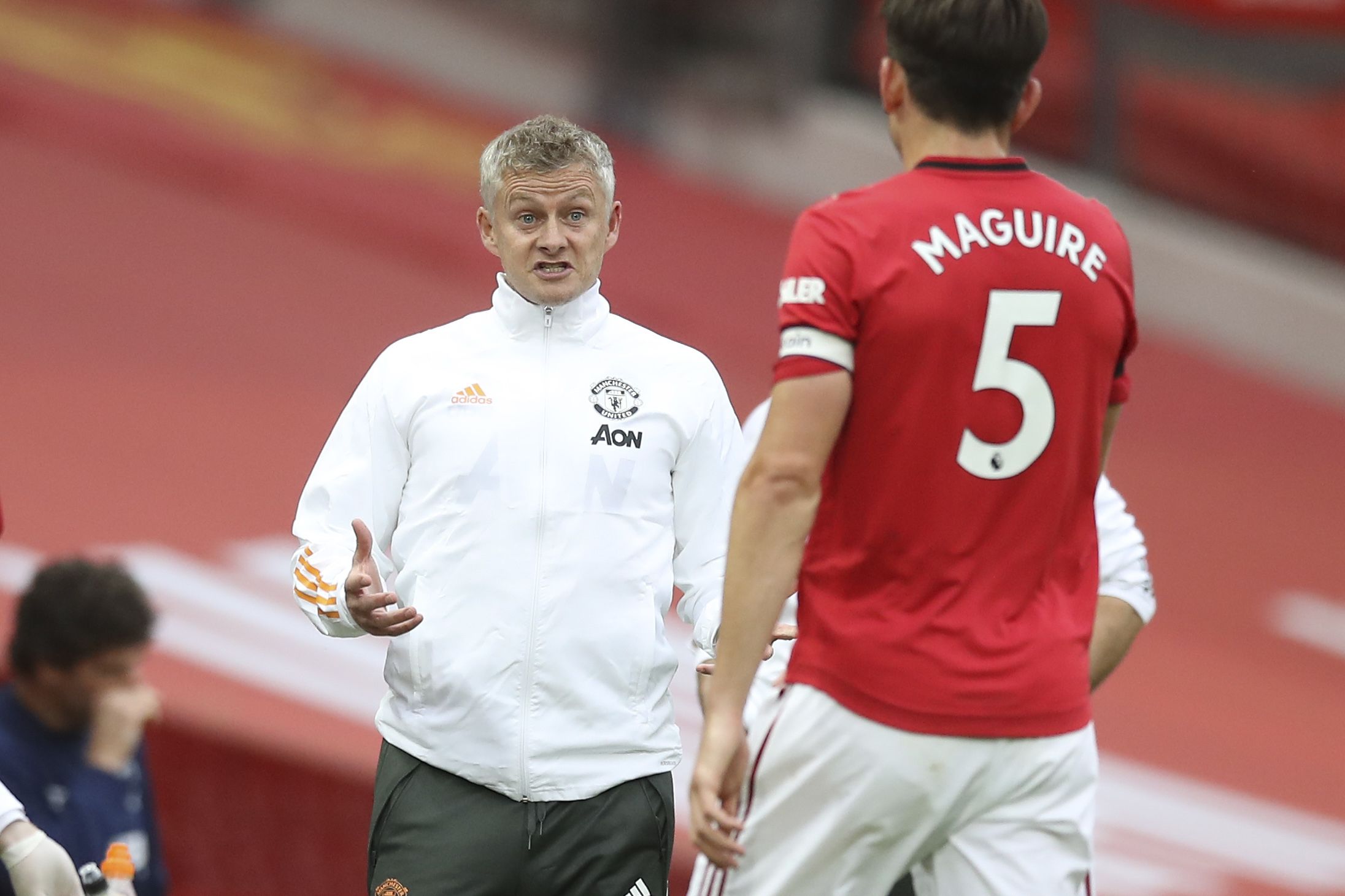
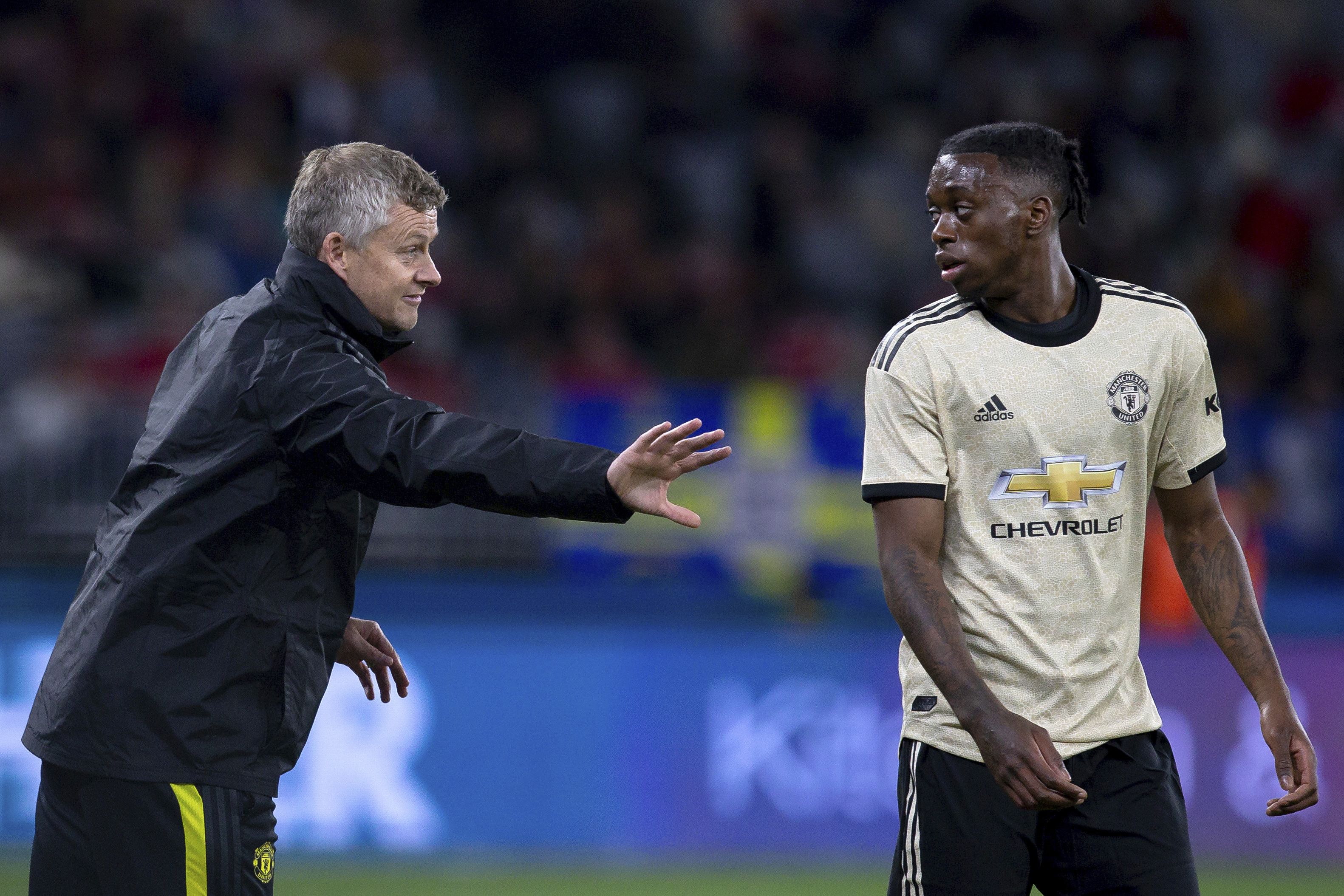
Large sums paid for Harry Maguire (£80m) and Aaron Wan-Bissaka (£50m) became rather expensive mistakes. But the signing of Bruno Fernandes (£67.7m) was a revelation.
"In the last 10 years, in terms of delivery of performances, and assists and goals, he has to be regarded as the best signing," says Neville. "He transformed the team under Solskjaer into something that looked like it was competitive again."
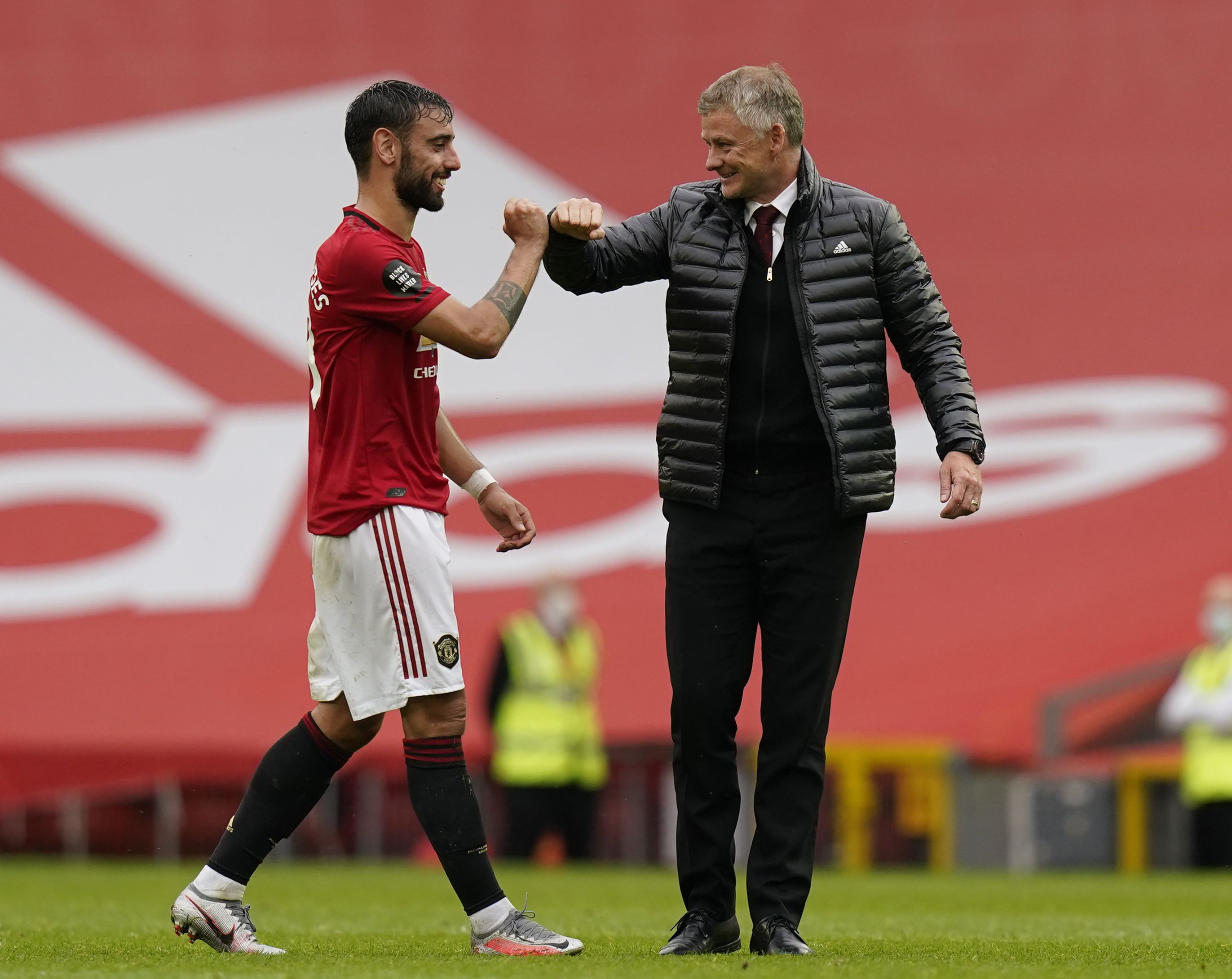
The Norwegian’s legend status afforded him patience others didn’t get when results deteriorated.
The ire of supporters overwhelmingly turned to the Glazers and Woodward as protests ramped up. Old Trafford's creaking structure became symbolic of the owners' neglect taking its toll on the club.
Masterminding the failed breakaway European Super League only added fuel to the fire. Even Woodward disagreed with the Glazers’ plan and stepped down.
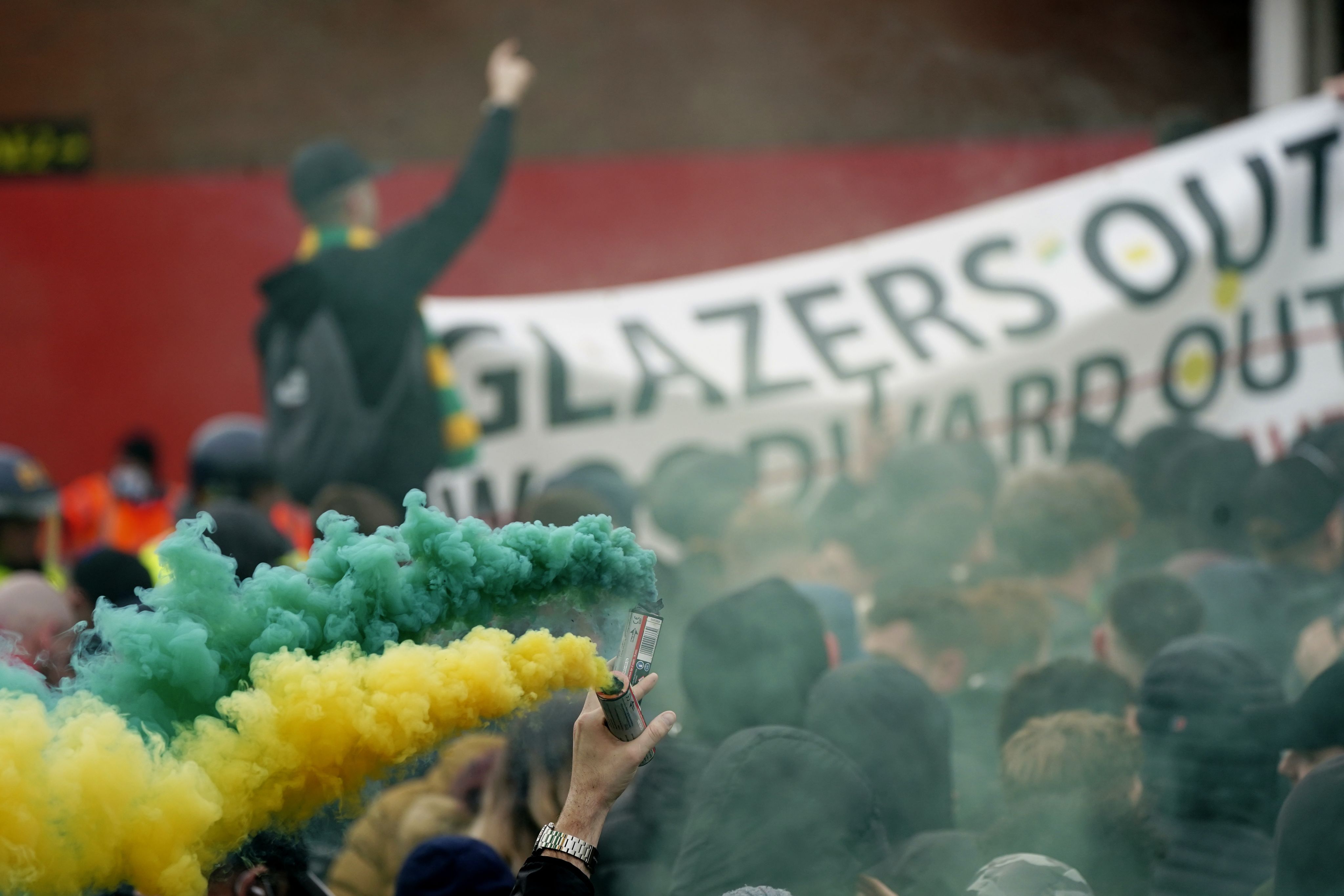
In spite of the growing tensions and the coronavirus pandemic, Solskjaer brought stability to United, but that proved to be his ceiling.
He qualified for the Champions League in every full season but never progressed from the group stages. He reached four semi-finals and a final but never won a trophy.
“He was a nearly man really,” says Jackson.
Losing the 2021 Europa League final on penalties to Villarreal with your goalkeeper missing the only spot-kick of 22 will certainly pay testament to that.
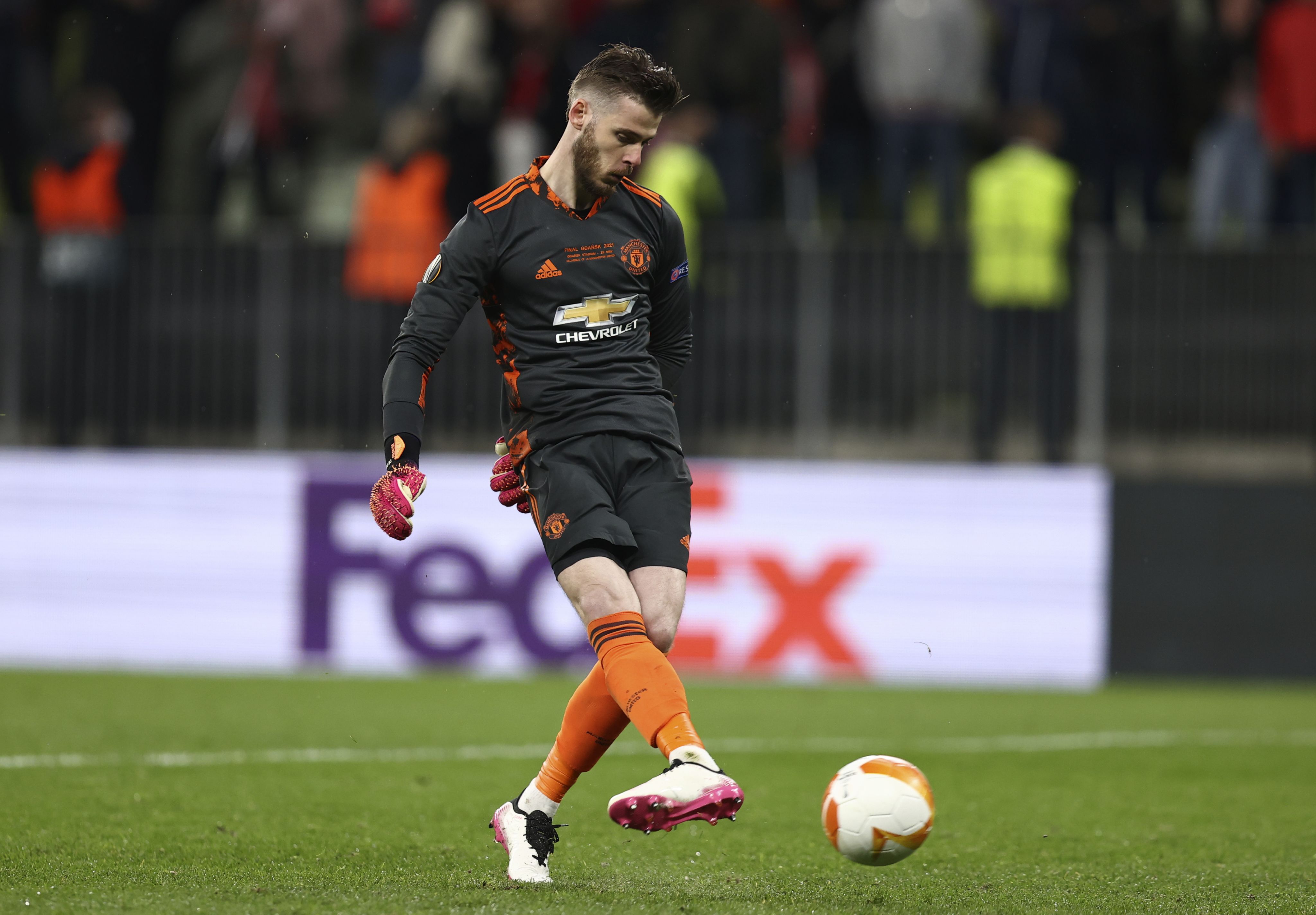
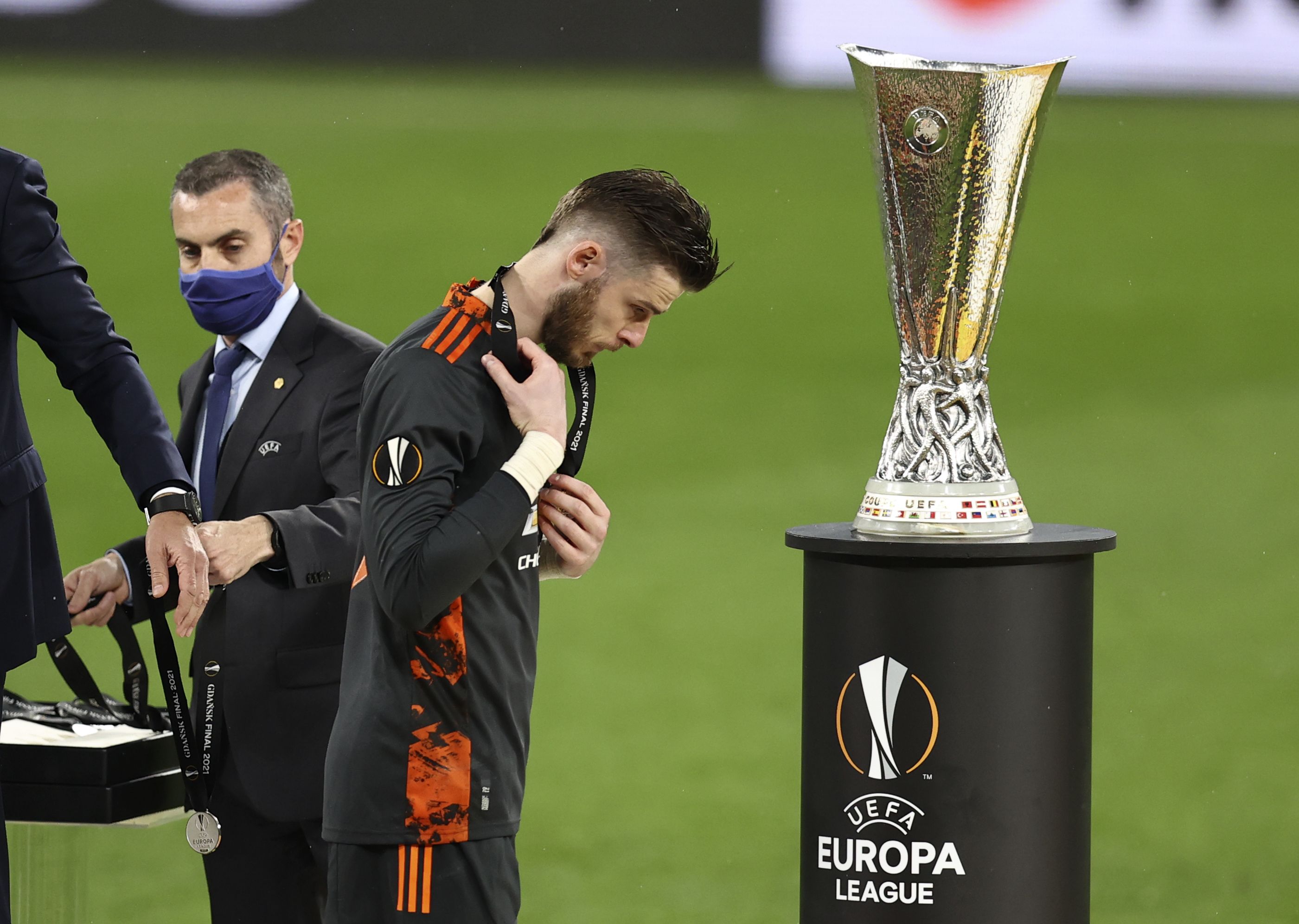
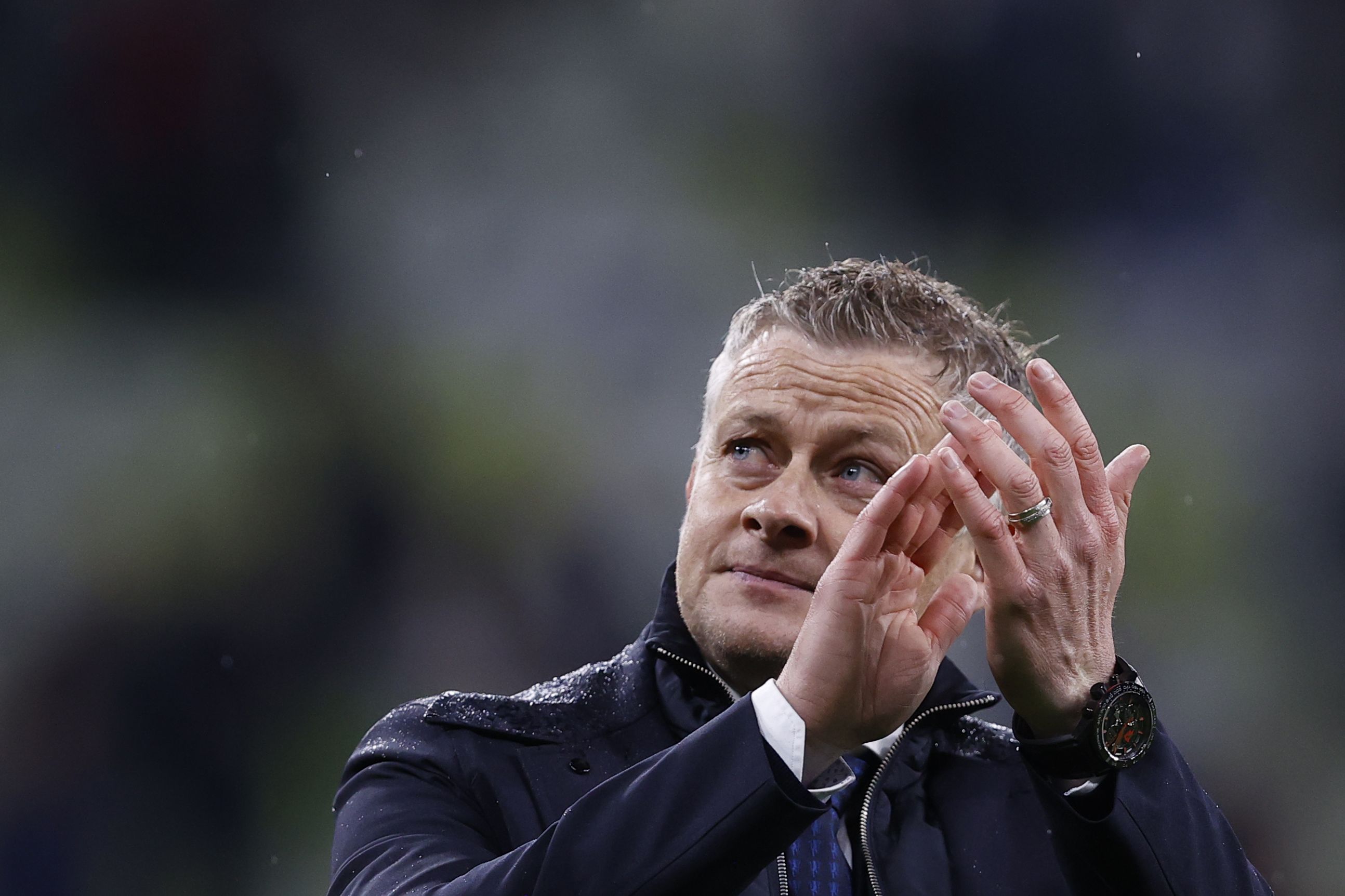
"That was the biggest disappointment of this period," Neville adds. "I thought losing that final could cause Ole a problem. He needed a trophy to get over the line. That was a big low."
The temptation of commercial revenue and social media clicks was too much for the Glazers to turn down when a 36-year-old Cristiano Ronaldo became available a few months later.
Overtures from City were exaggerated to coax United into a deal for the five-time Ballon d'Or winner.
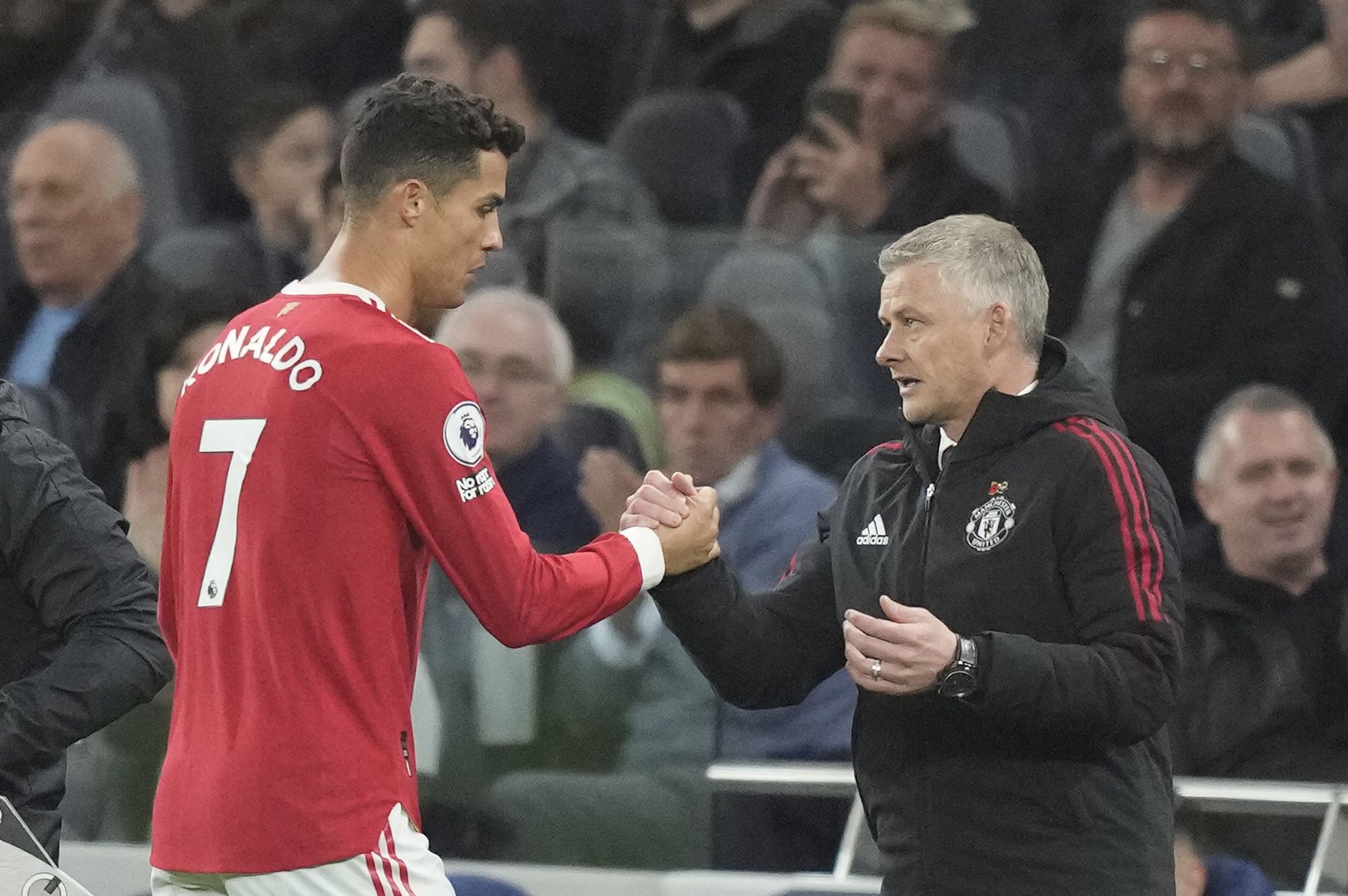
“Ronaldo was probably the final thing that sealed Solskjaer’s fate,” Jackson tells Sky Sports. “I think that's the signing that killed him. If he gets Declan Rice with that money, I think he’d have – not still been in a job but – lasted a lot longer.
“If Solskjaer really didn’t want Ronaldo he would have said no. As far as I understand Pep Guardiola said, 'No, thank you', to Ronaldo.”
The emotion of Ronaldo’s return was all consuming. Much like with Solskjaer’s appointment, nostalgia ruled the day and United became lost in tales of yesterday. Ronaldo’s lack of mobility meant Solskjaer had to rethink his whole approach.
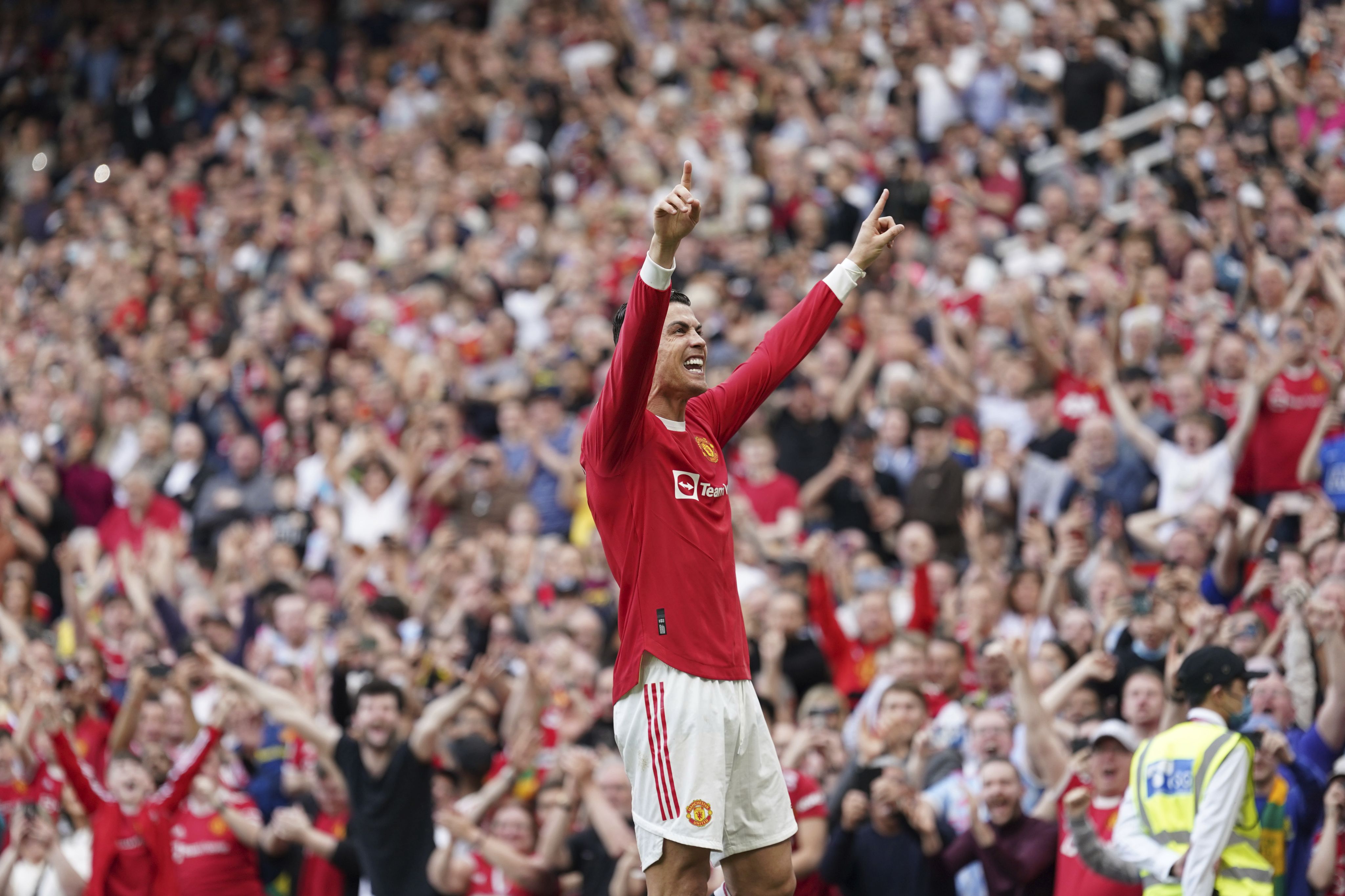
The present reality became ugly as thrashings by Liverpool and Watford saw off Solskjaer, who had eventually lost control of the wheel.
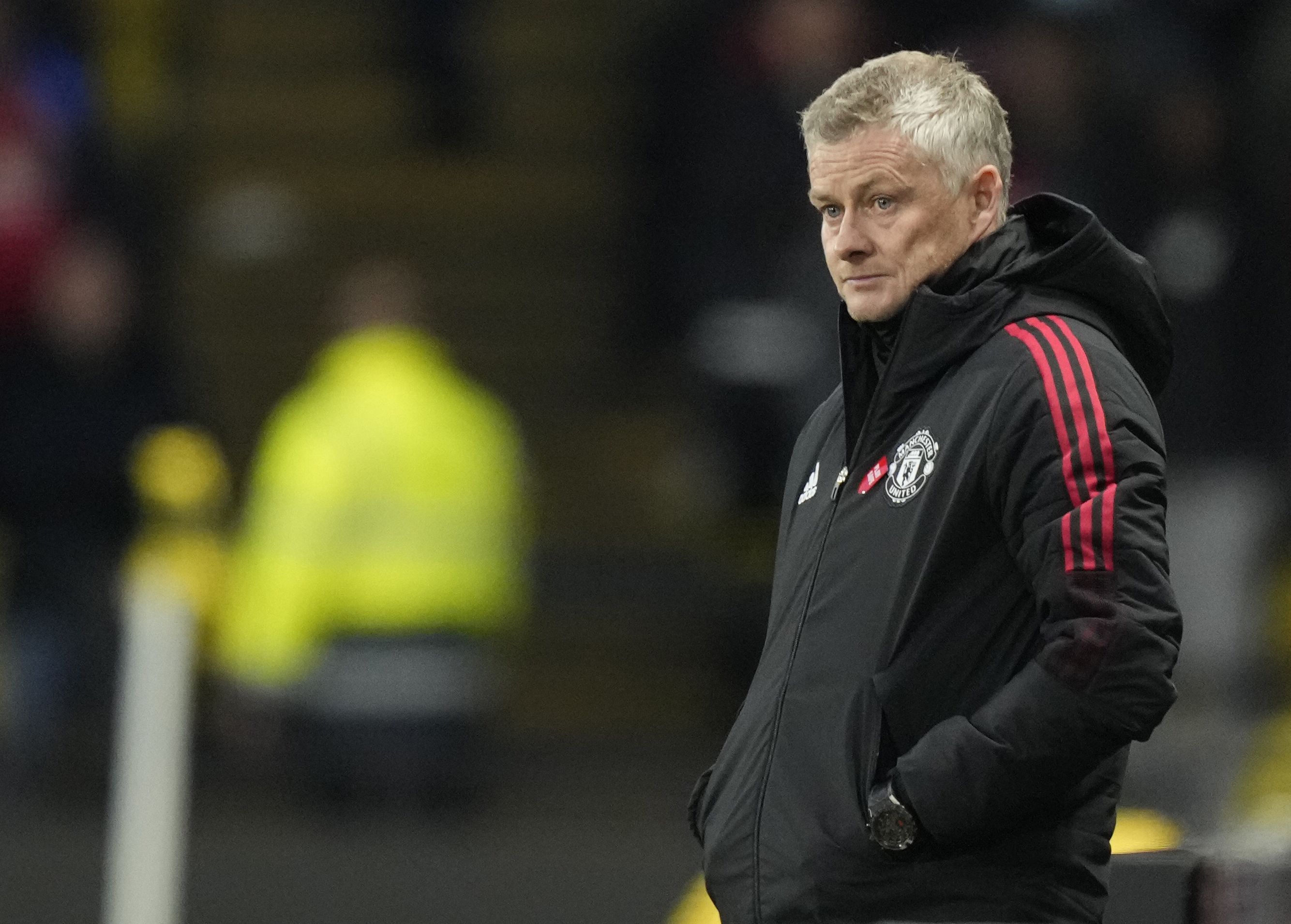
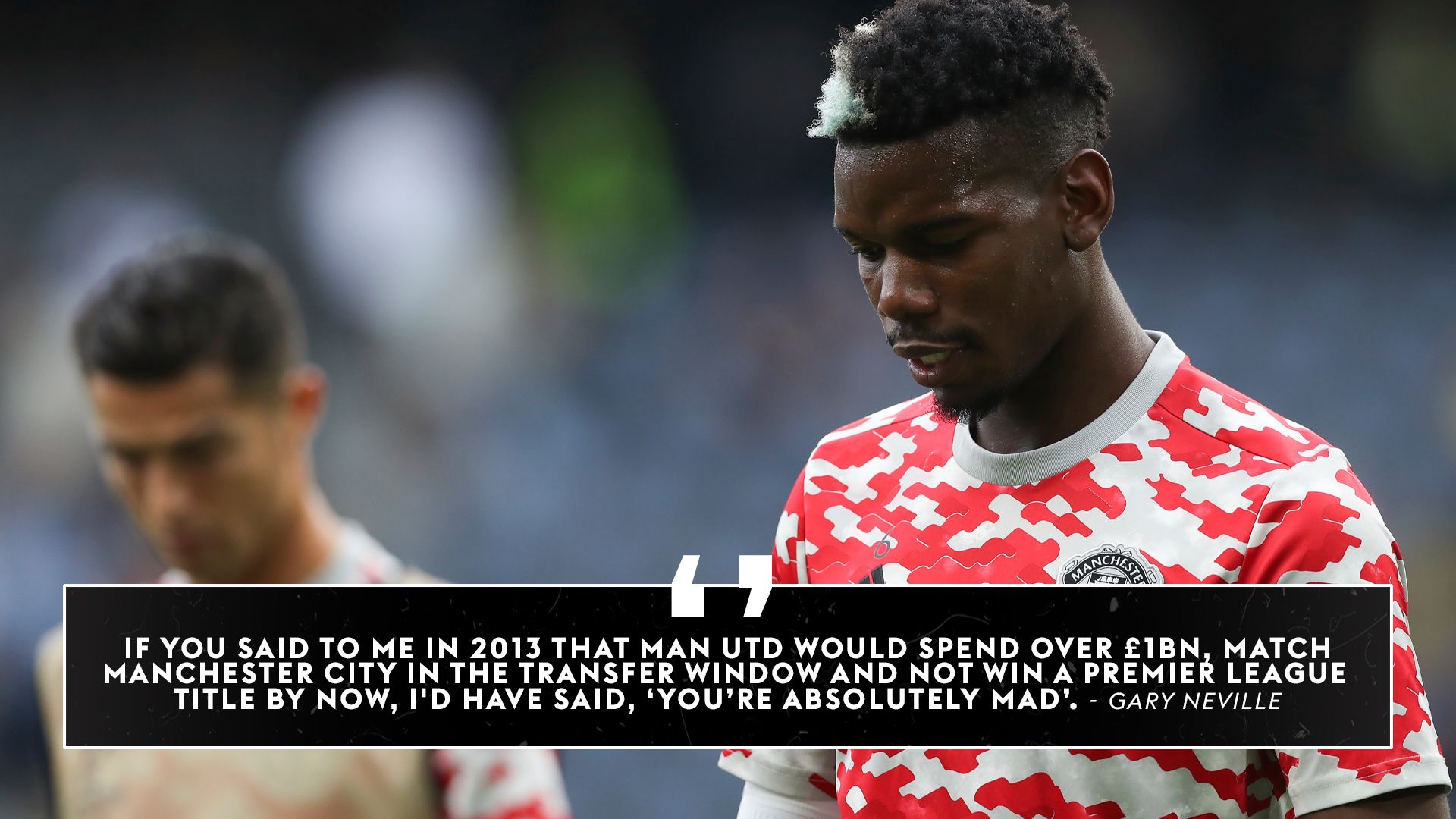
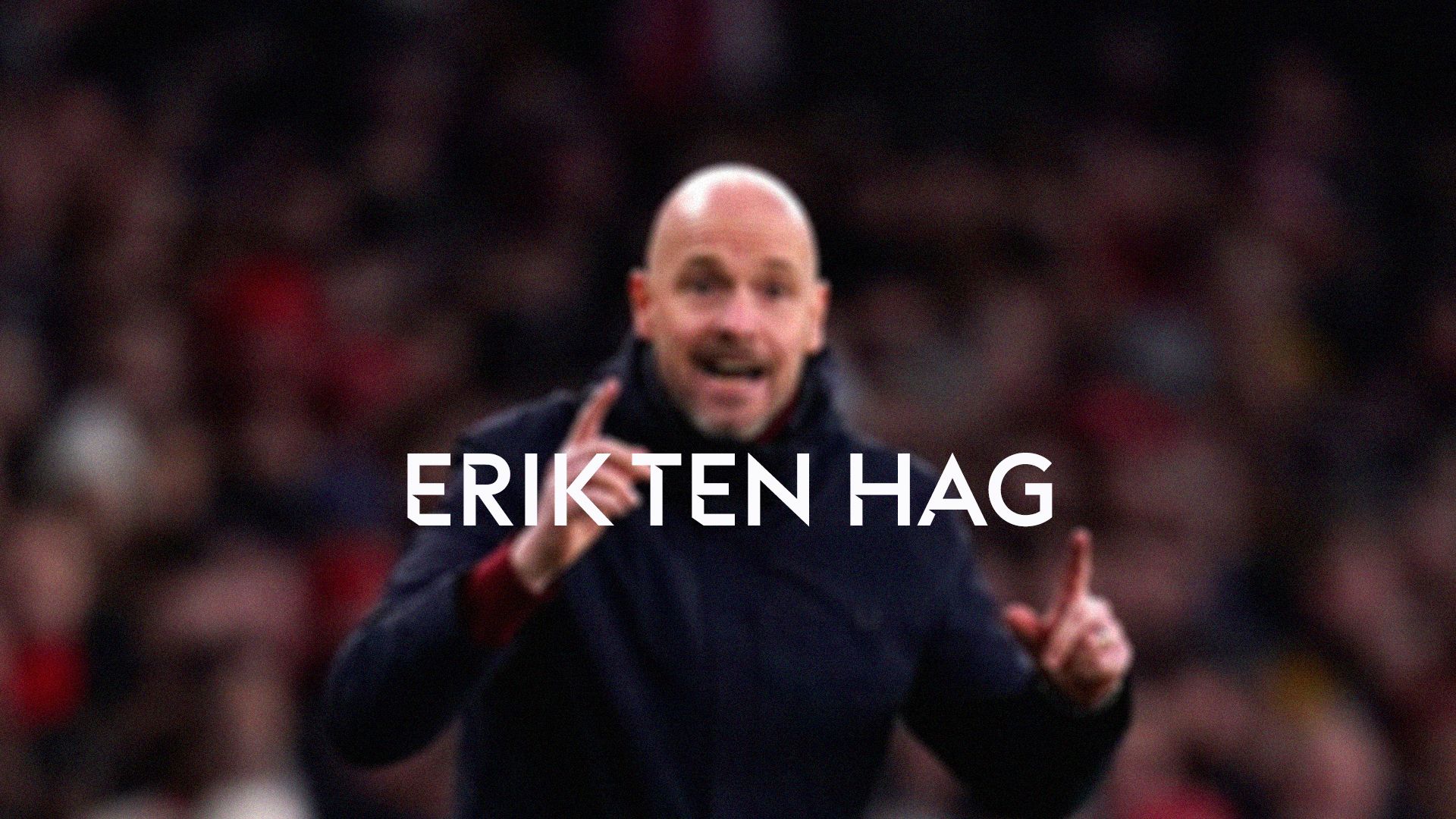
Erik's ten months
As Erik ten Hag said goodbye to the media at his post-match Wembley press conference and got up to go, he’d left something behind. It was the Carabao Cup.
Once the chuckling journalists in the front row let him know, the Dutchman shrugged his shoulders and revealed a mischievous smile.
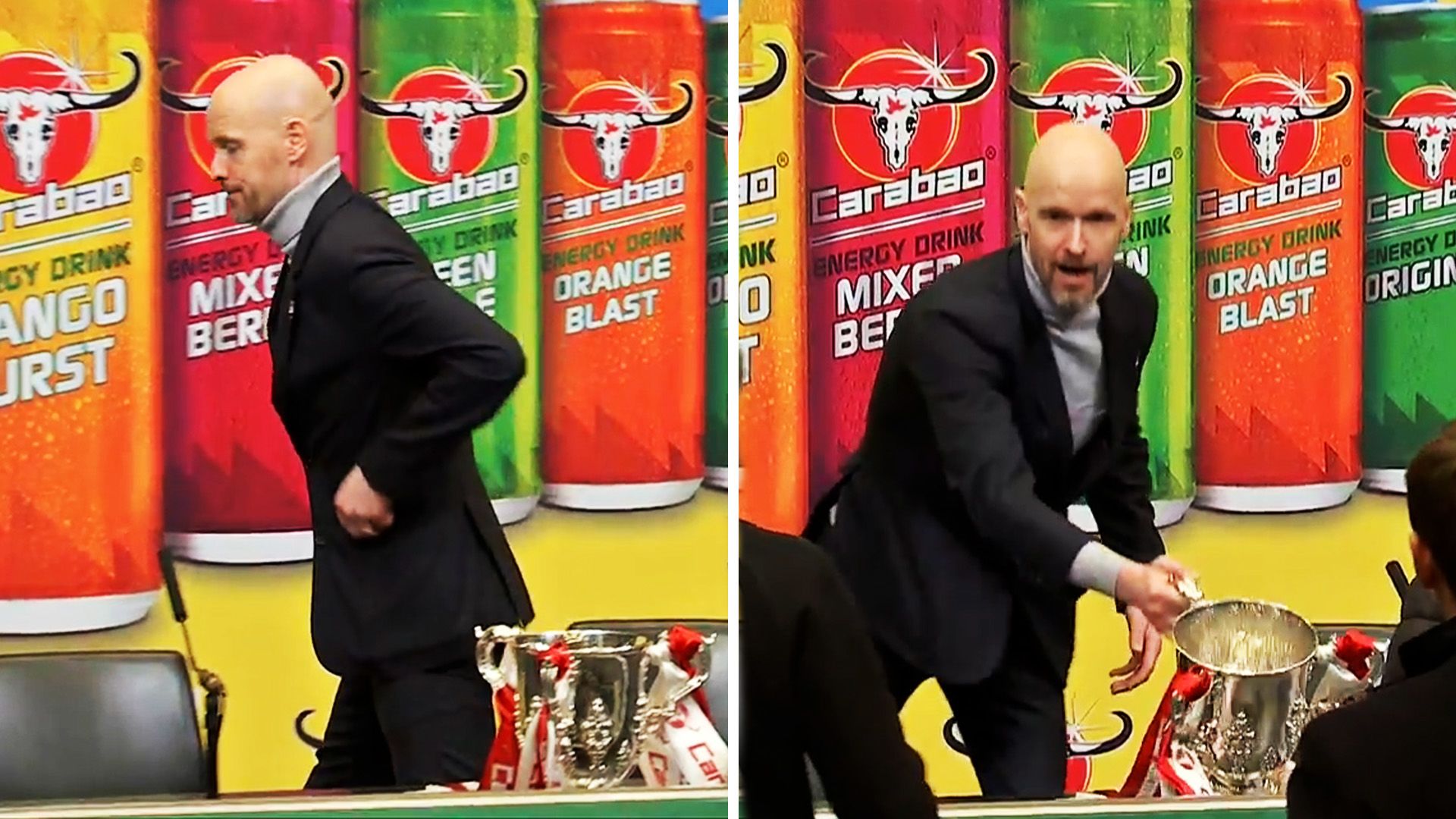
“I can leave it because we go for the next cup,” he said after the 2-0 win over Newcastle which ended the club's six-year wait for a trophy. Laughing along with the room, he added: “This one is in.”
Ten Hag was only half joking. Although he wouldn’t say it outright, there was an unfamiliar feeling of something special brewing at United. The man some predicted would become 'Erik Ten Months' was proving the doubters wrong.
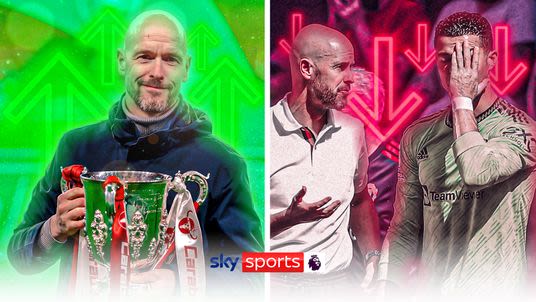
But other managers had stood in Ten Hag’s shoes before and new dawns were exposed to be false dawns.
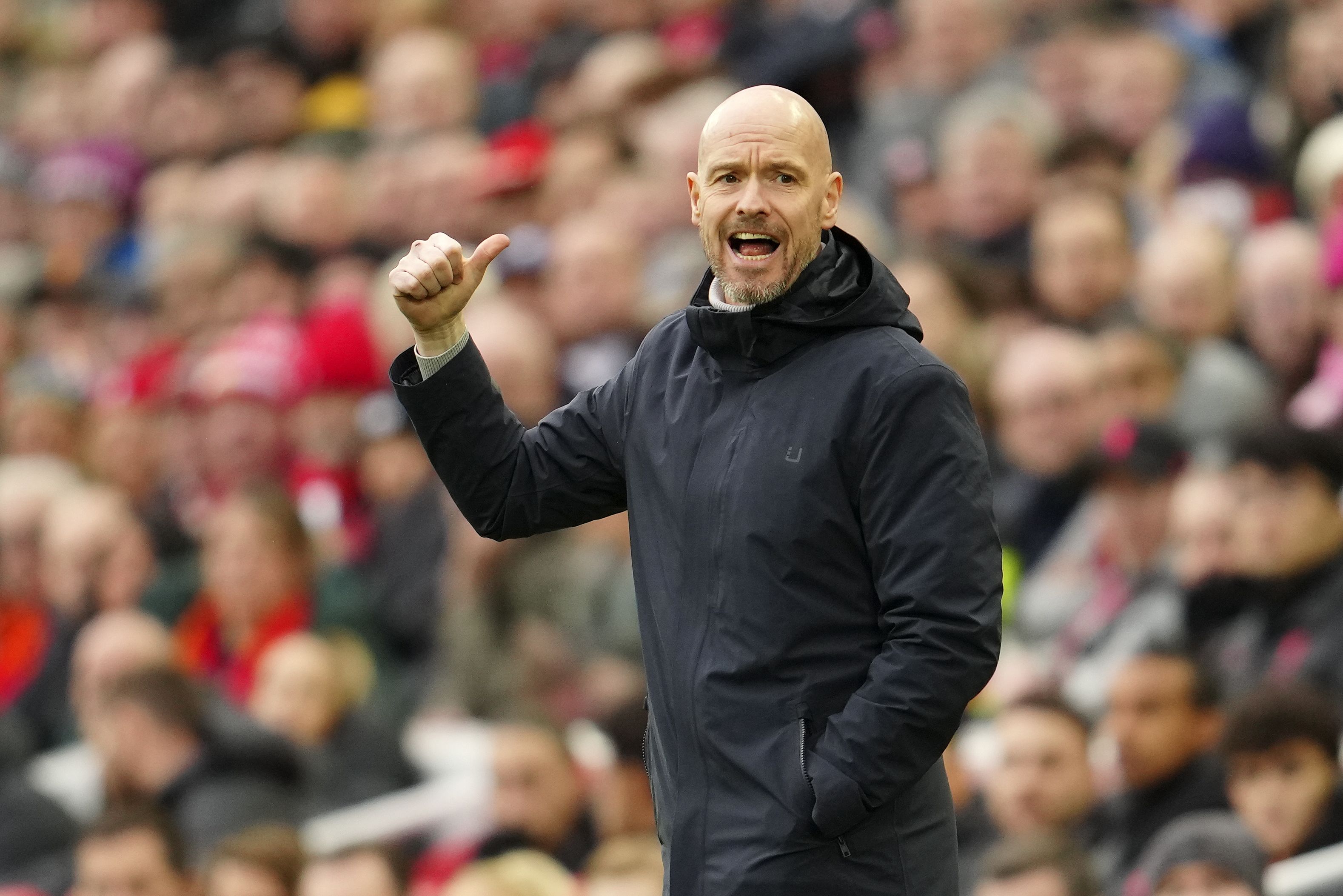
Van Gaal quite literally sat in the same seat with the FA Cup plonked in front of him and was sacked later that day. Mourinho’s success in the League Cup could only propel him as far as the Europa League. Solskjaer couldn't quite get over the line. Moyes never had a chance.
“If you compare the others with Ten Hag it’s apples and pears really,” says Jackson. “They almost seem to have got the right guy by accident 10 years later.”
Ten Hag had inherited a team that recorded United’s worst season in the Premier League era with the Ralf Rangnick experiment spectacularly blowing up in the faces of the club’s hierarchy. Rangnick was discarded after a disastrous six-month spell as interim before he could take on a planned advisory role.
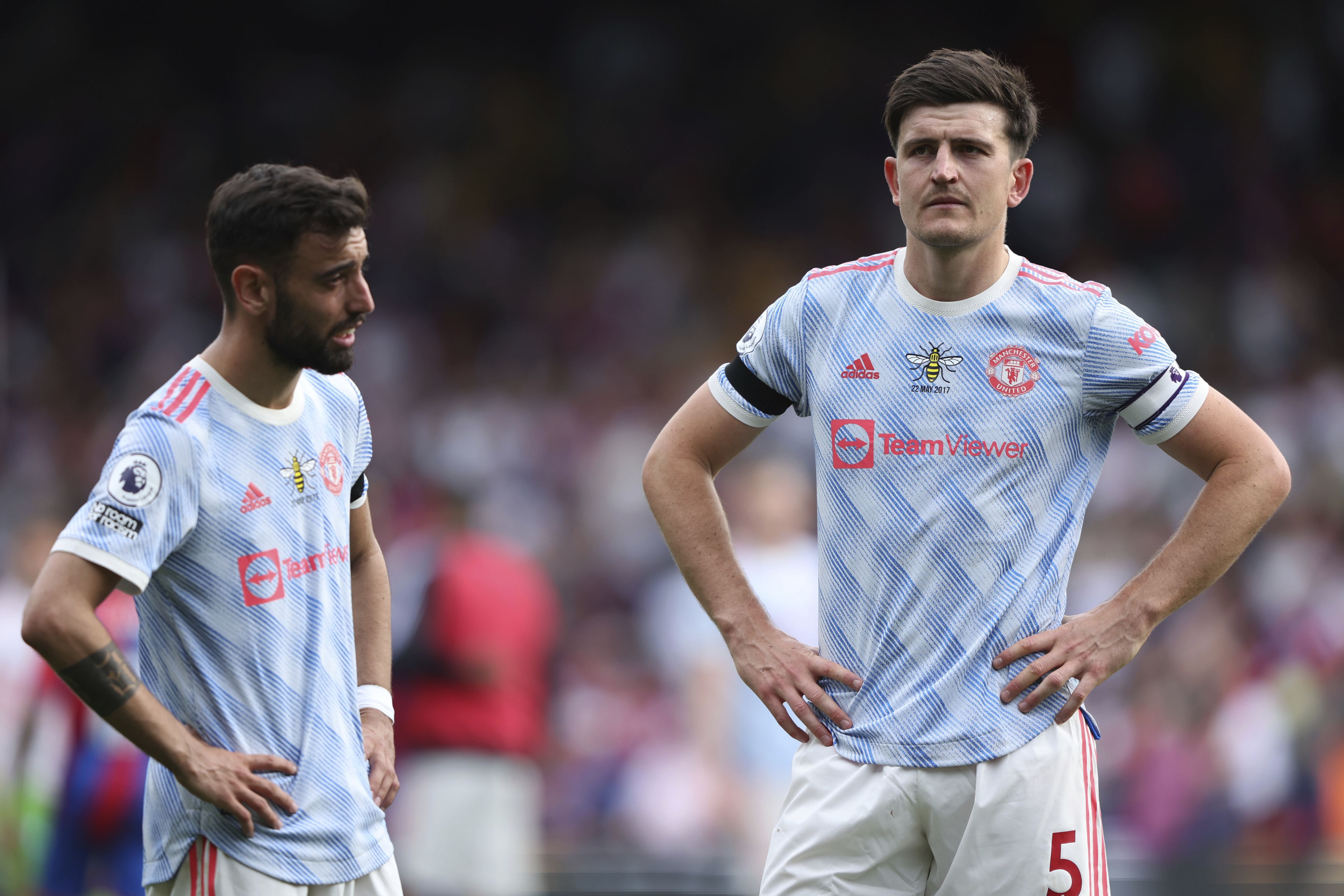
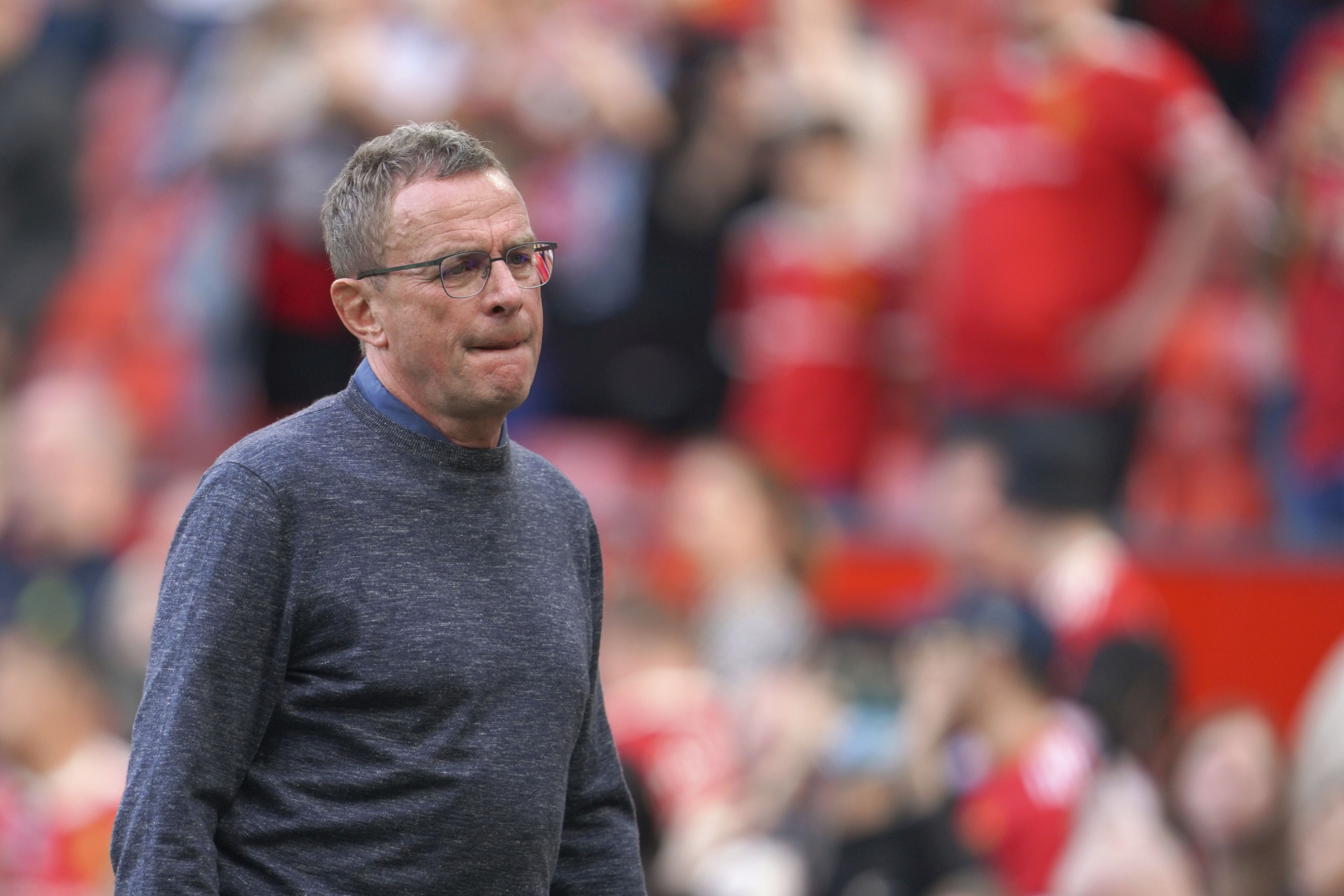
Rangnick wasn’t without use, though. His honesty about the size of the task facing Ten Hag was a refreshing change from Solskjaer’s approach of handling matters in-house and laid bare the inadequacies of United's structure.
“If Rangnick was never going to get the job permanently, maybe he did the right thing to be honest," says Jackson. "He tried his best and saw it wasn’t working and maybe sorted it out for the next manager."
As Rangnick predicted, Ten Hag’s tenure has been fraught with challenges. But by swiftly seeing off Cristiano Ronaldo after his explosive interview with Piers Morgan, making the right signings and revitalising under-performing stars like Rashford, the Dutchman has risen to the challenge.
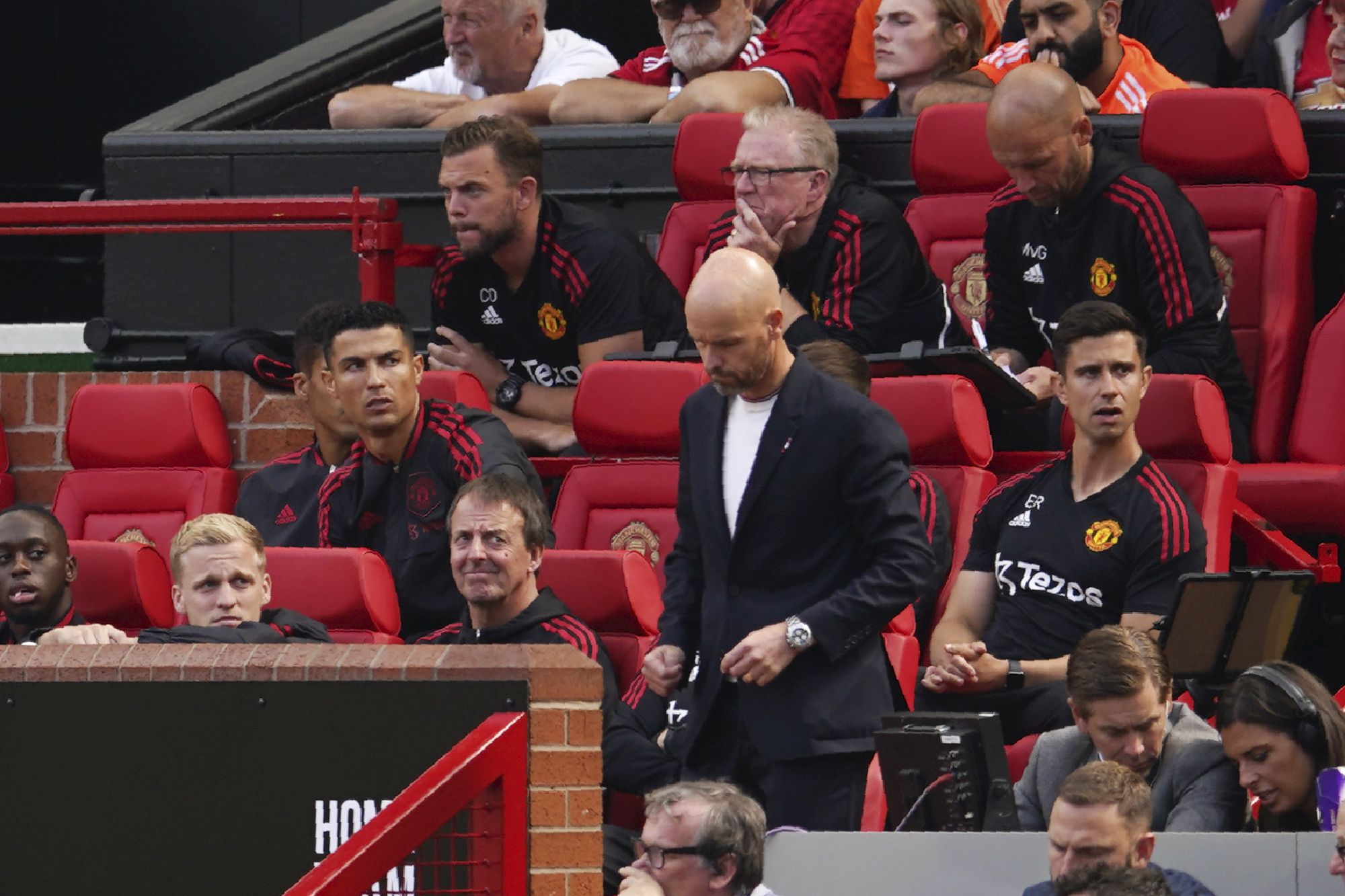
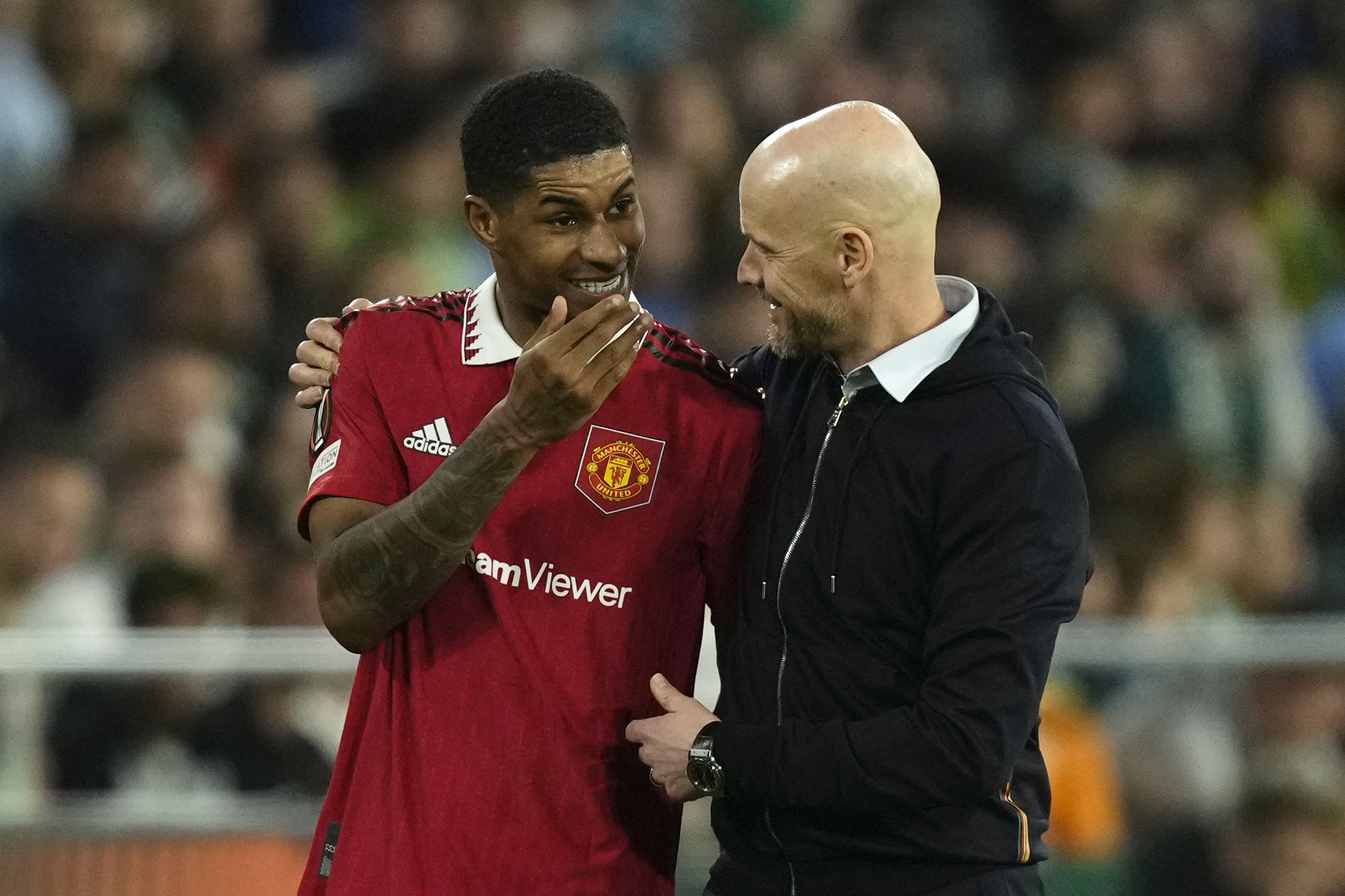
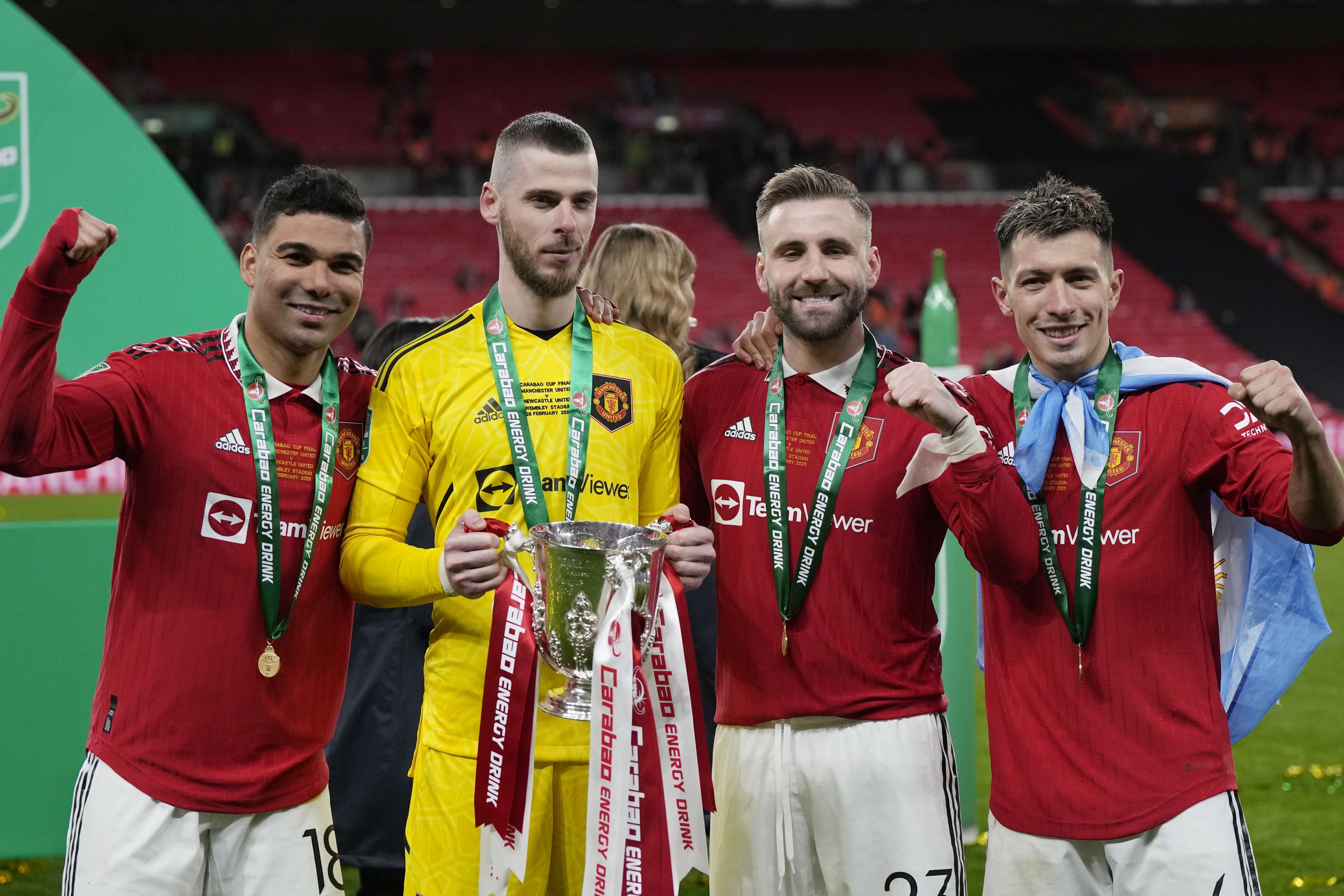
The decision to suffer with the players, joining them on an eight-mile jog after losing 4-0 at Brentford, was a turning point. And, although there been numerous set-backs since then - none more damaging than the 7-0 at Anfield - there's always been a response.
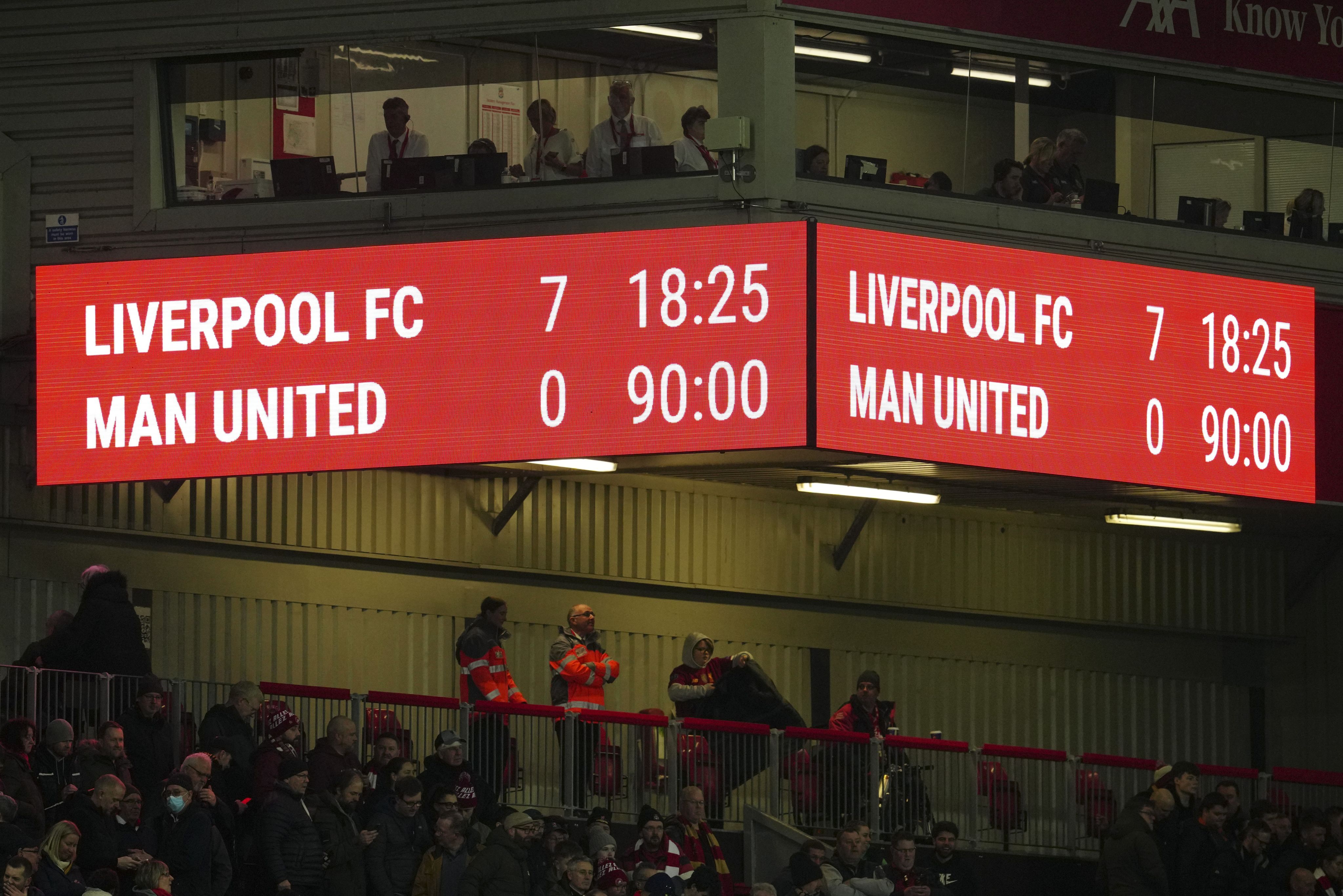
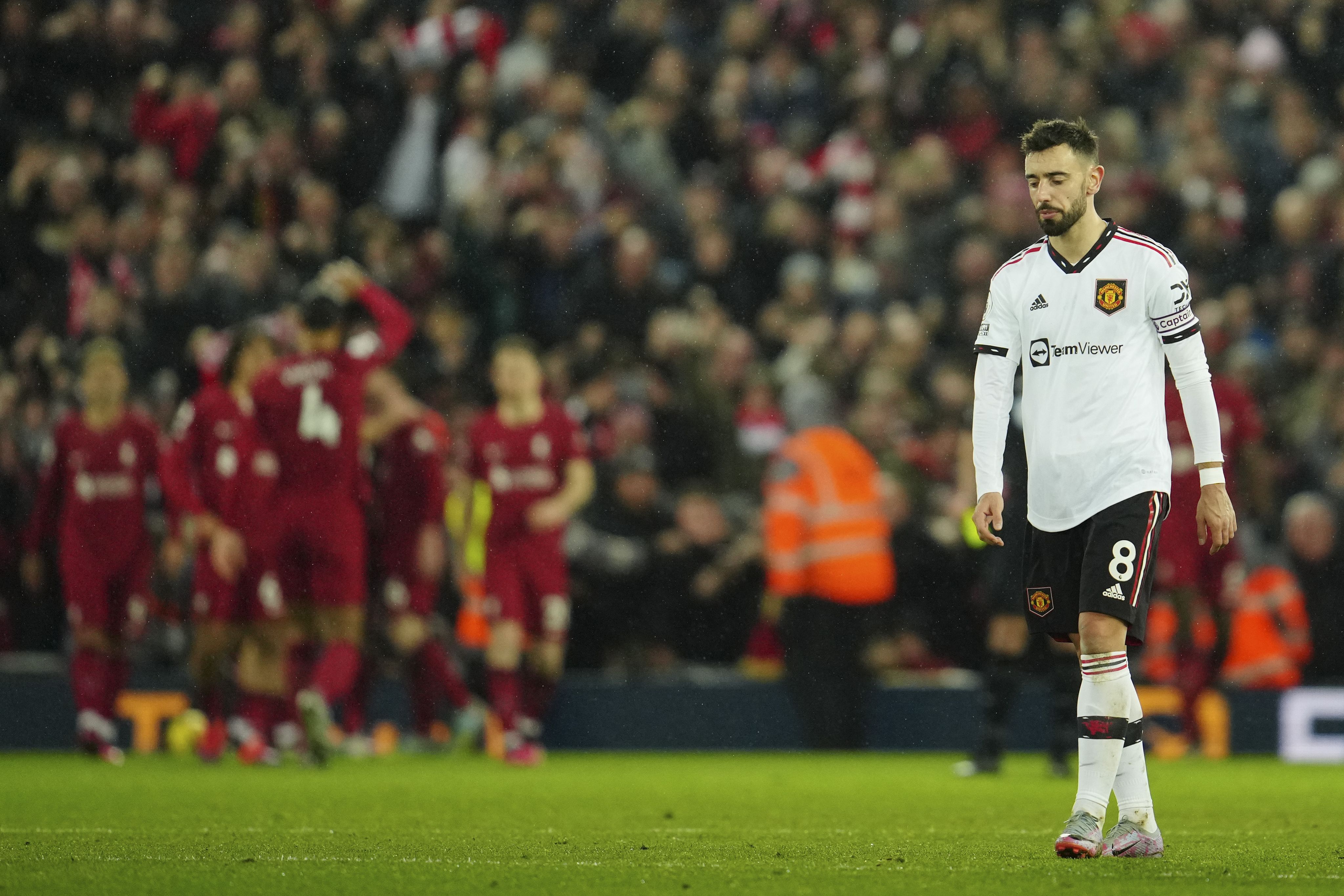
"They were on a sliding slope after Sir Alex left and that continued until now with a few little up turns," says Meulensteen. "Now with Ten Hag you see the plateauing. I think everyone at Man Utd is feeling it's about time things stabilised. When trophies aren't being won there will always be scepticism."
United are on course to return to the Champions League and could still finish the season with two trophies. Wins over Mikel Arteta, Jurgen Klopp, Antonio Conte and Pep Guardiola highlight the progress that's being made under Ten Hag.
But there's still a lingering uncertainty at Old Trafford which is out of the manager's control.
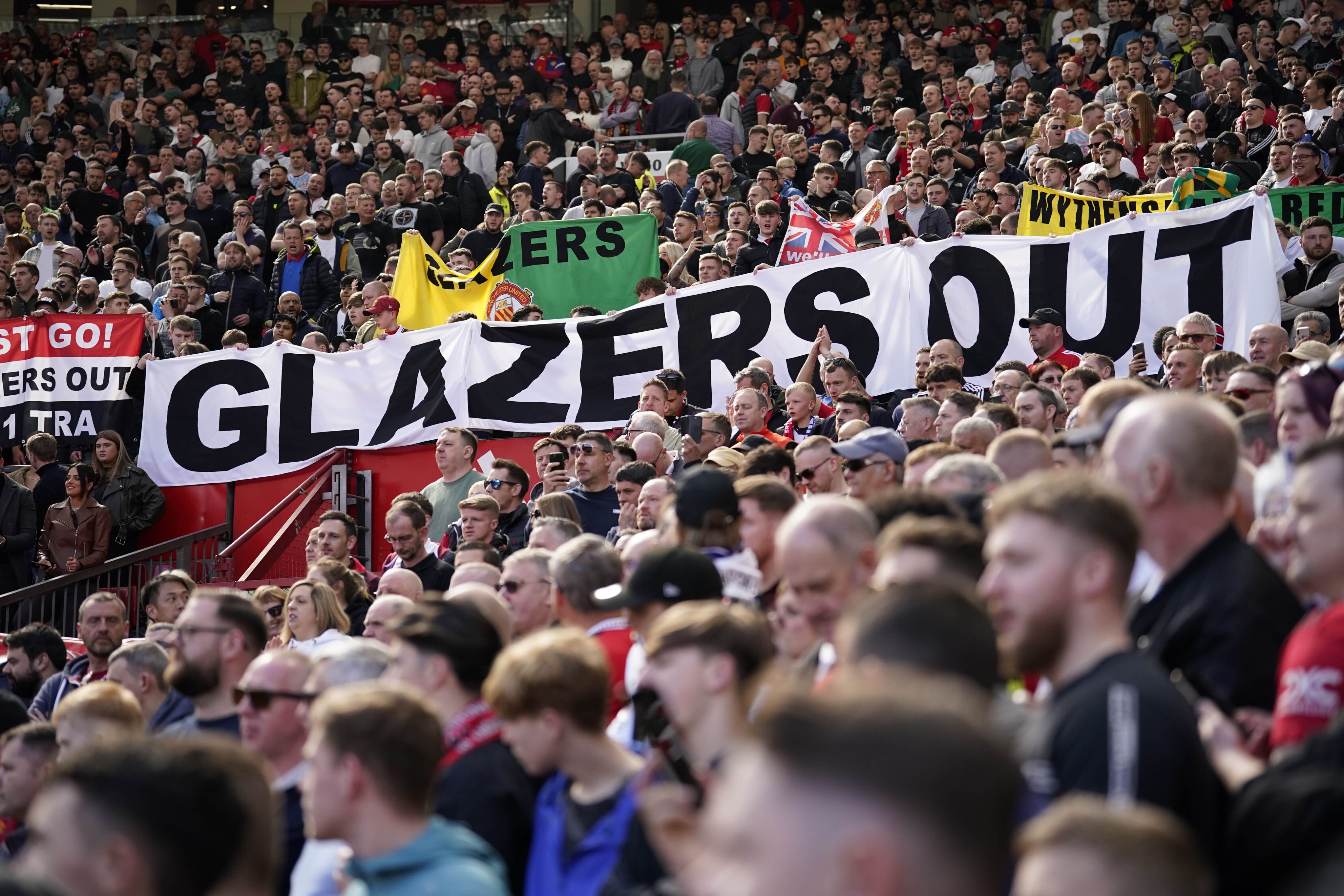
"It's absolutely unanimous now, it's emphatic, the club needs new ownership," says Neville. "The owners haven’t got the money to put into a new stadium, they haven’t got the money to put into a new training ground, they’ve increased the debt and it's time for a new chapter."
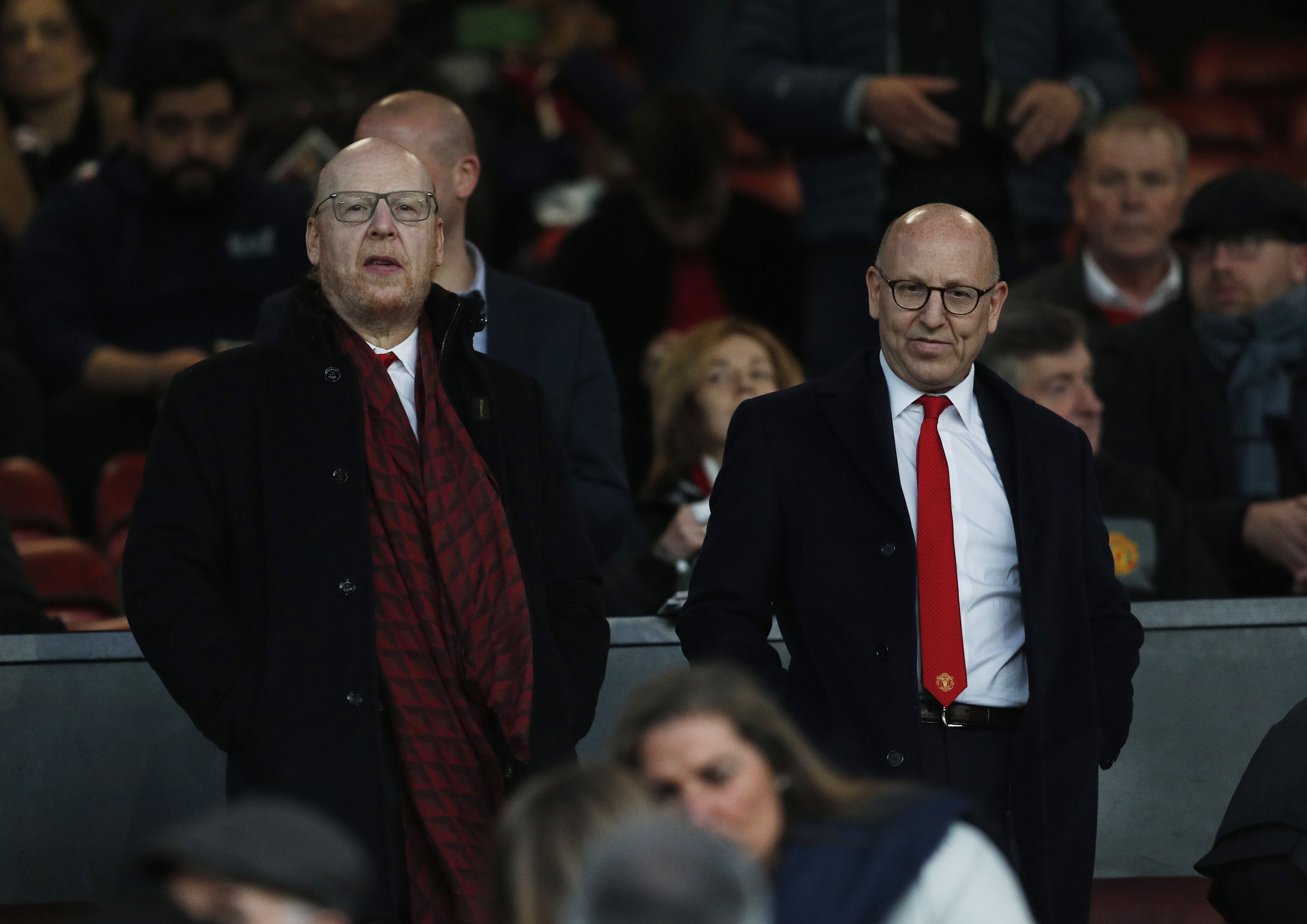
The Glazers are entertaining offers but dragging their heels as they wait for someone to meet their steep £6bn valuation. Fans are overwhelmingly calling for a takeover, but the potential of external investment allowing the Americans to keep hold of United remains a distinct possibility.
"The Glazers have continued to plough money into the squad but not their own money, and the club are now nearly £1bn in debt," says Neville.
"It’s been a really difficult period. Hopefully the club are coming out of it with new ownership and a manager that looks like he has the bit between his teeth to succeed."
In Ten Hag it is widely accepted that Man Utd have finally landed the right manager. However, the future of the club's ownership is bound to be a decisive factor in his pursuit of restoring Man Utd to former glories.
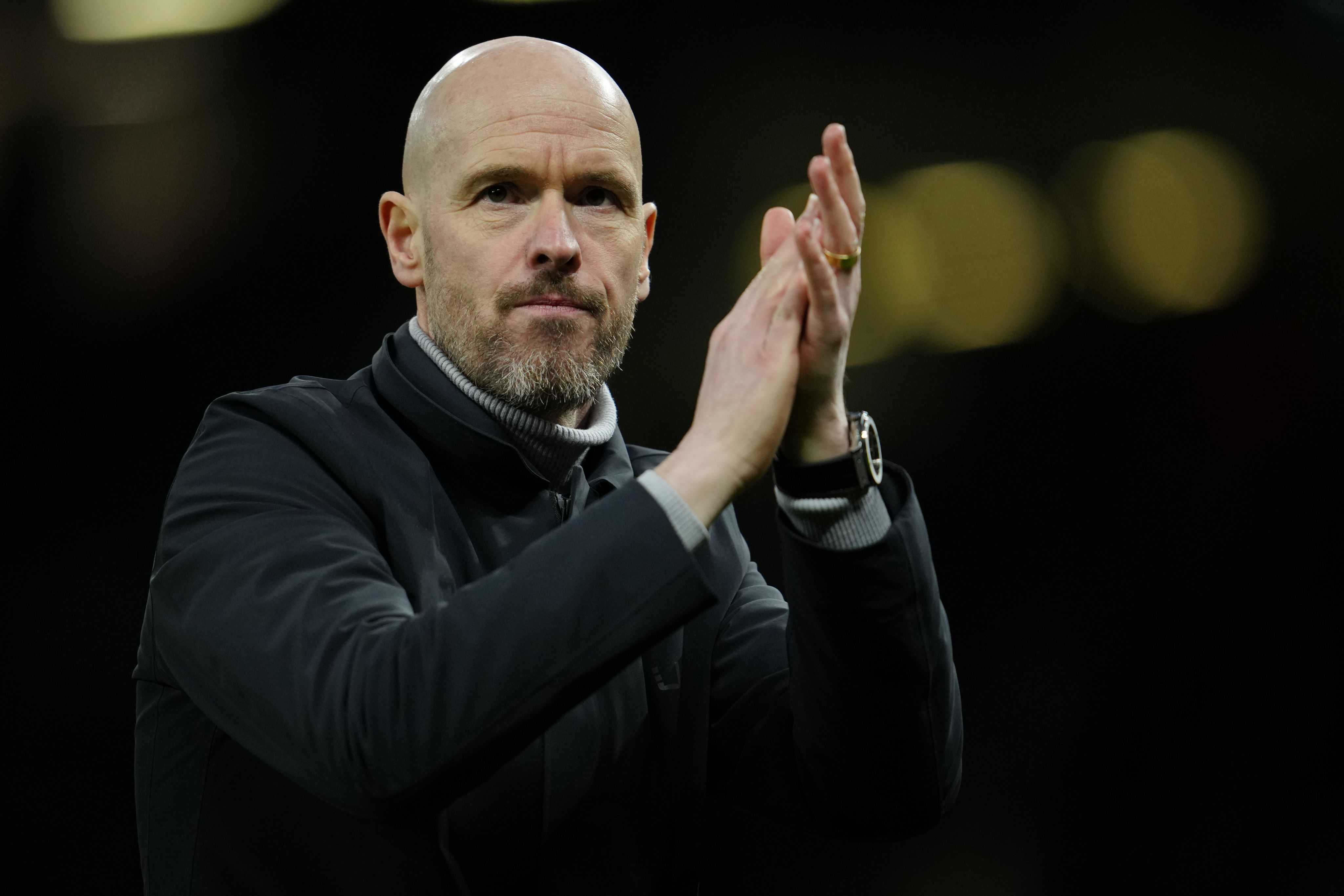
Ten Hag knows the Carabao Cup is not enough, though. If that proves to be the extent of his success, just like the trophy, he too will be left behind.
